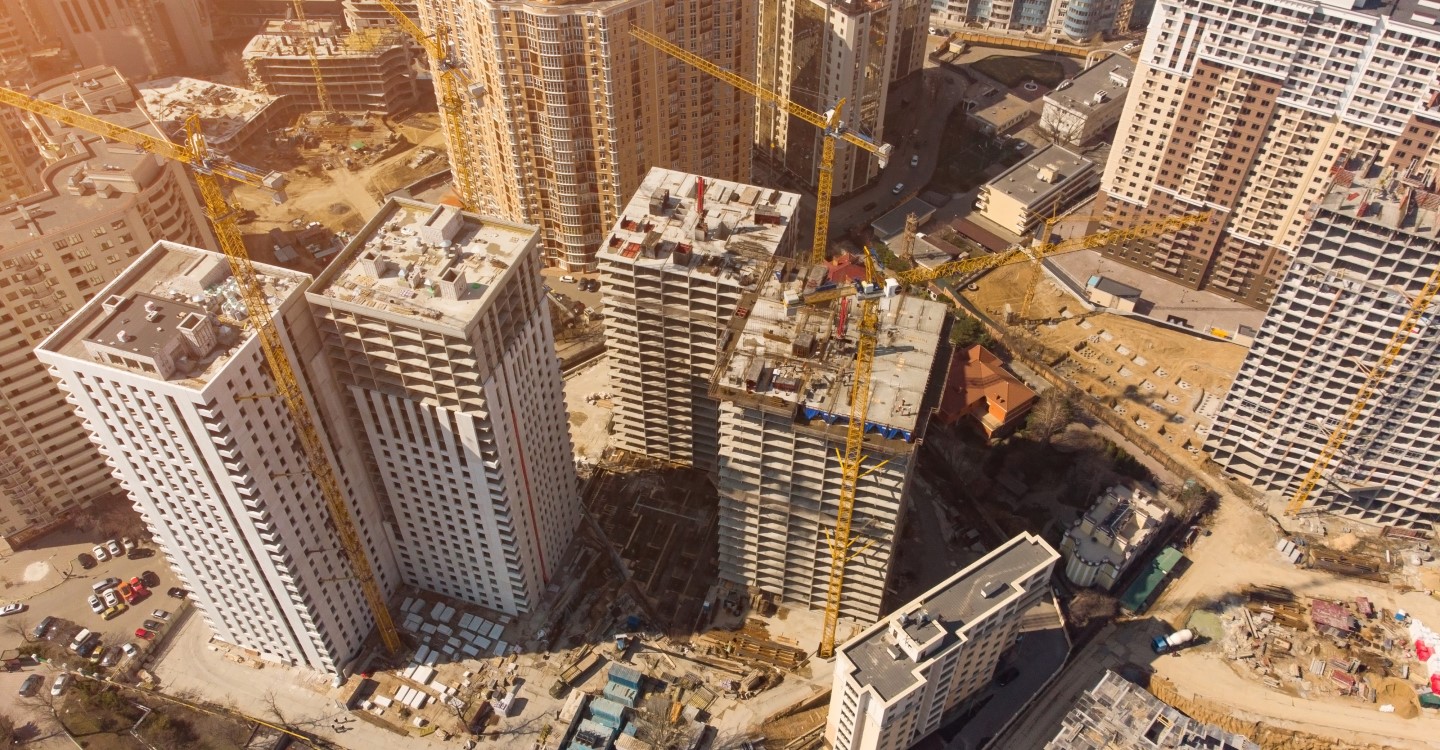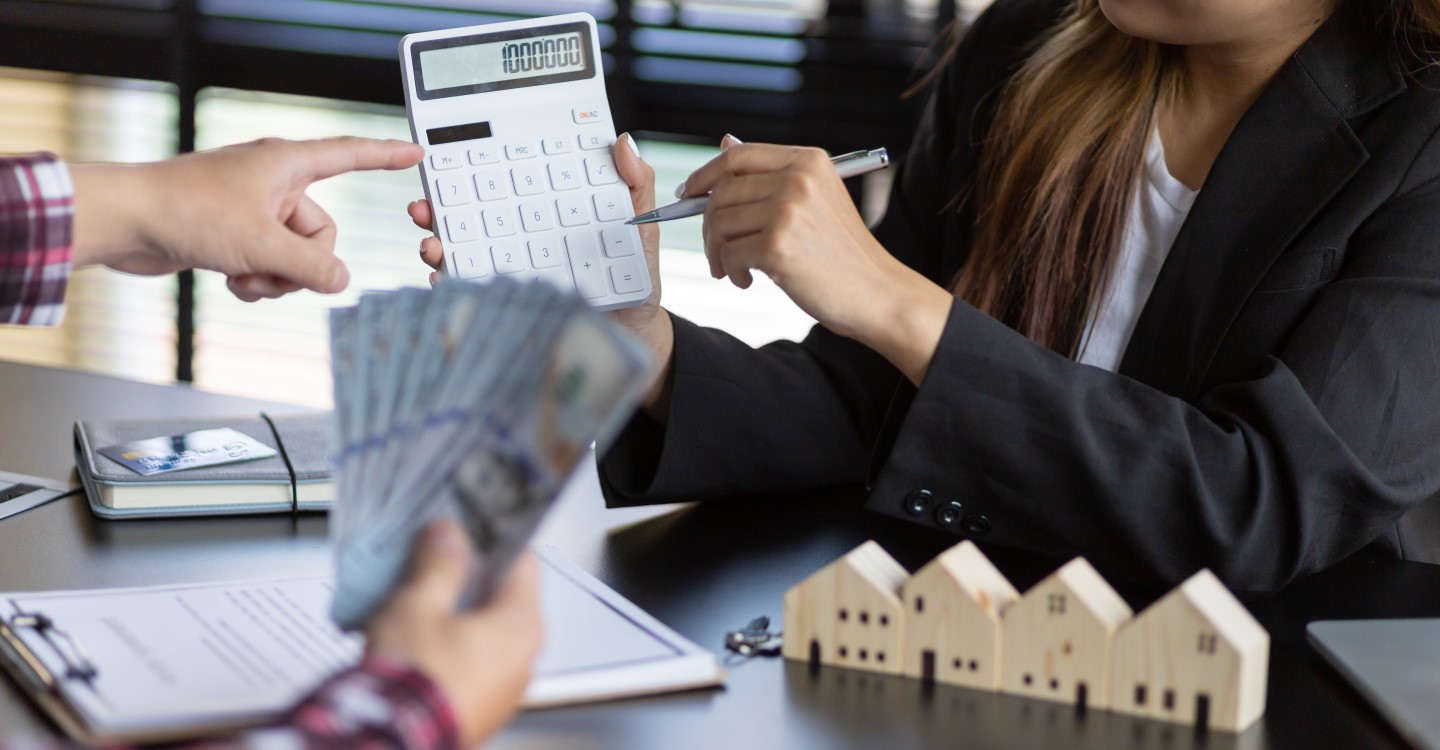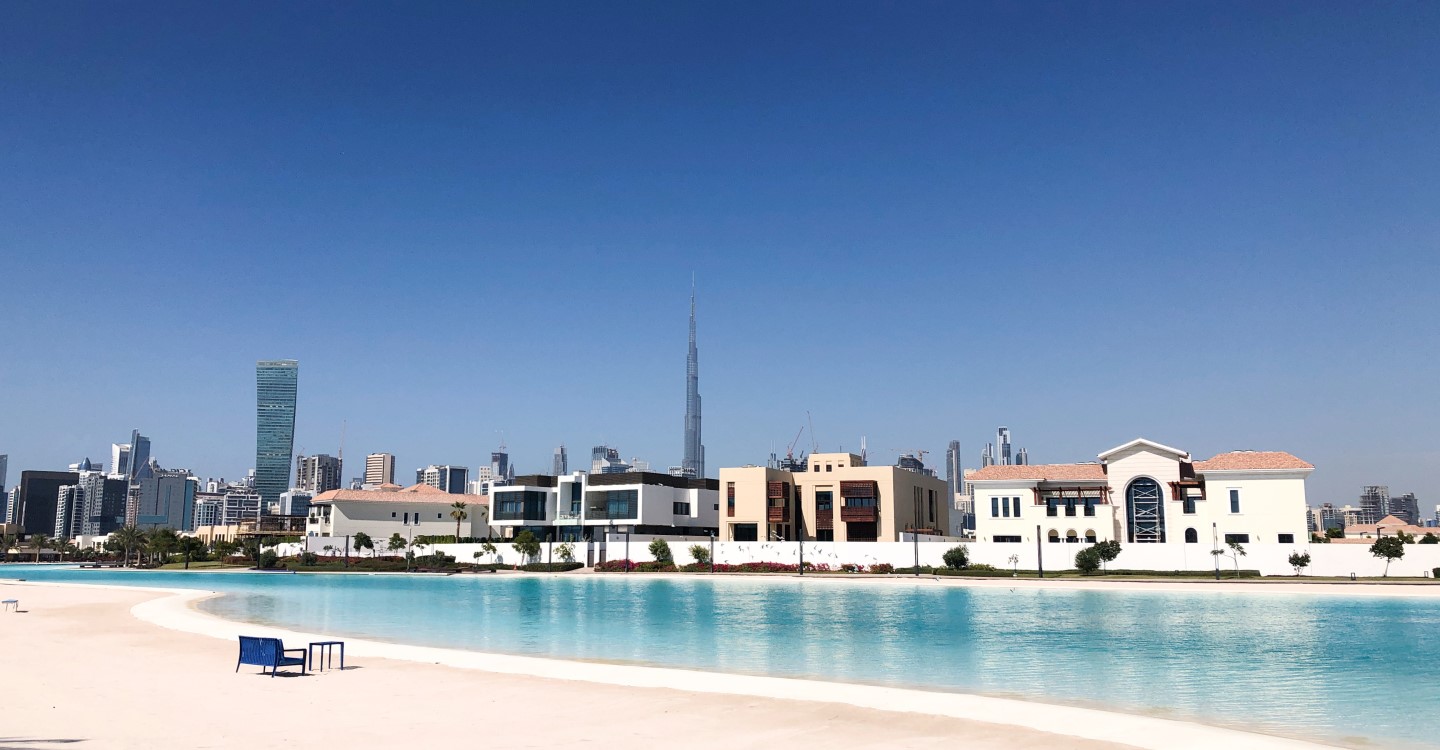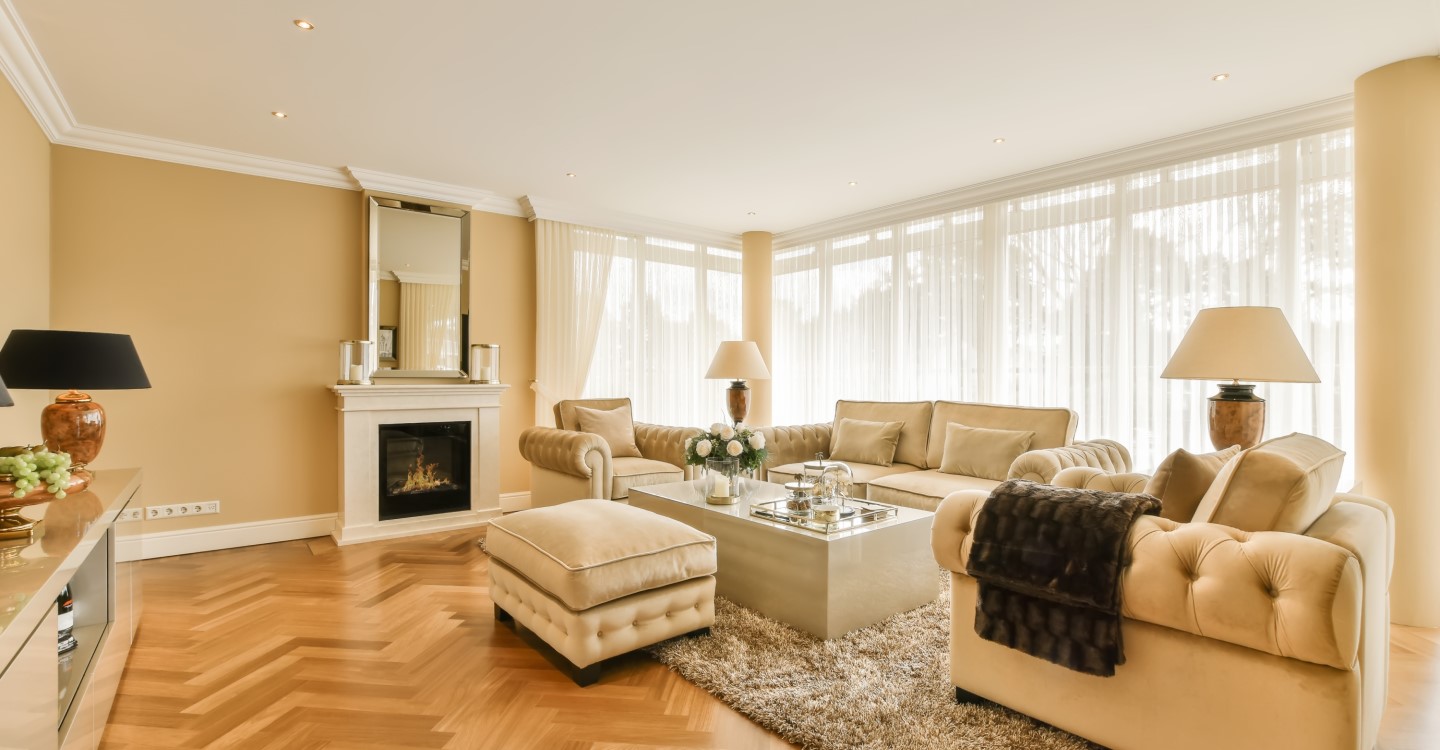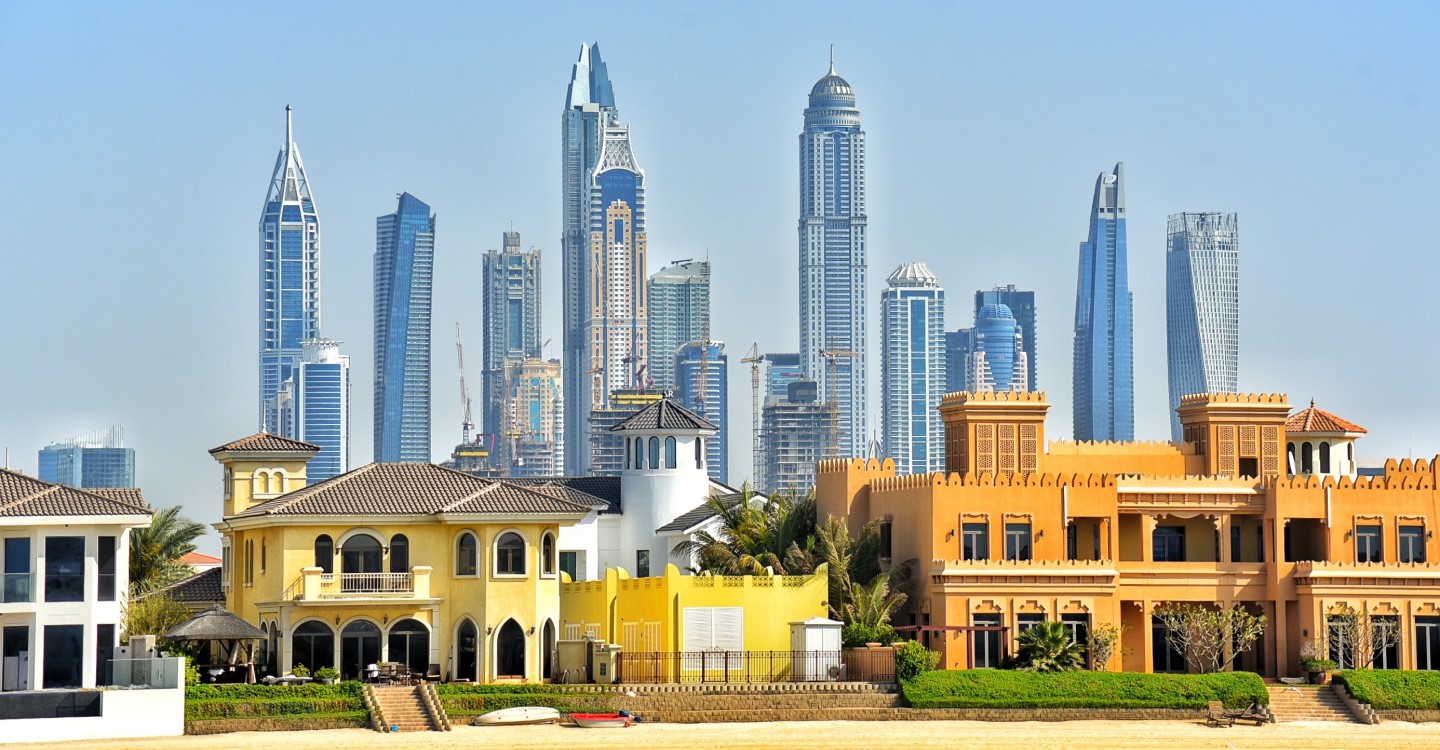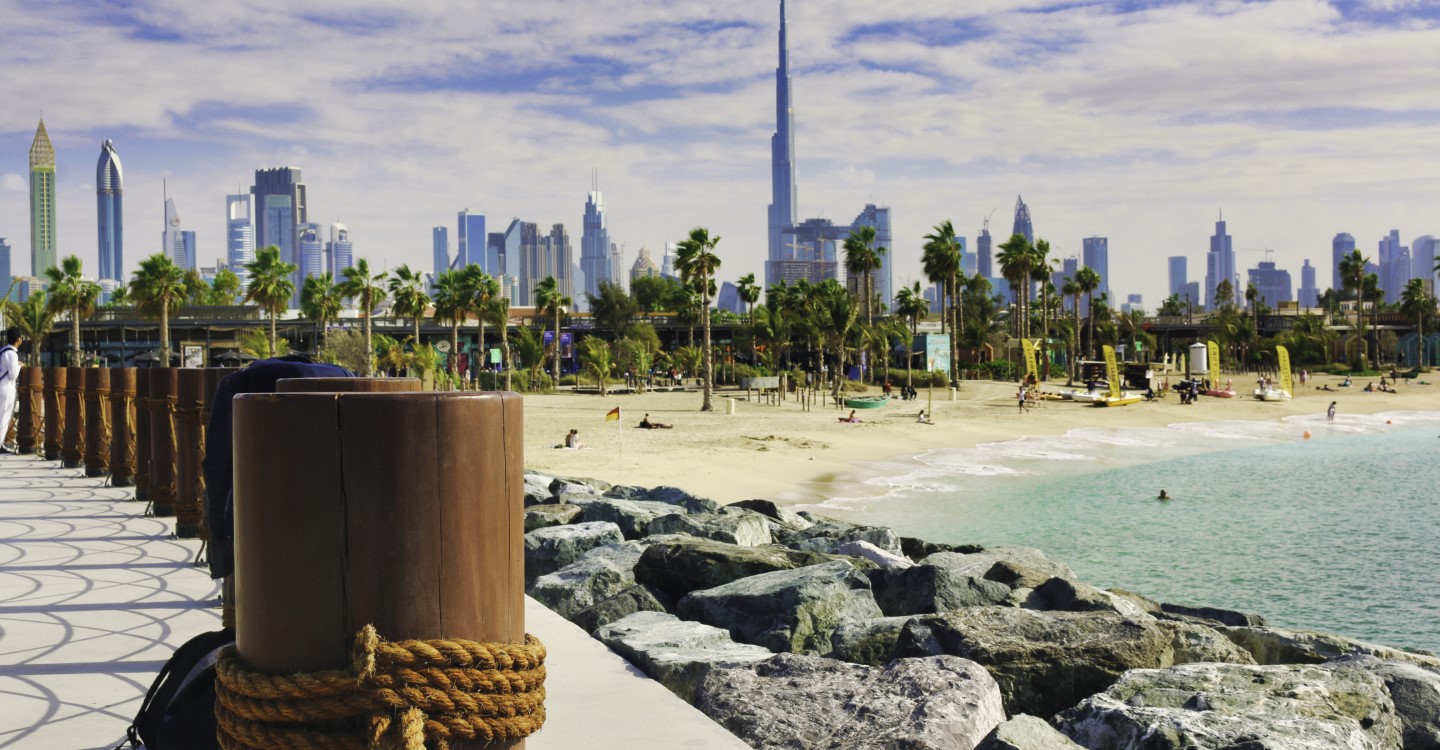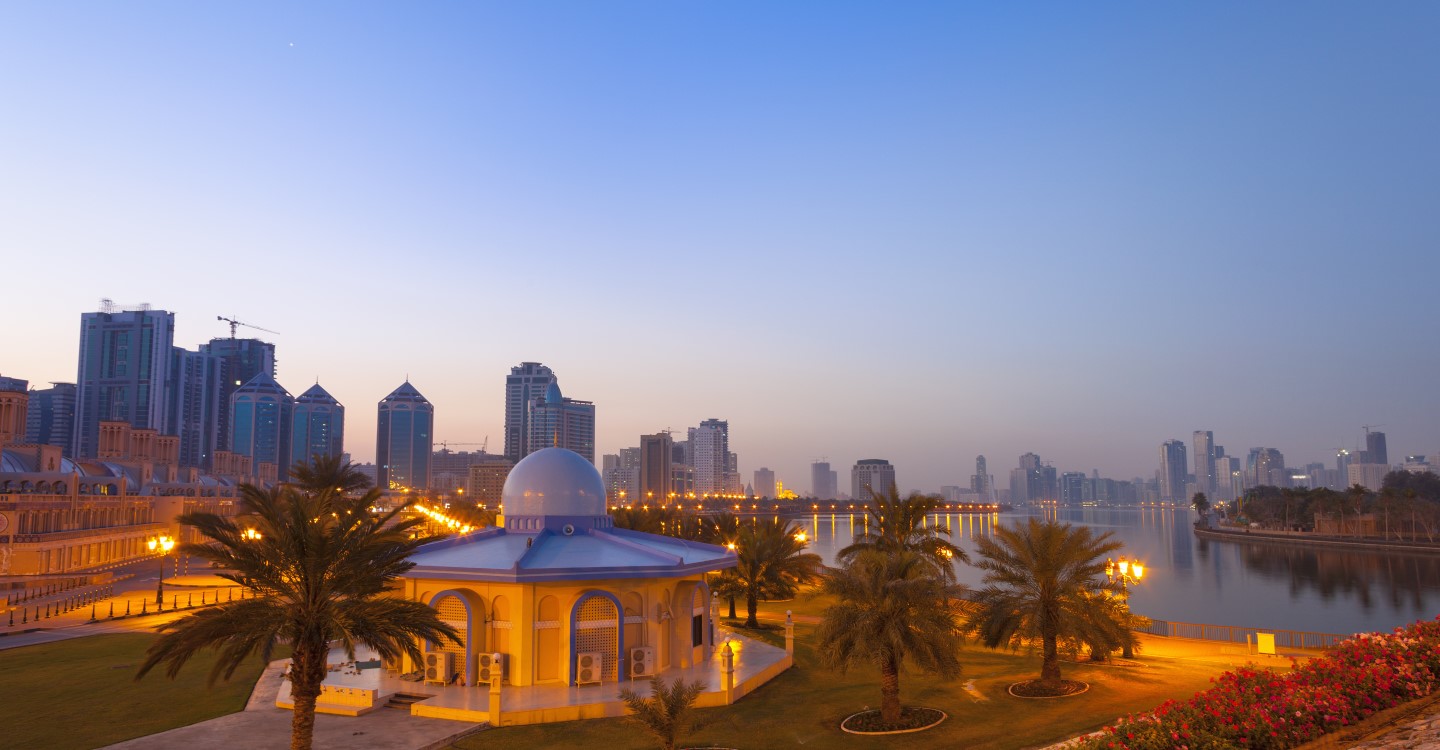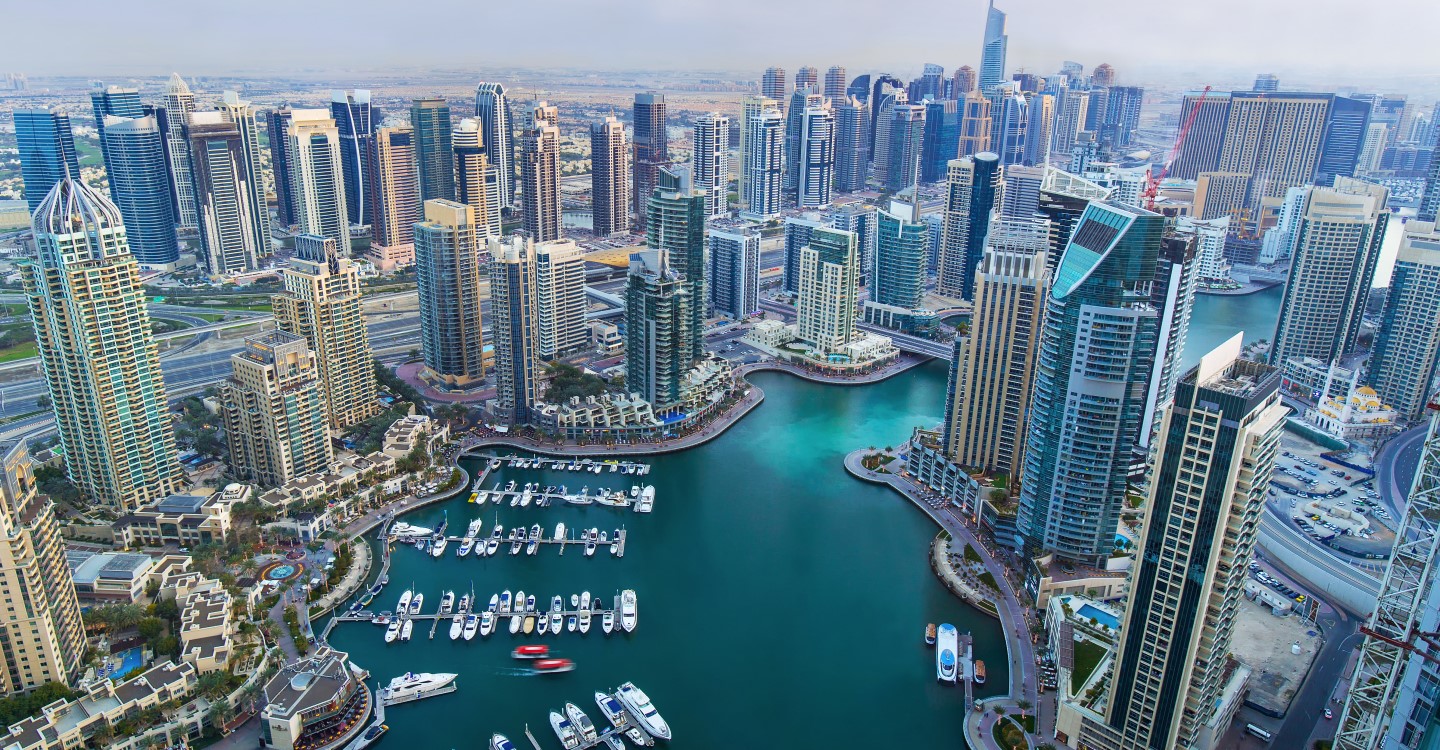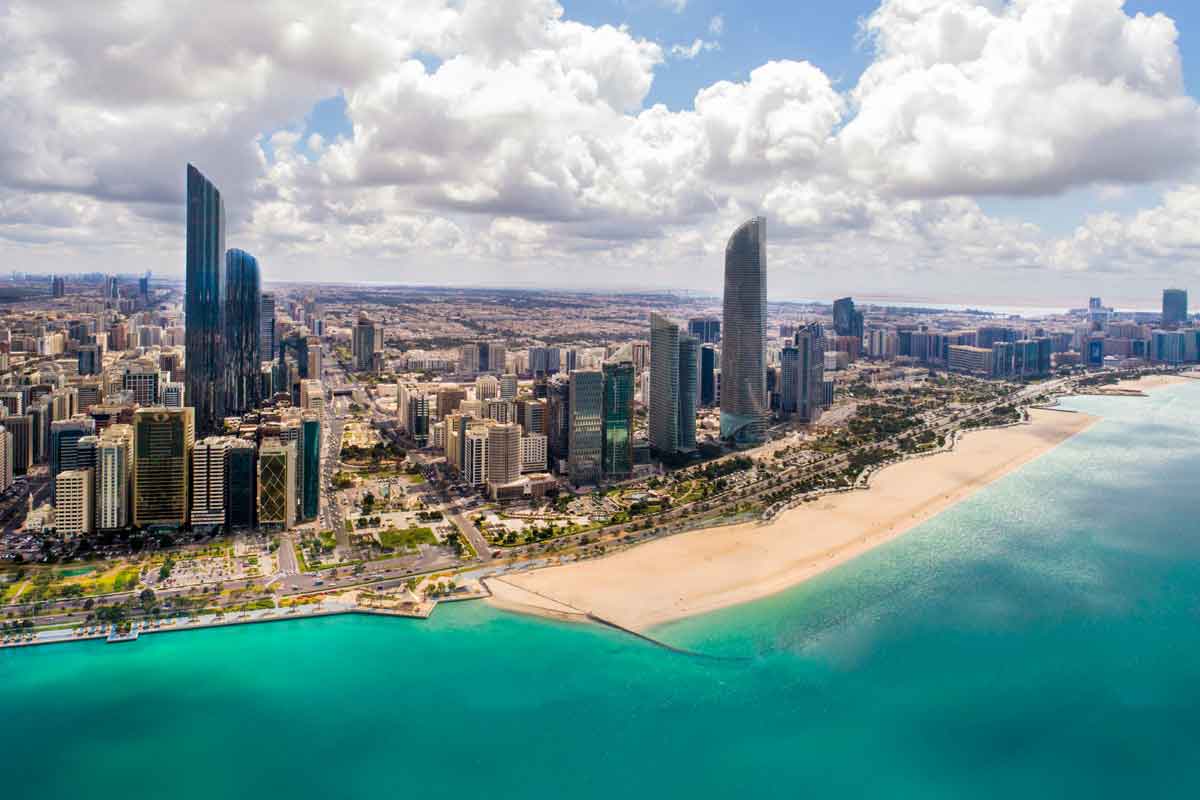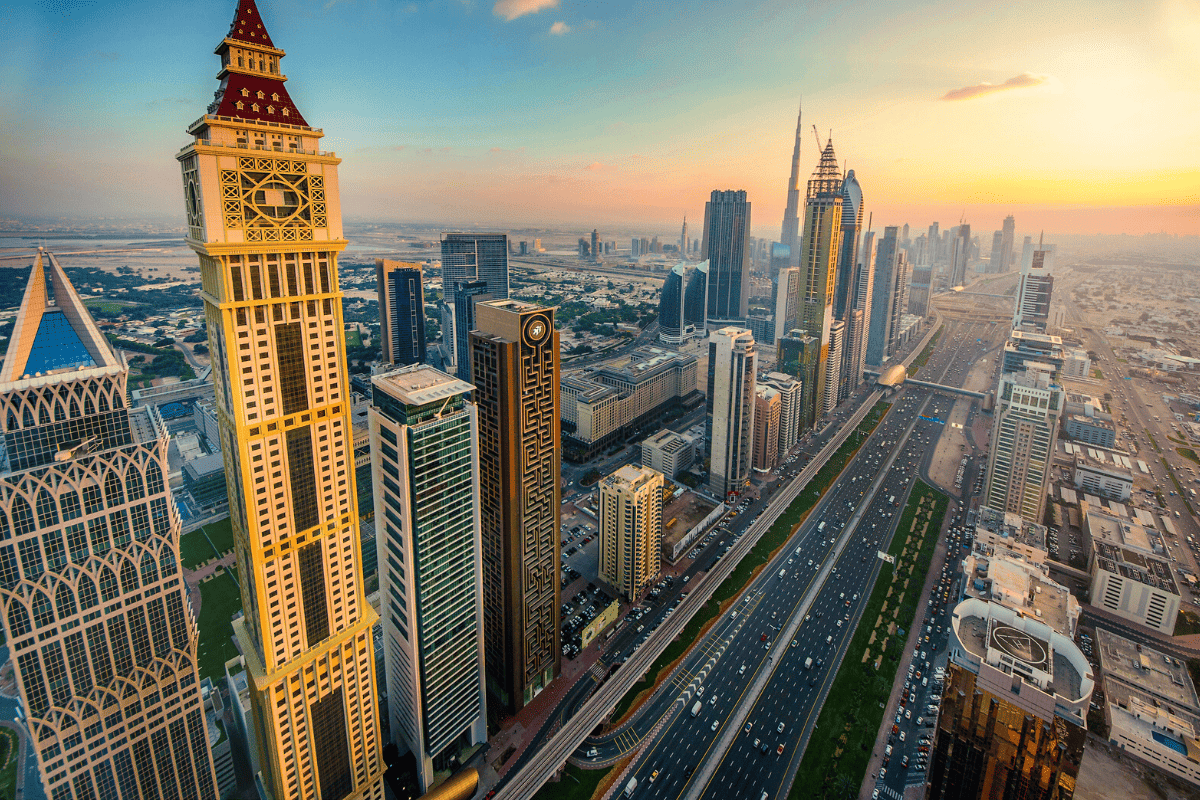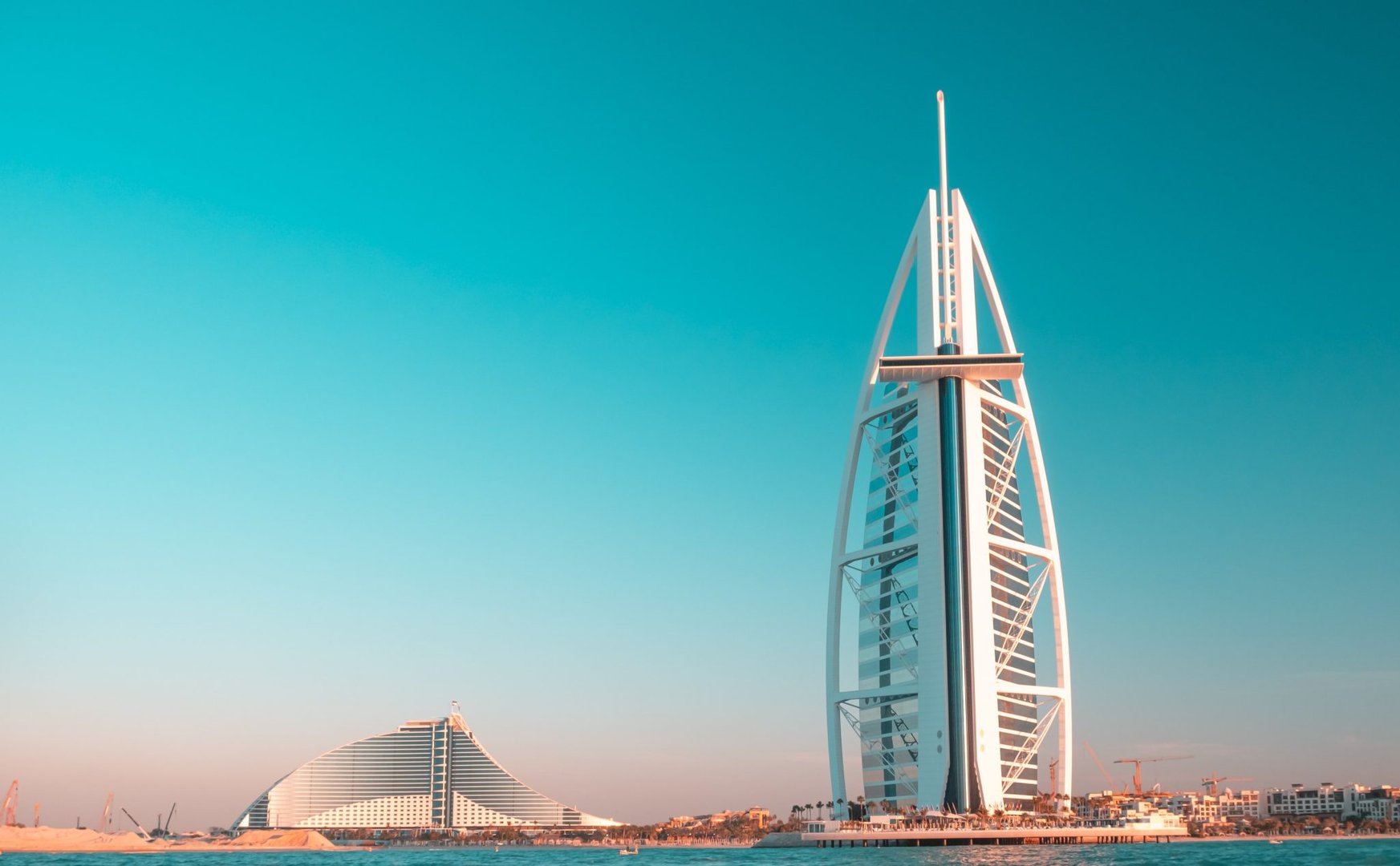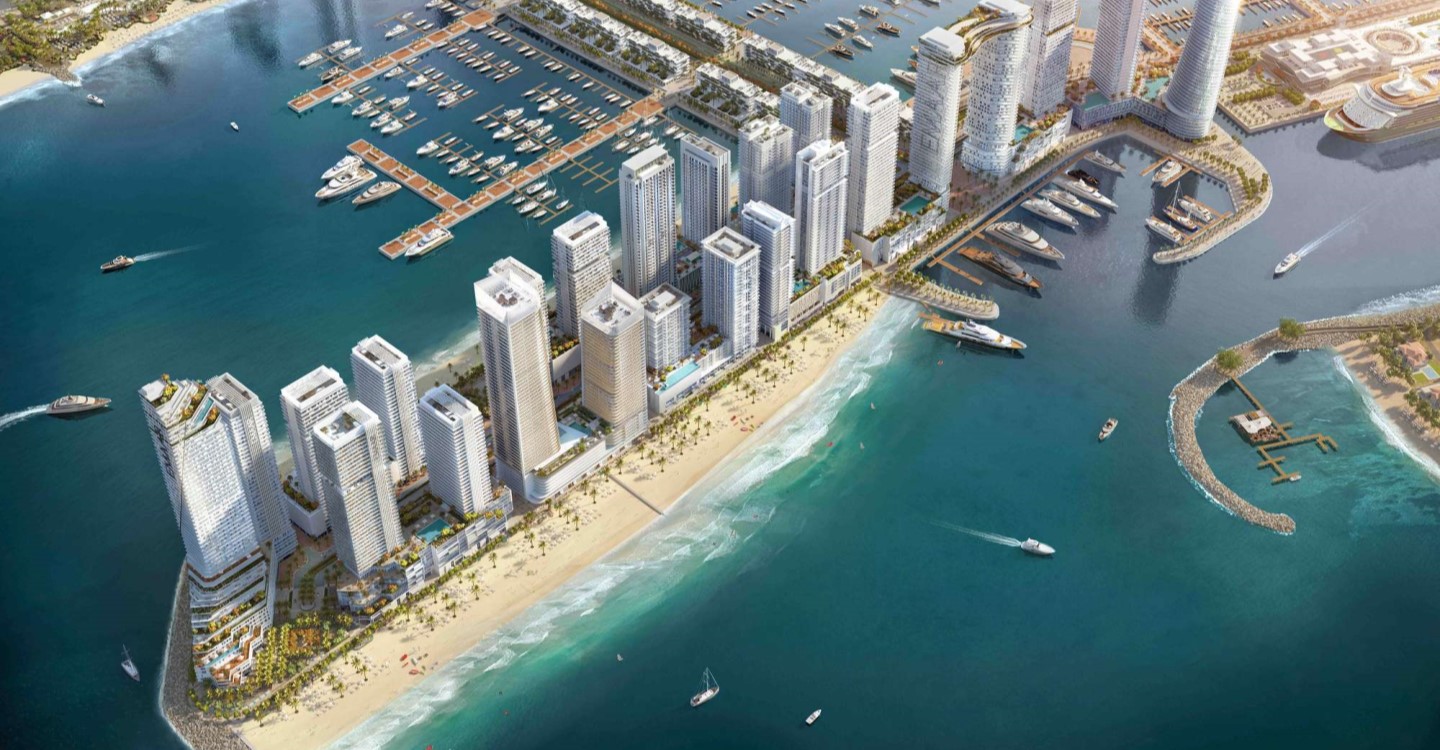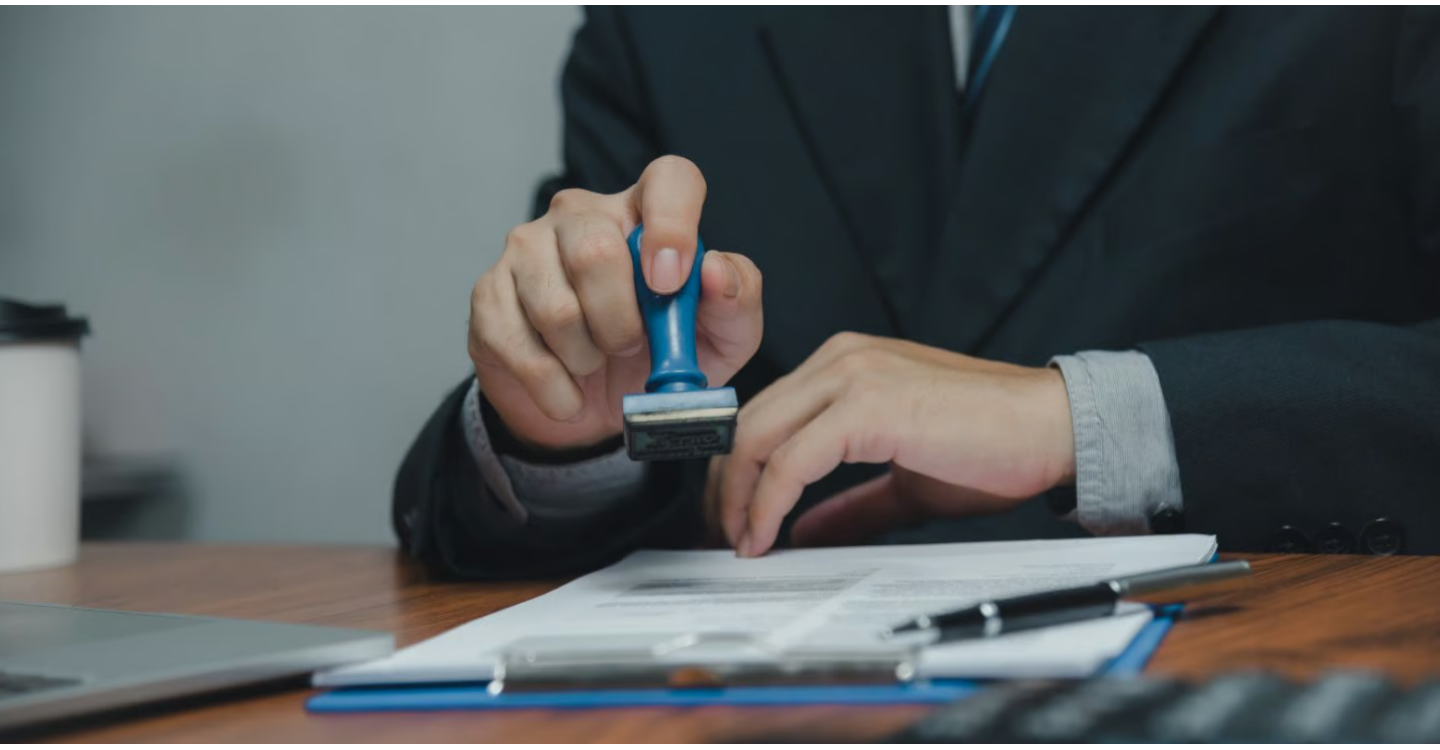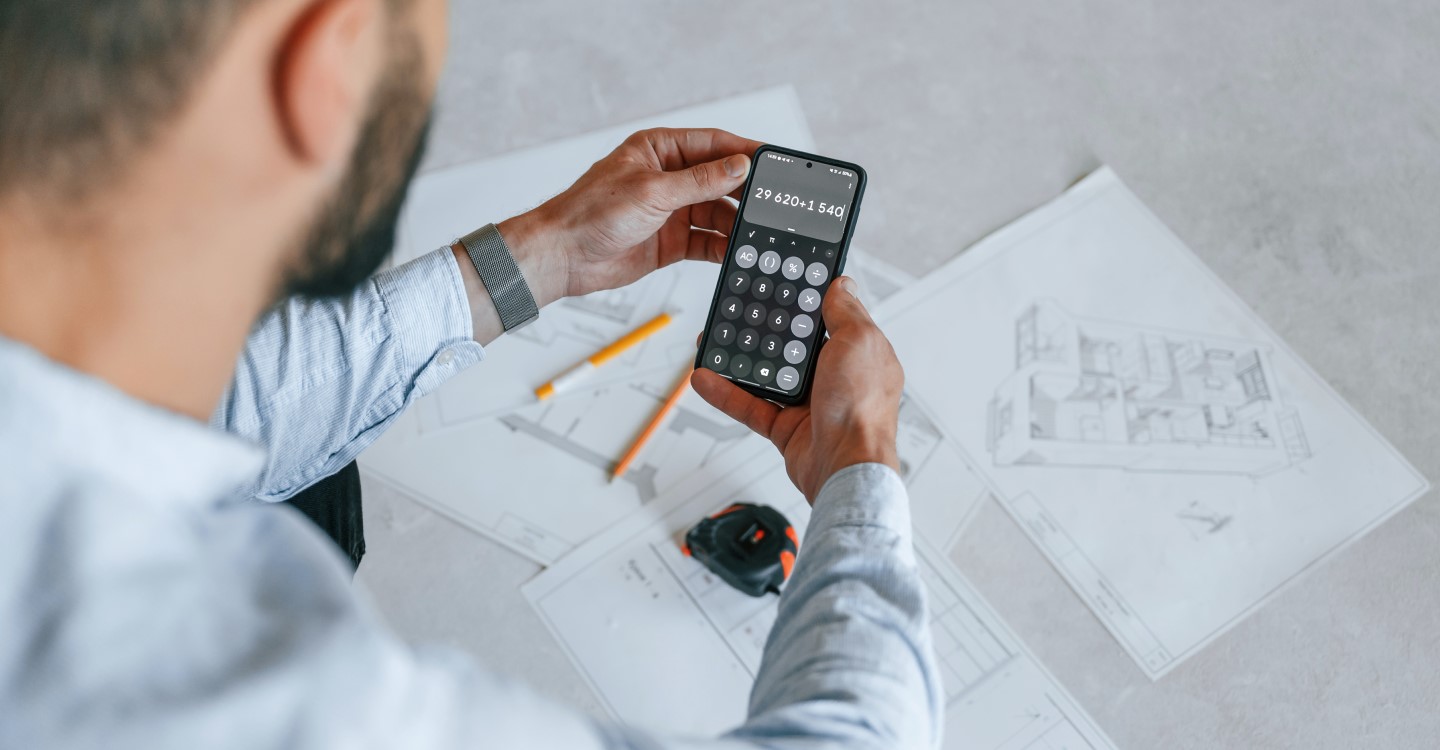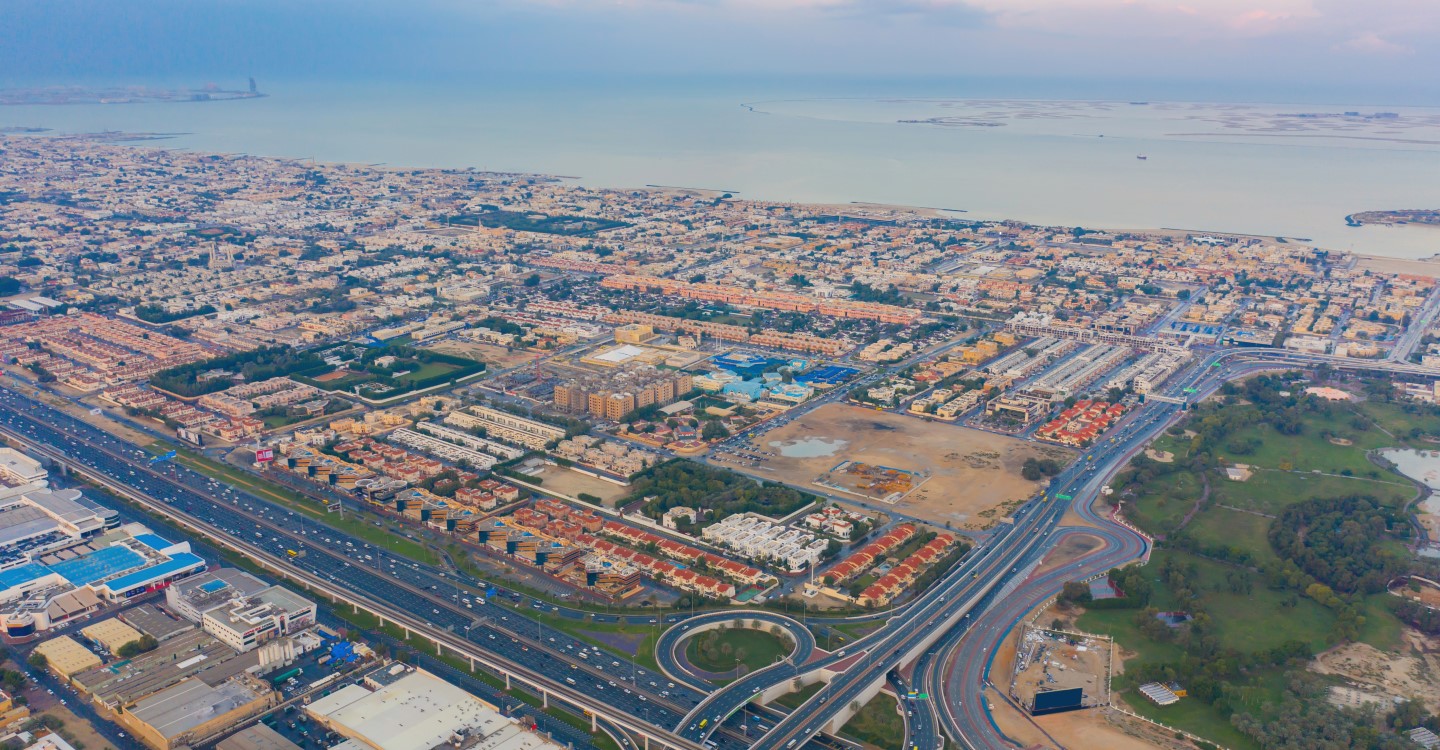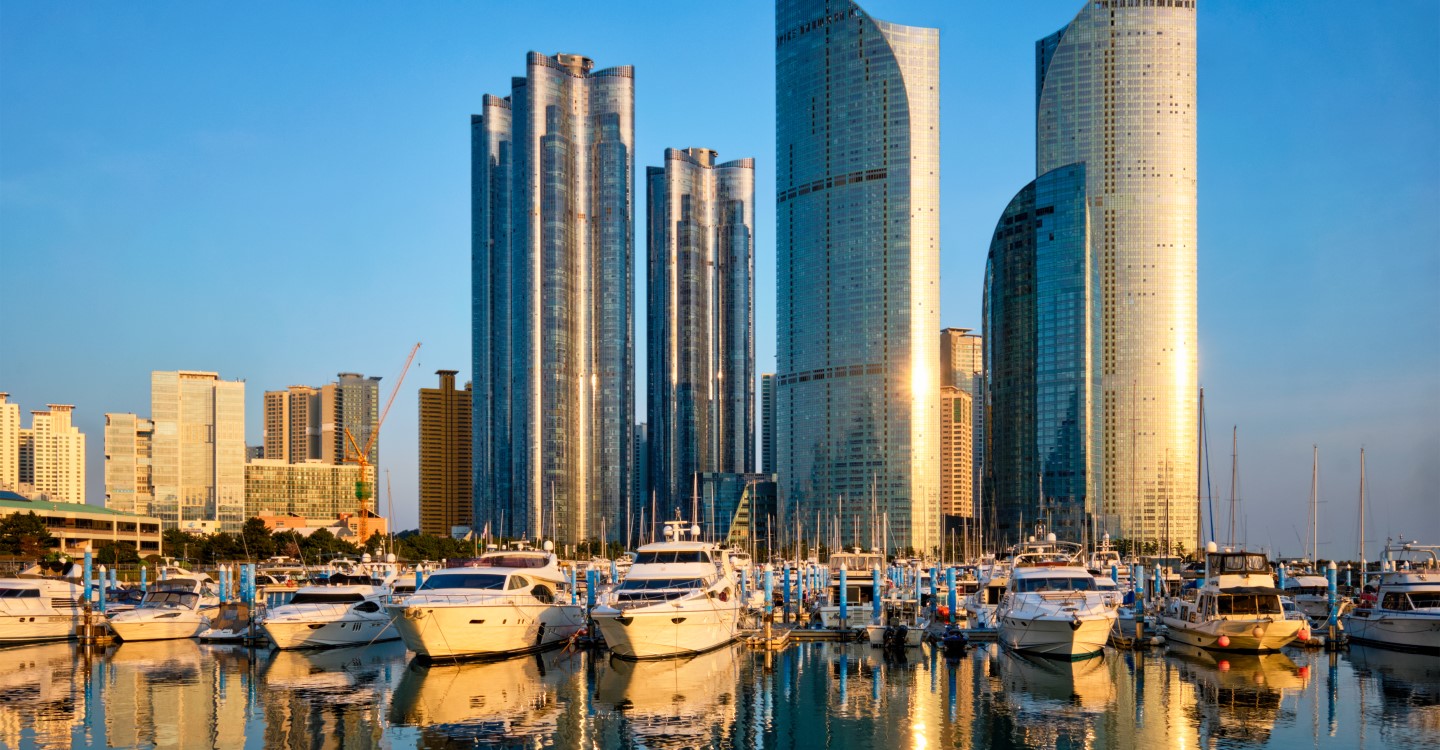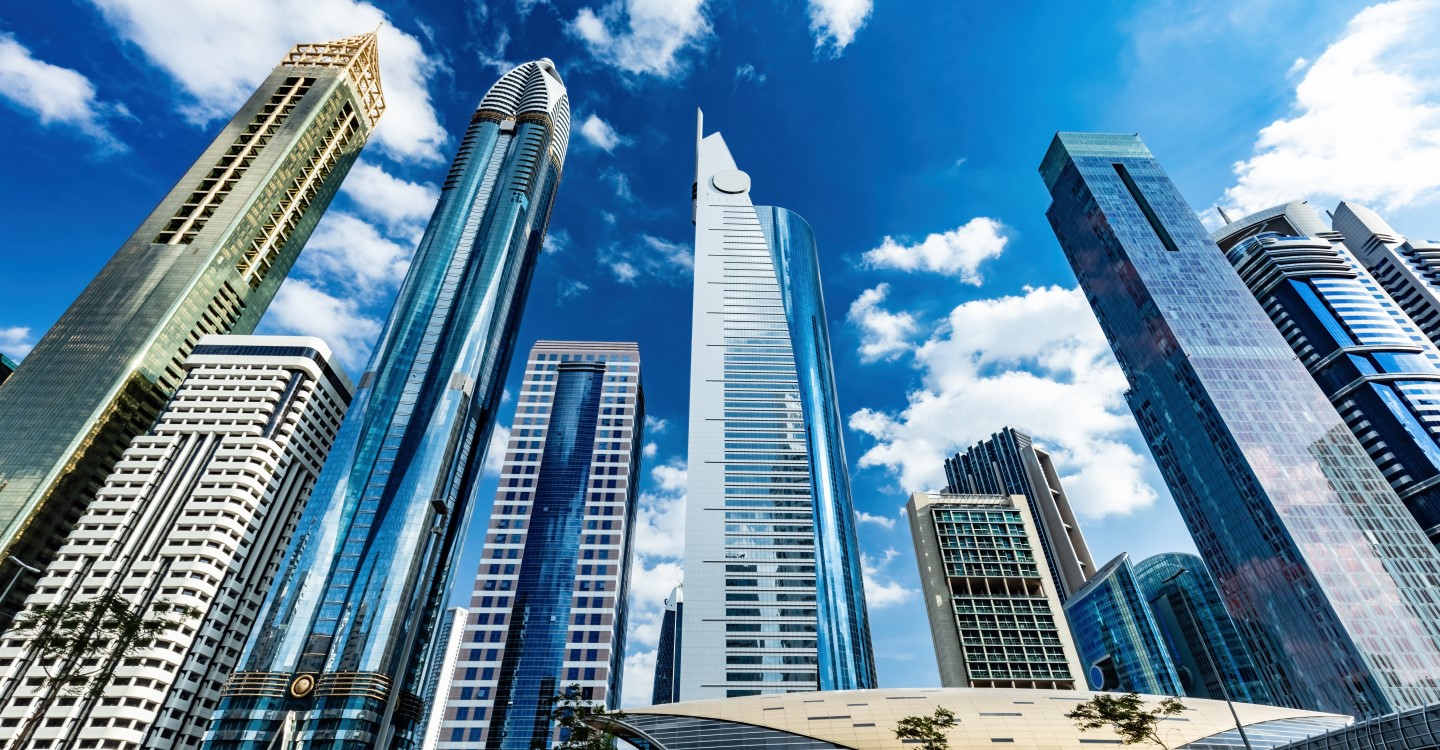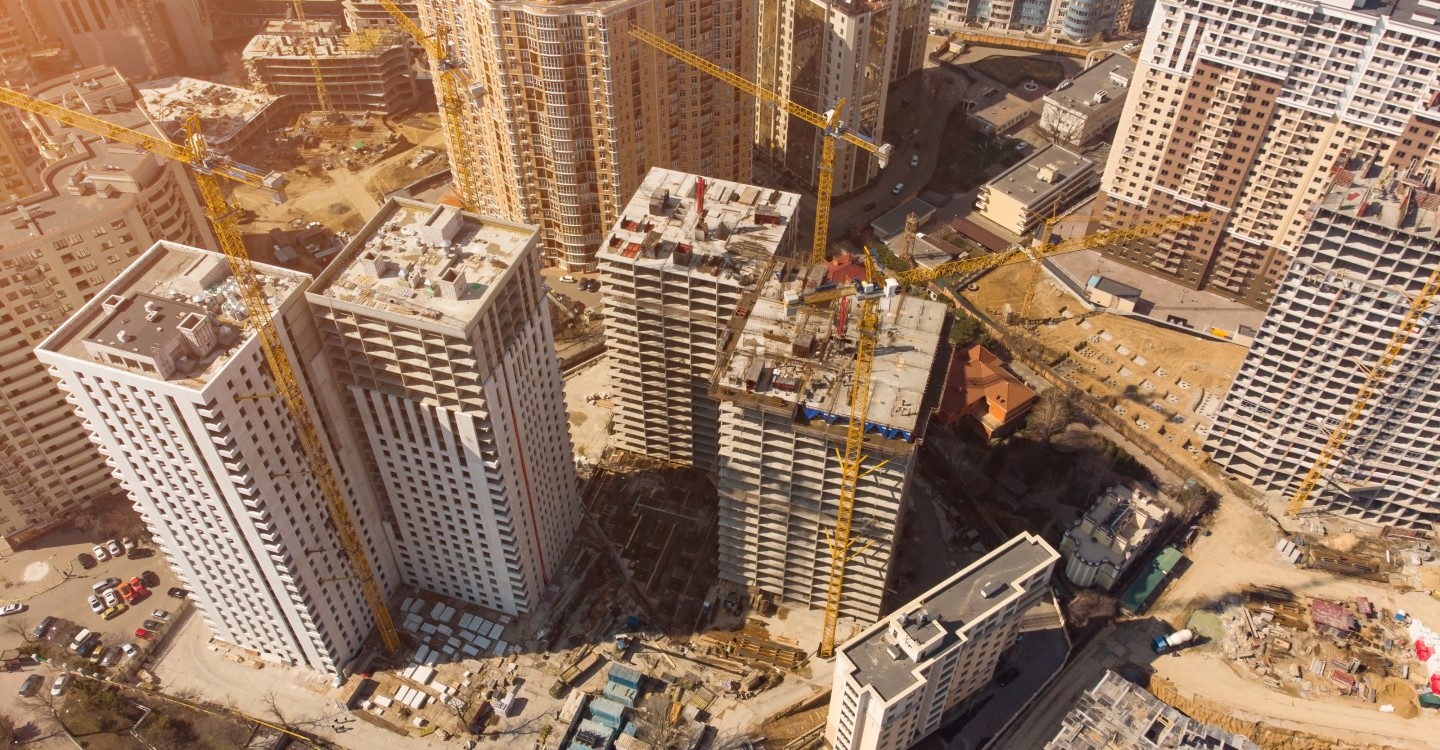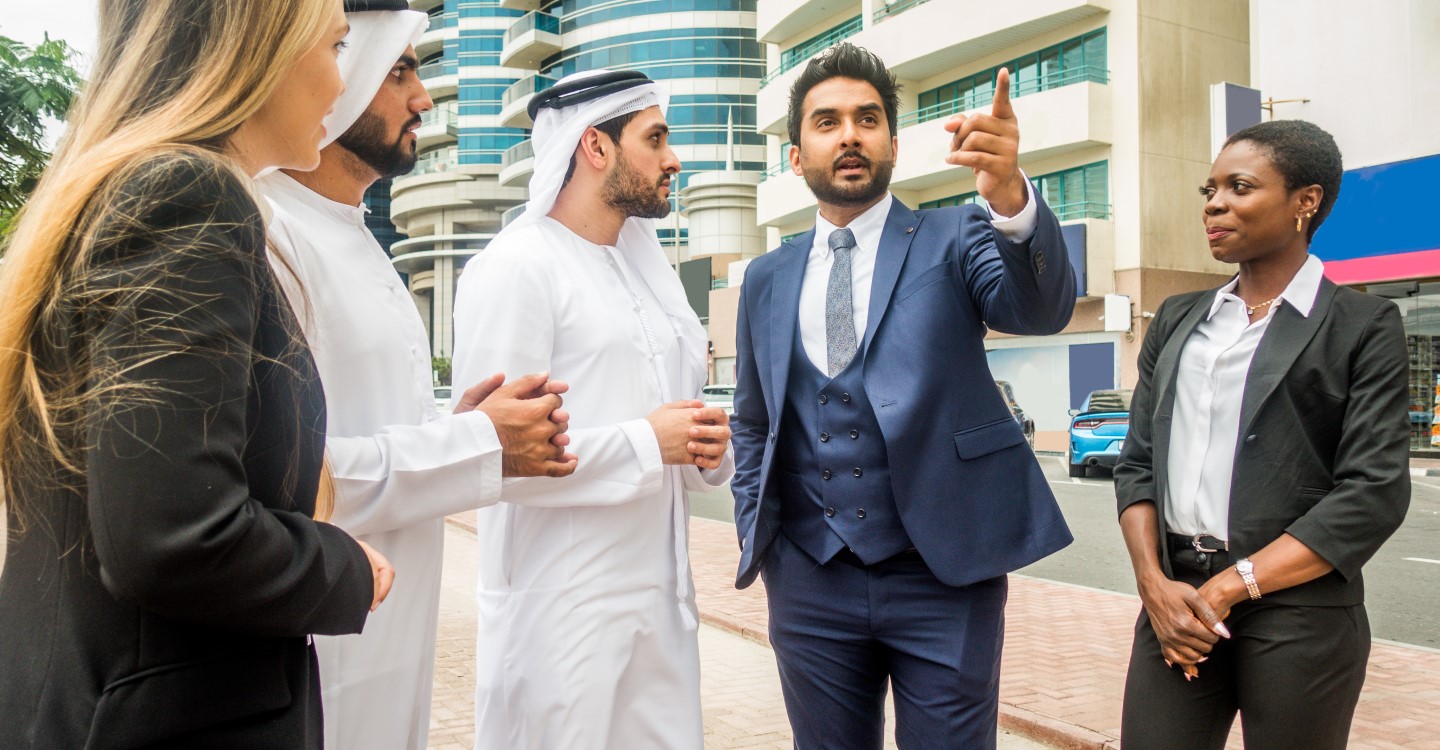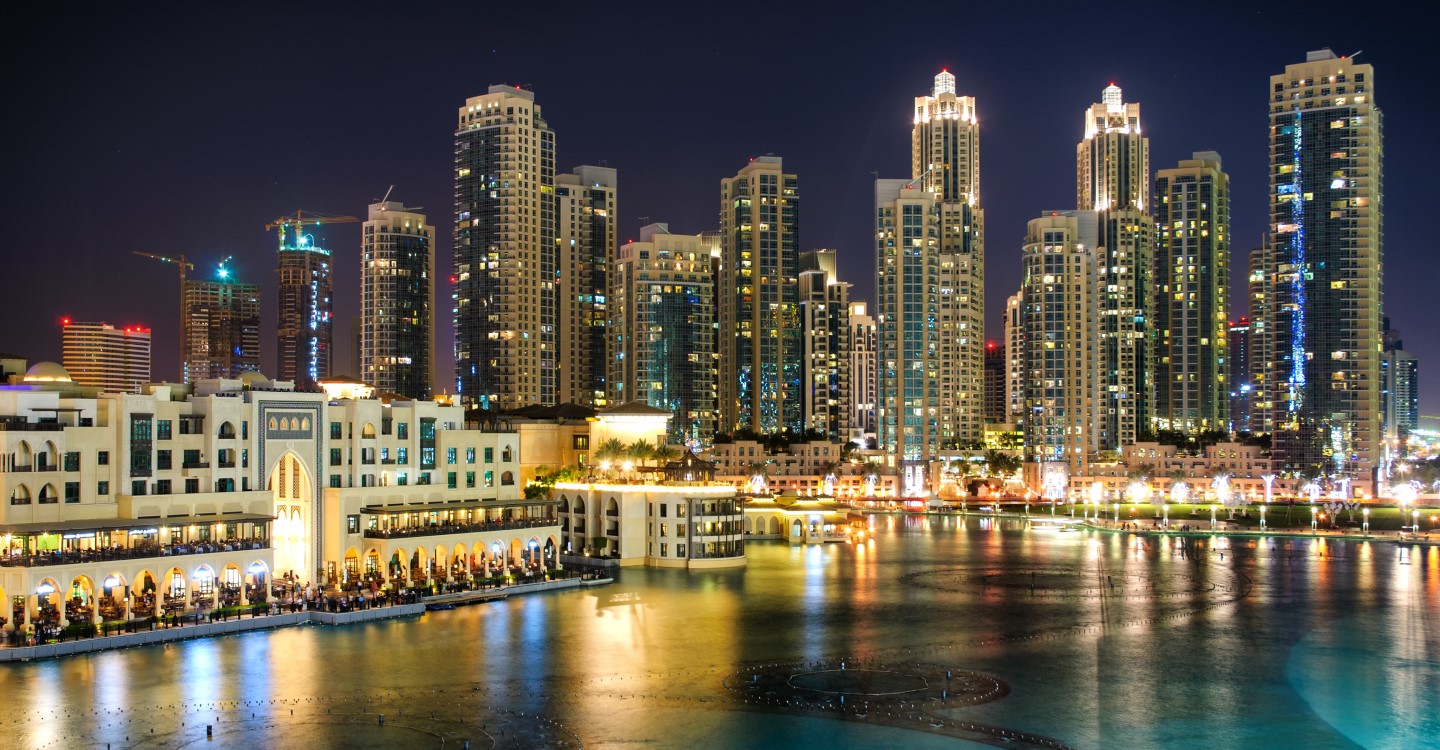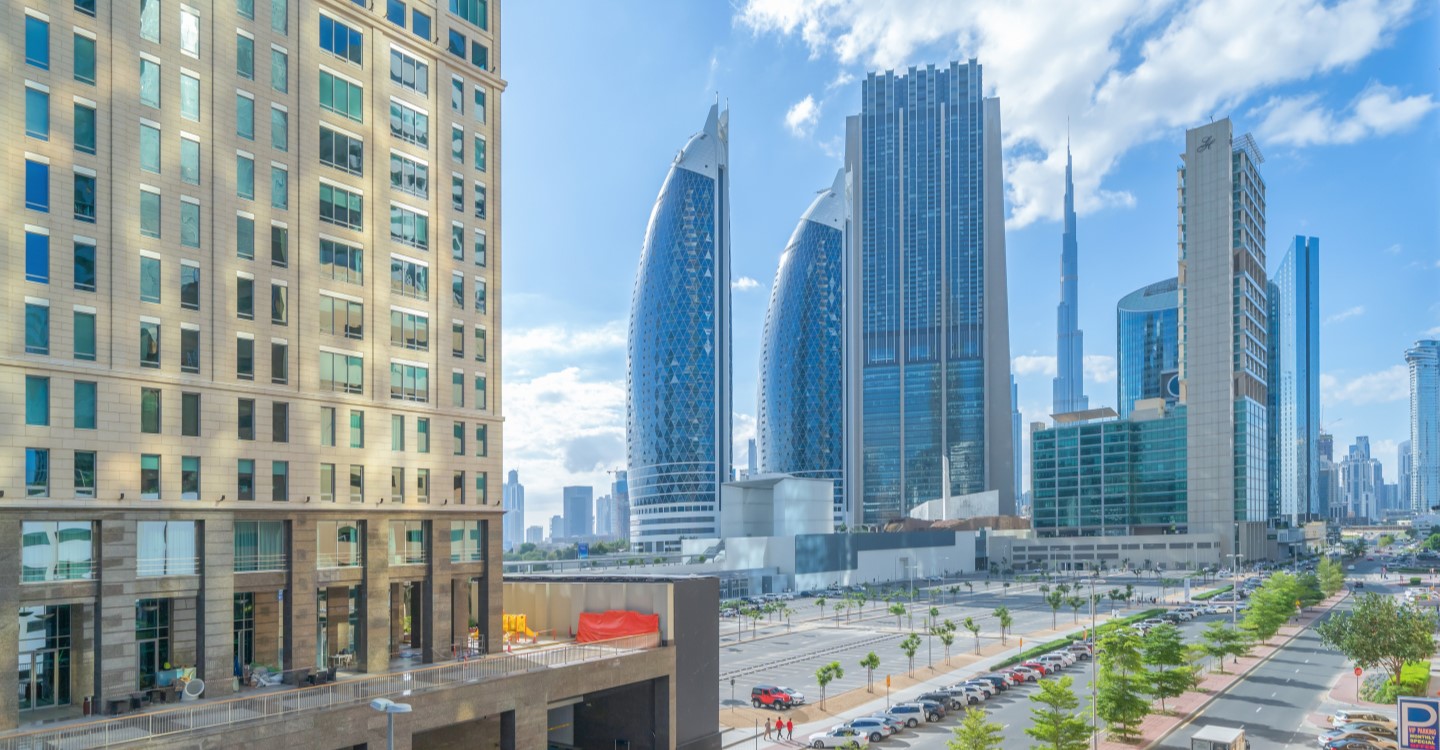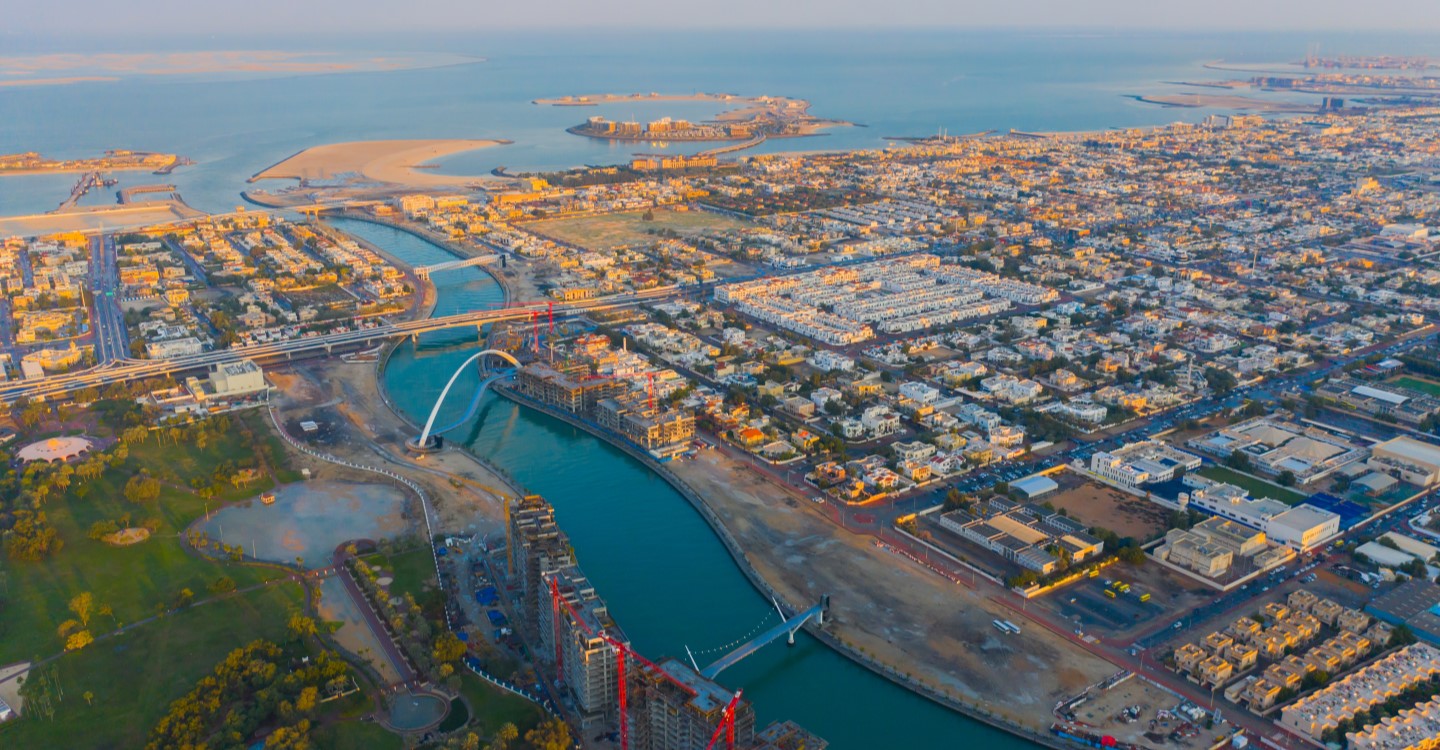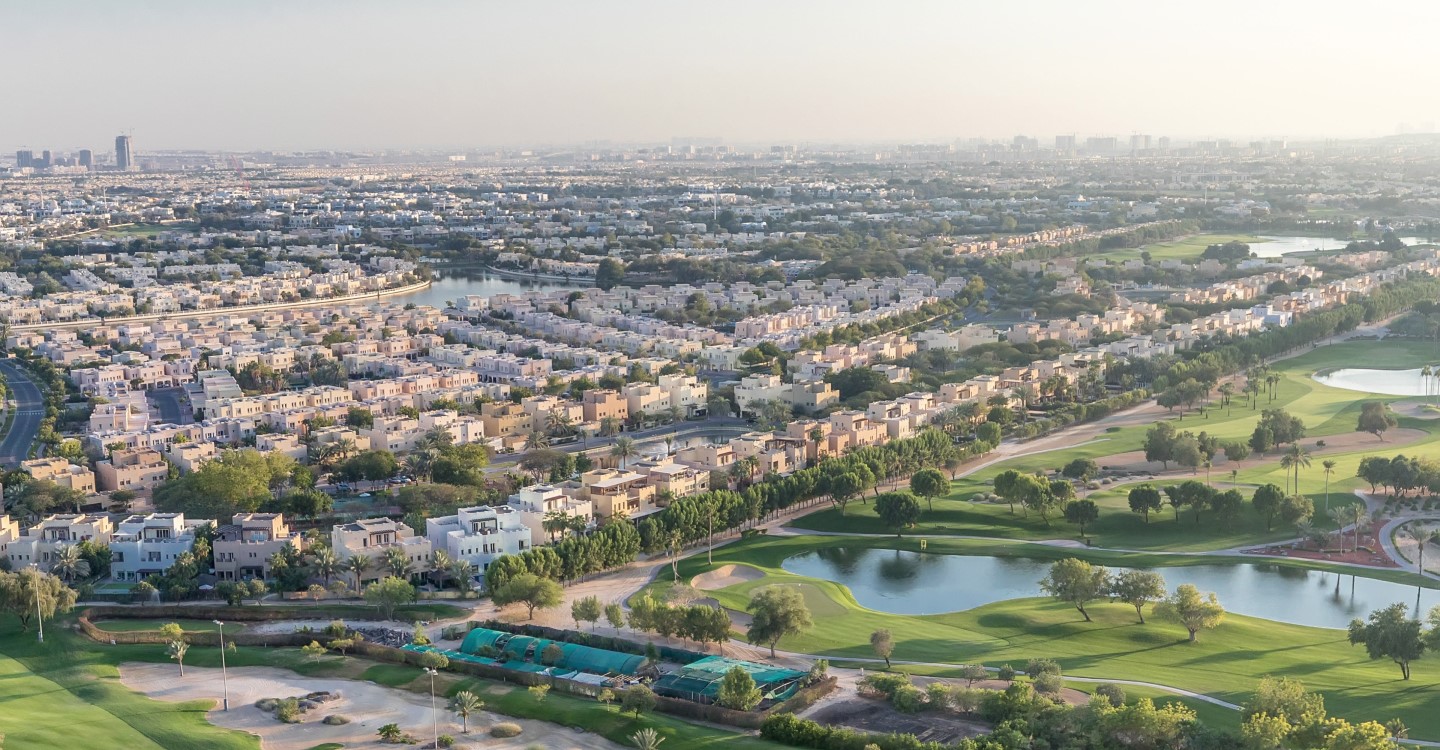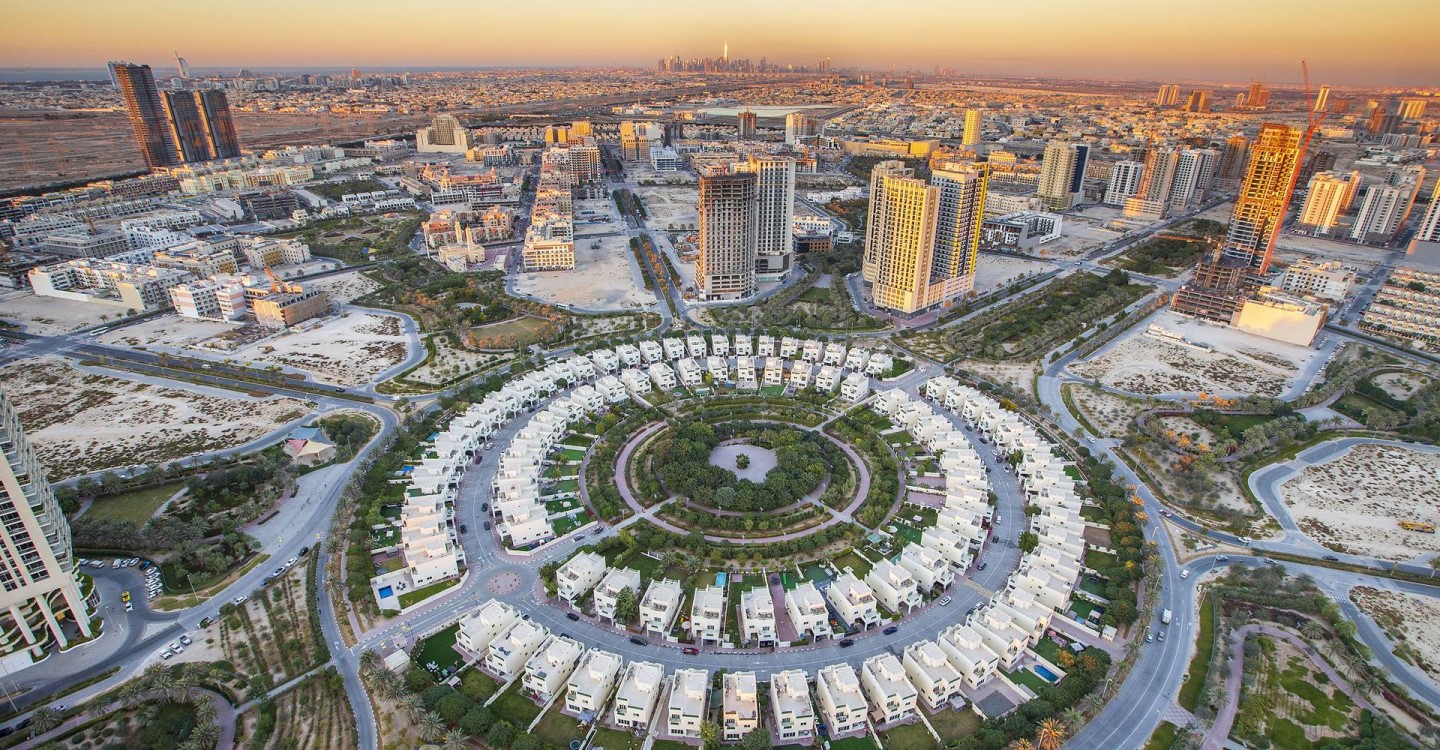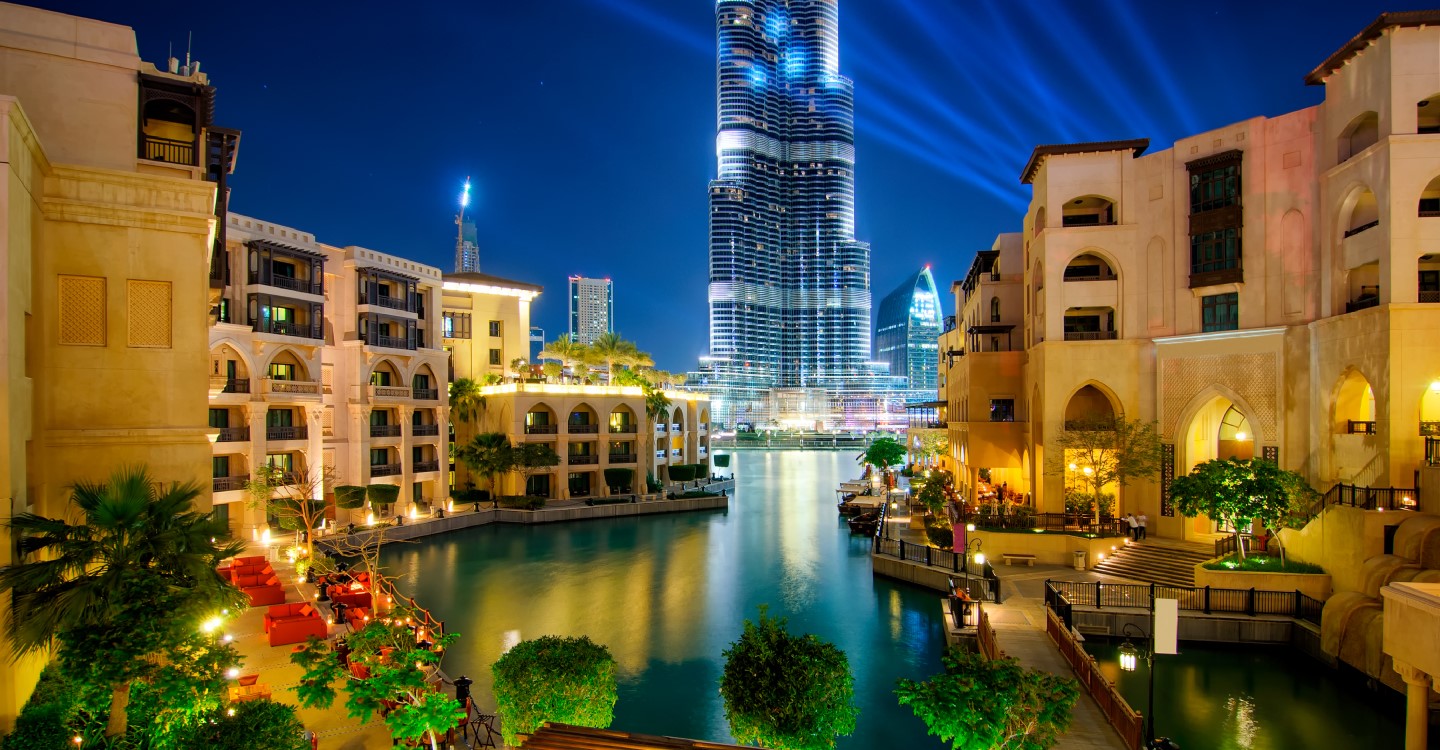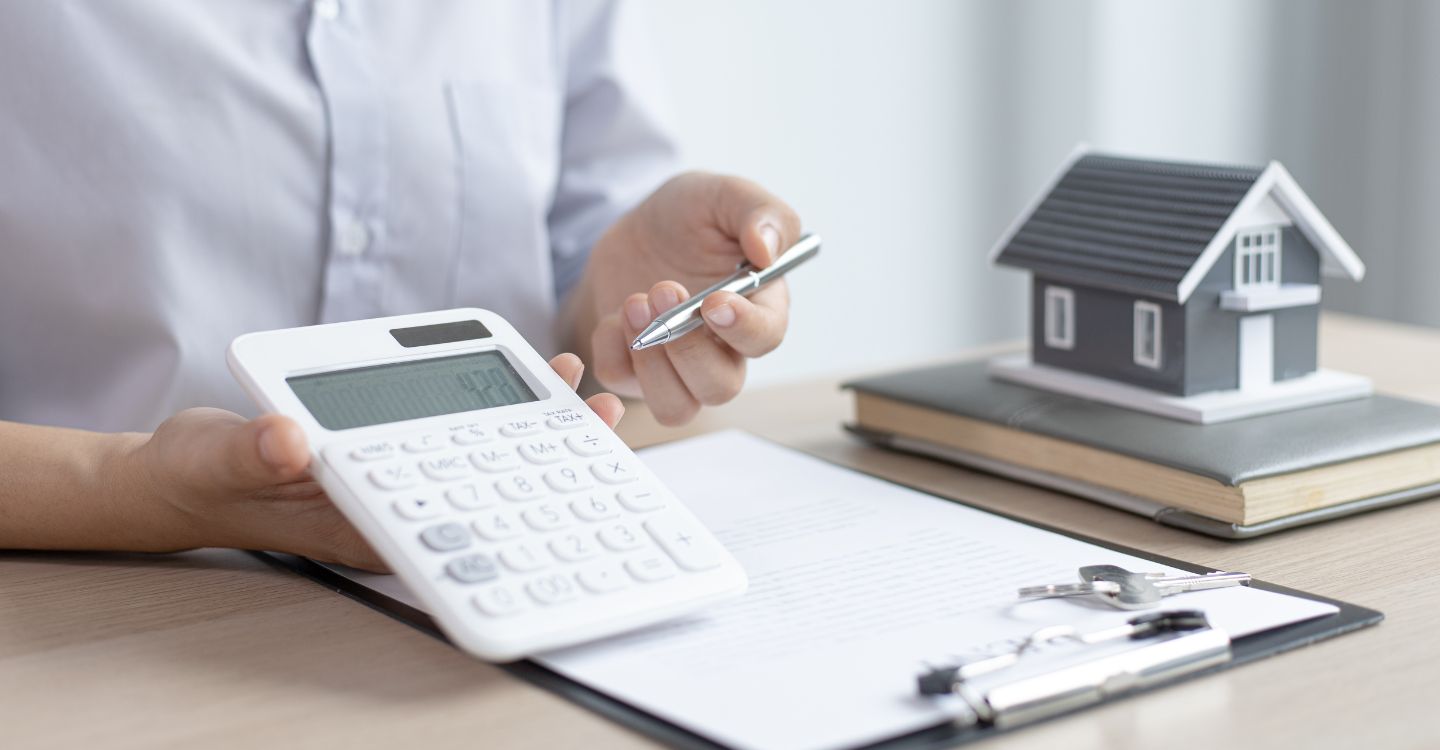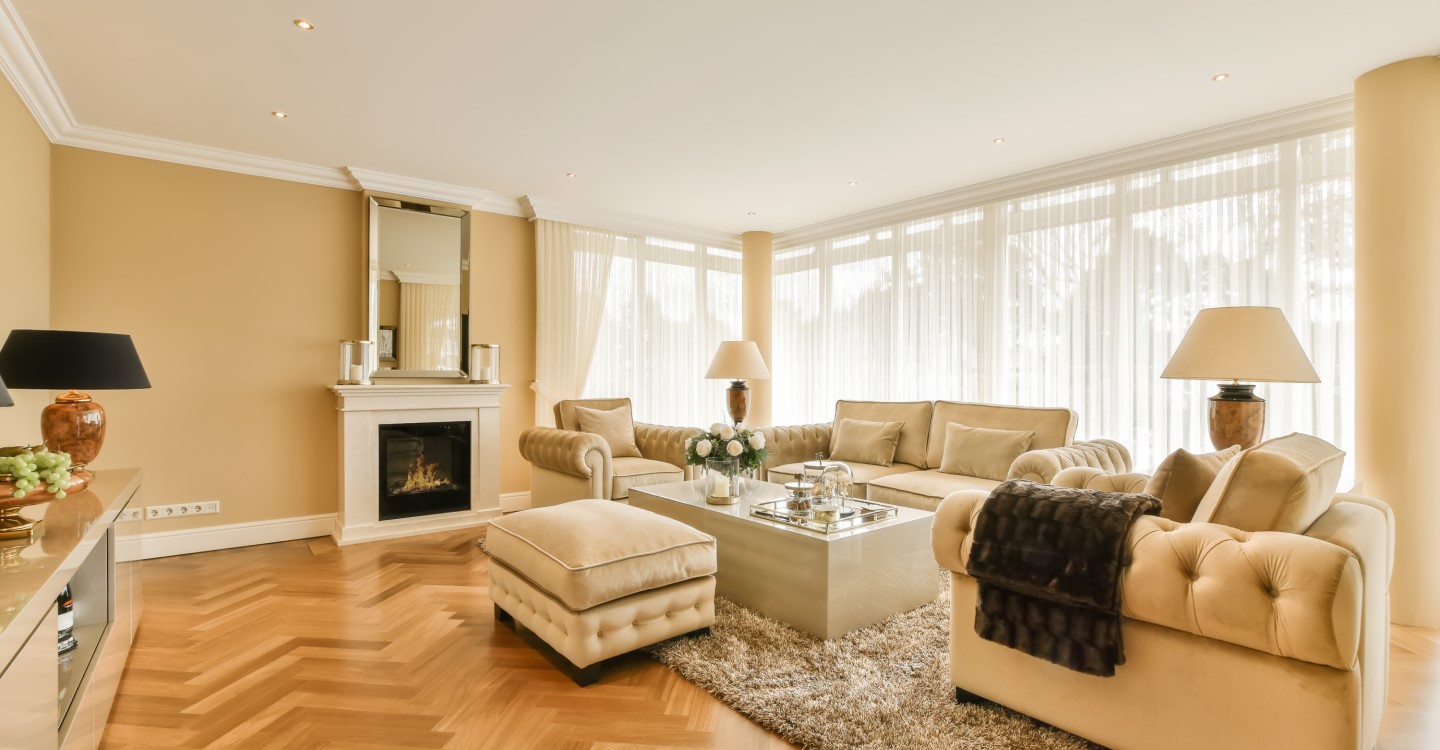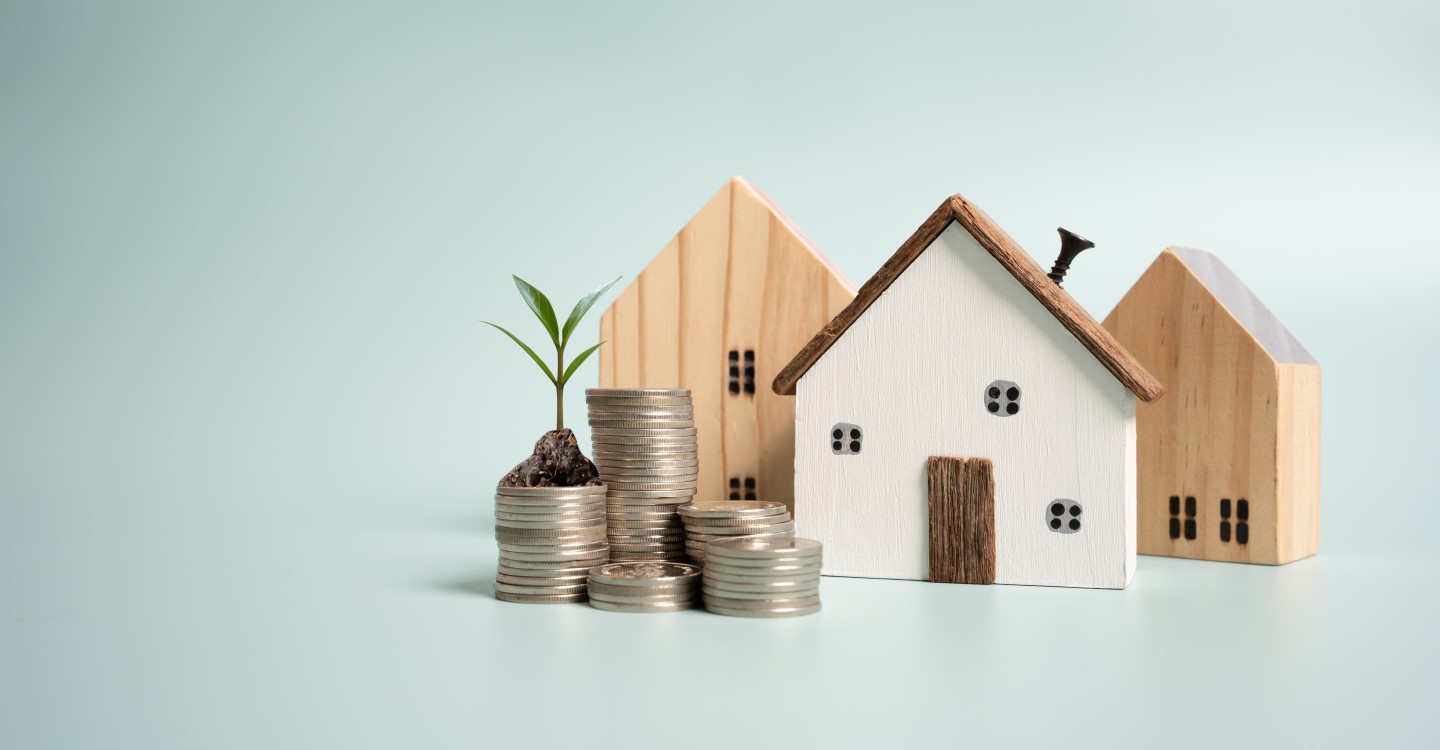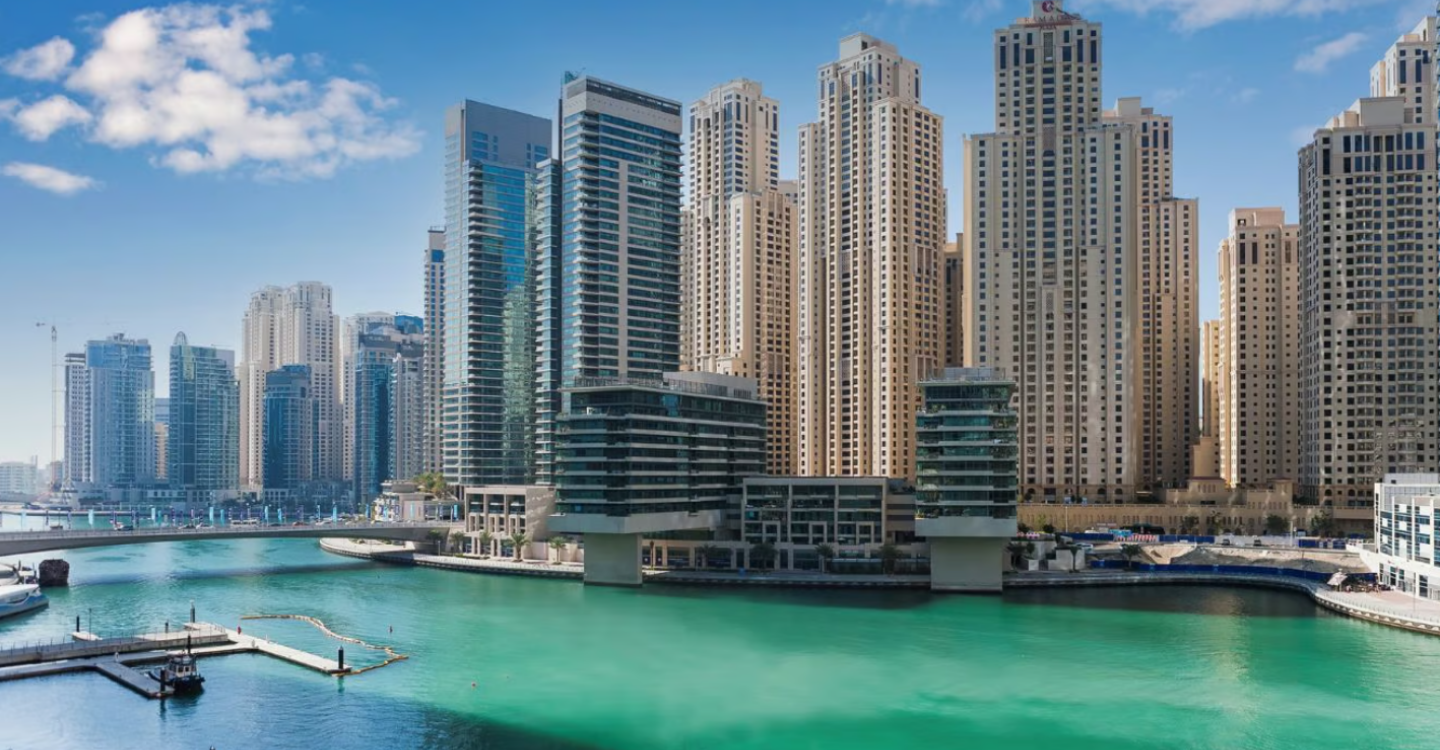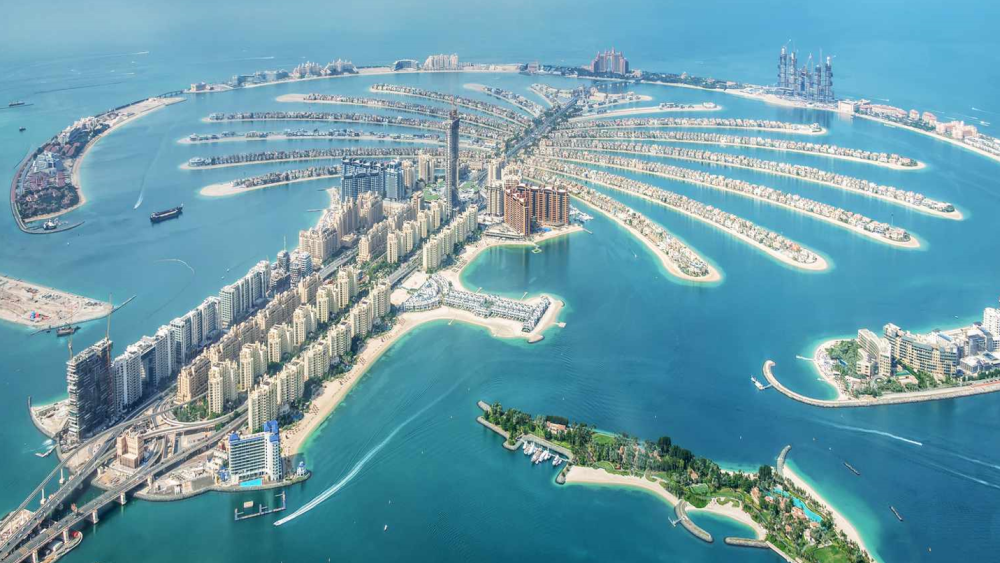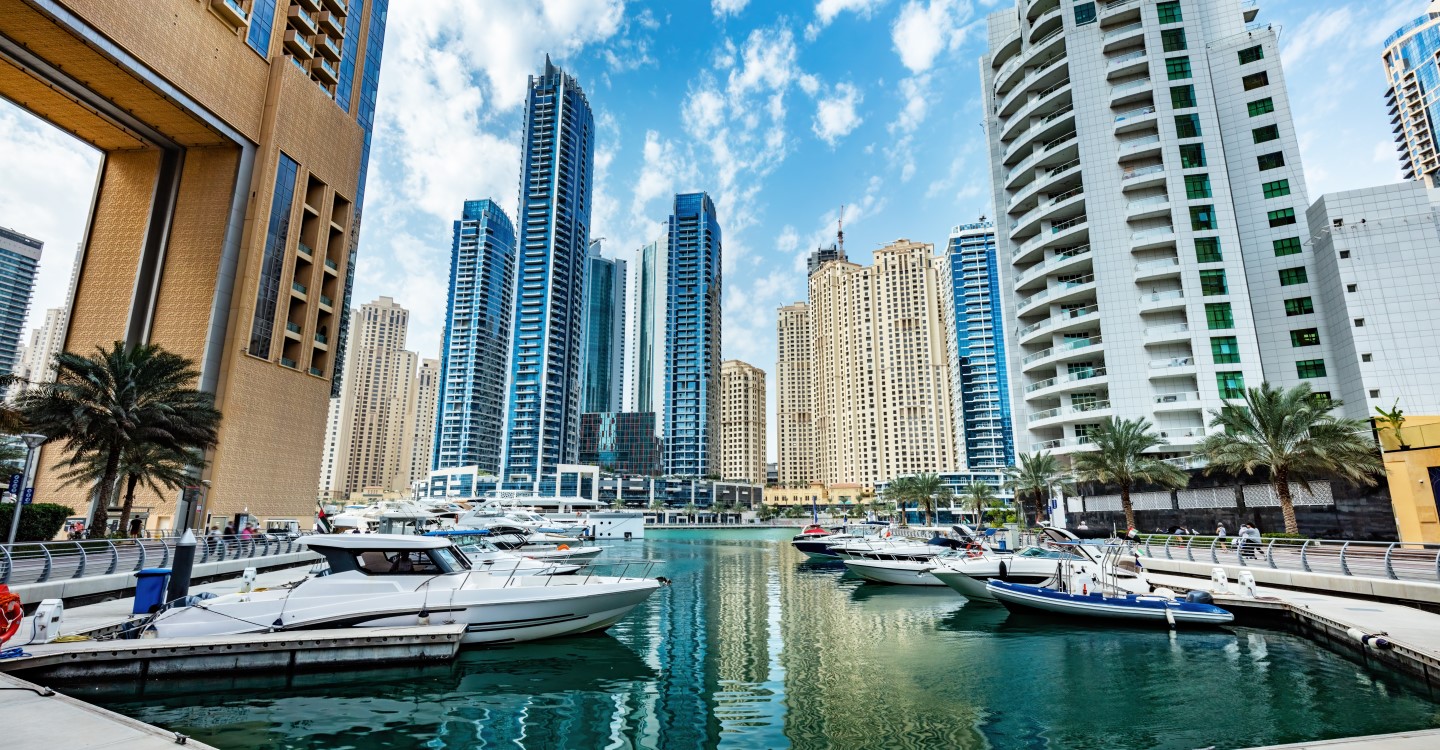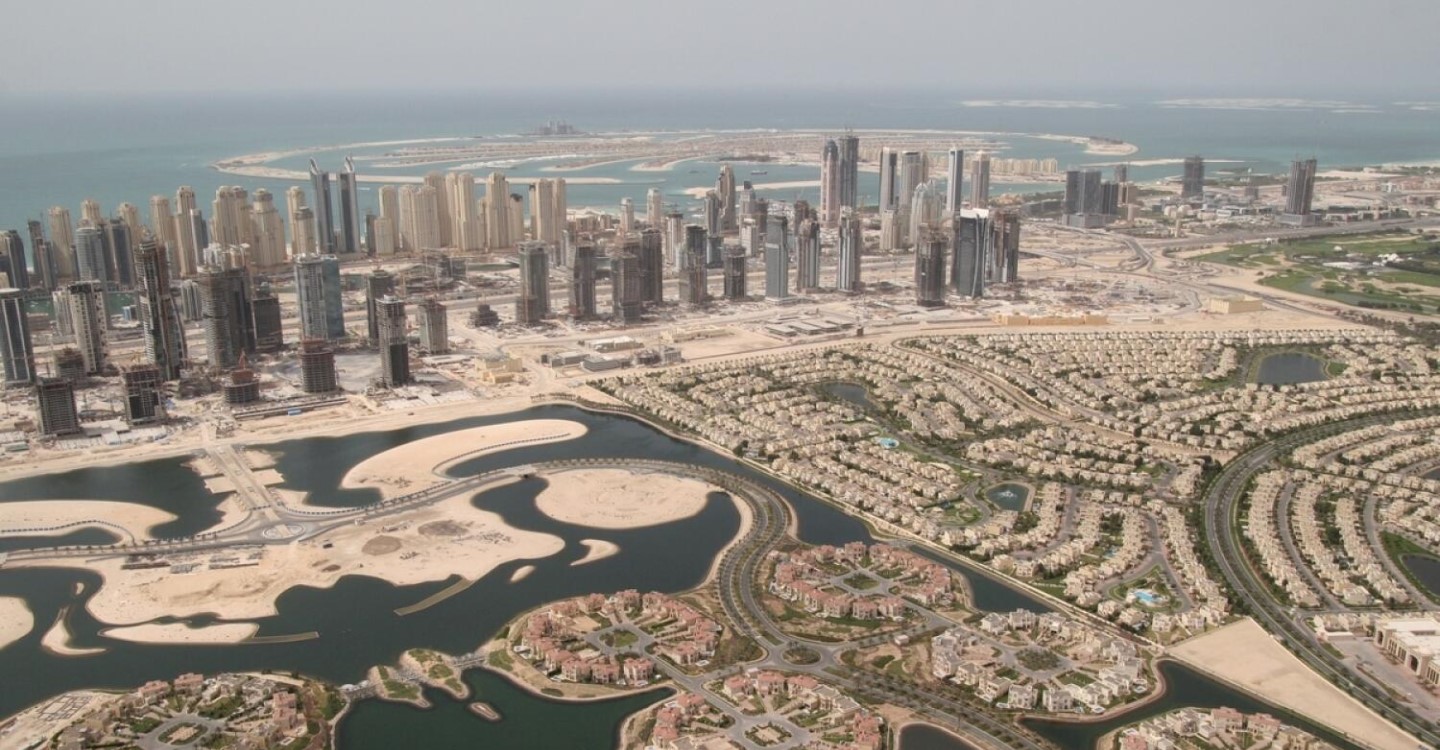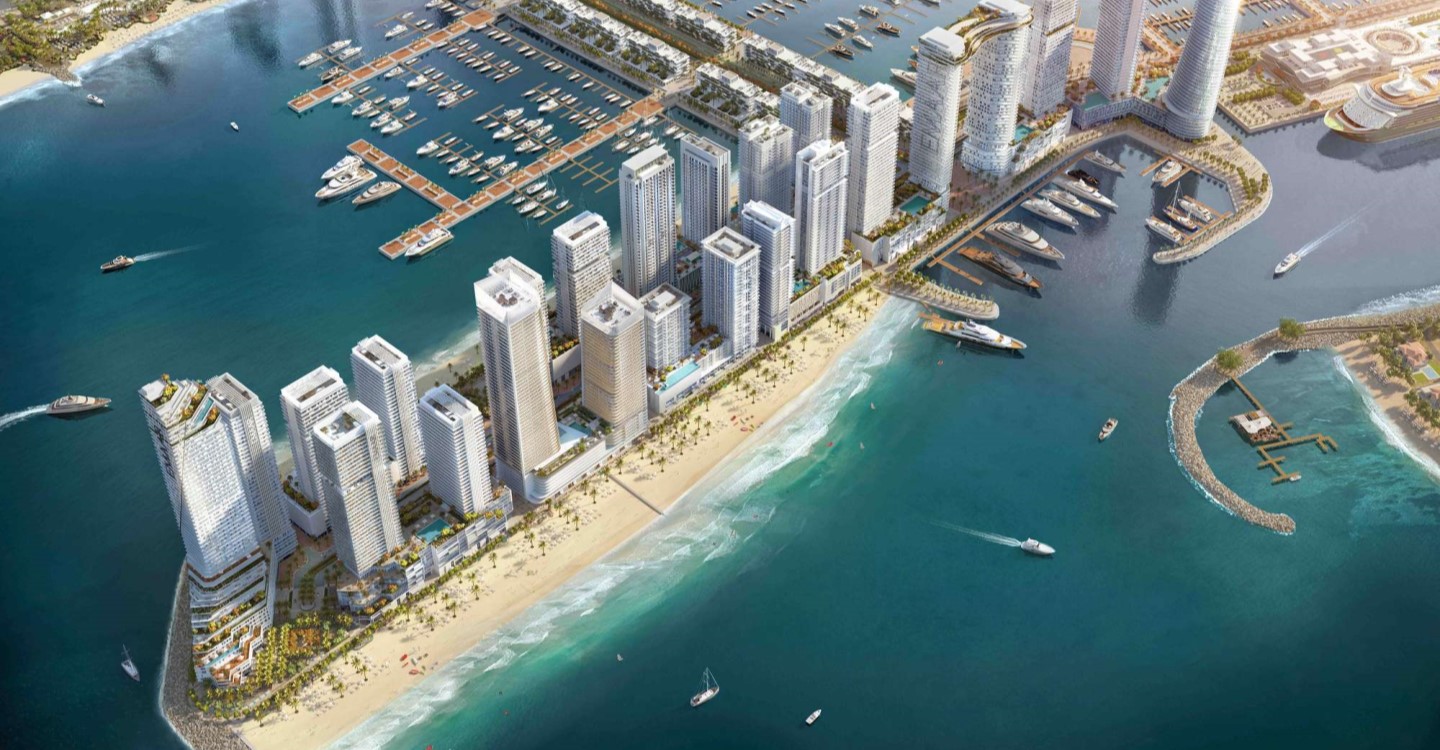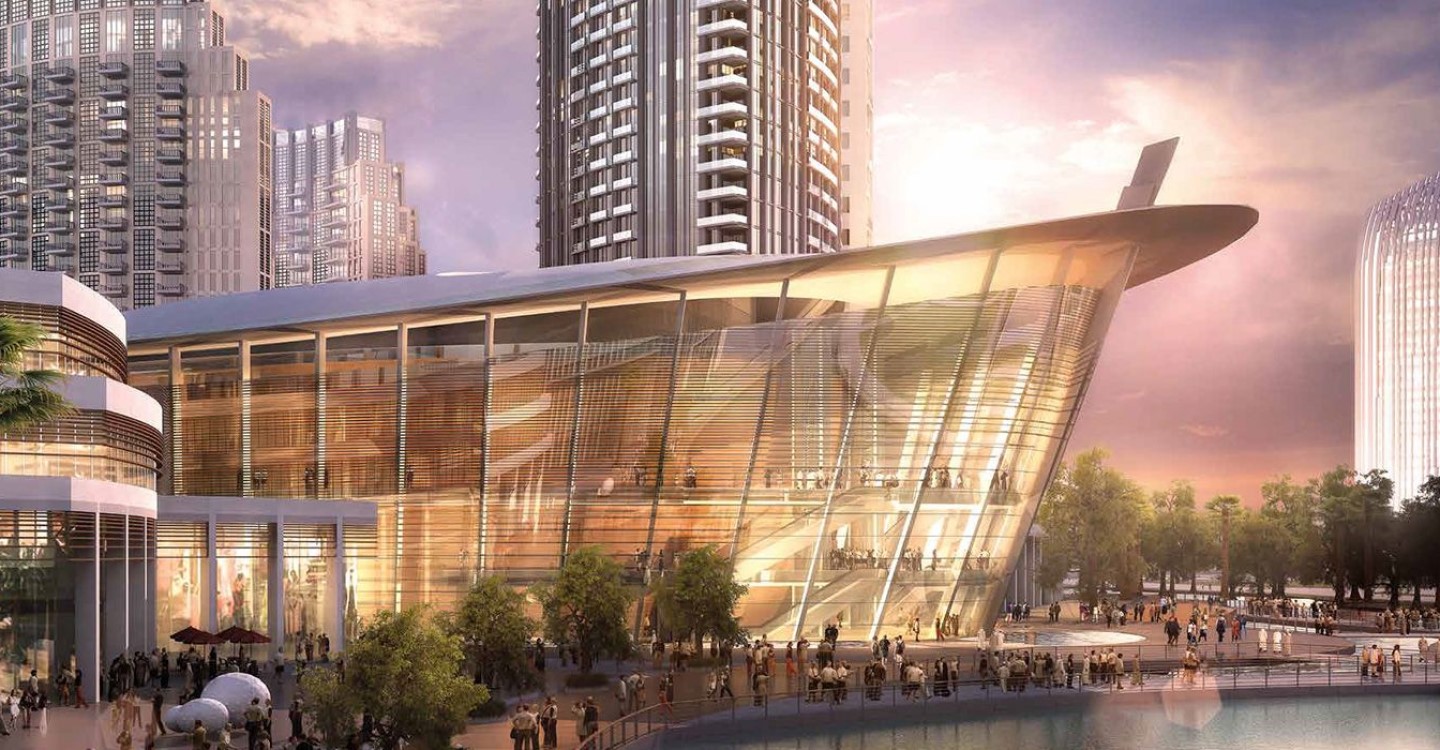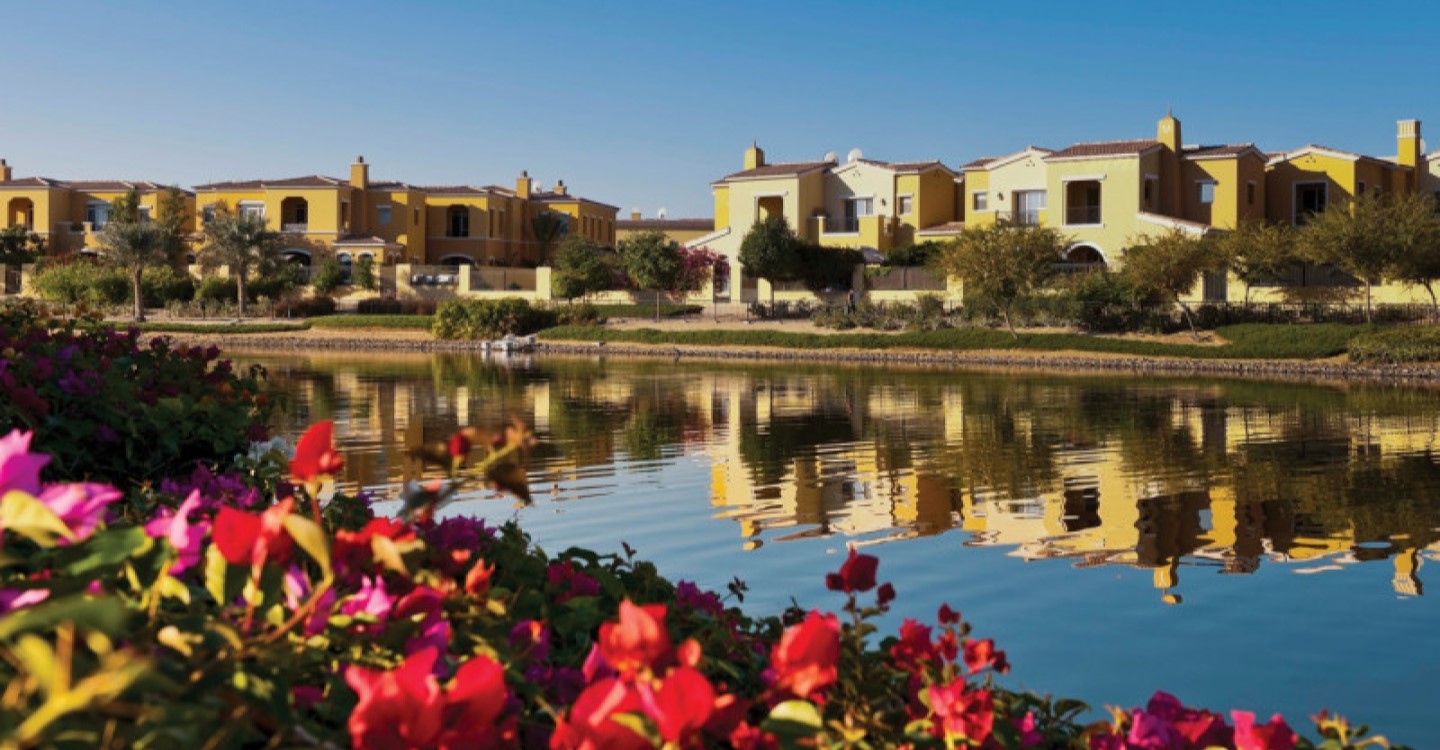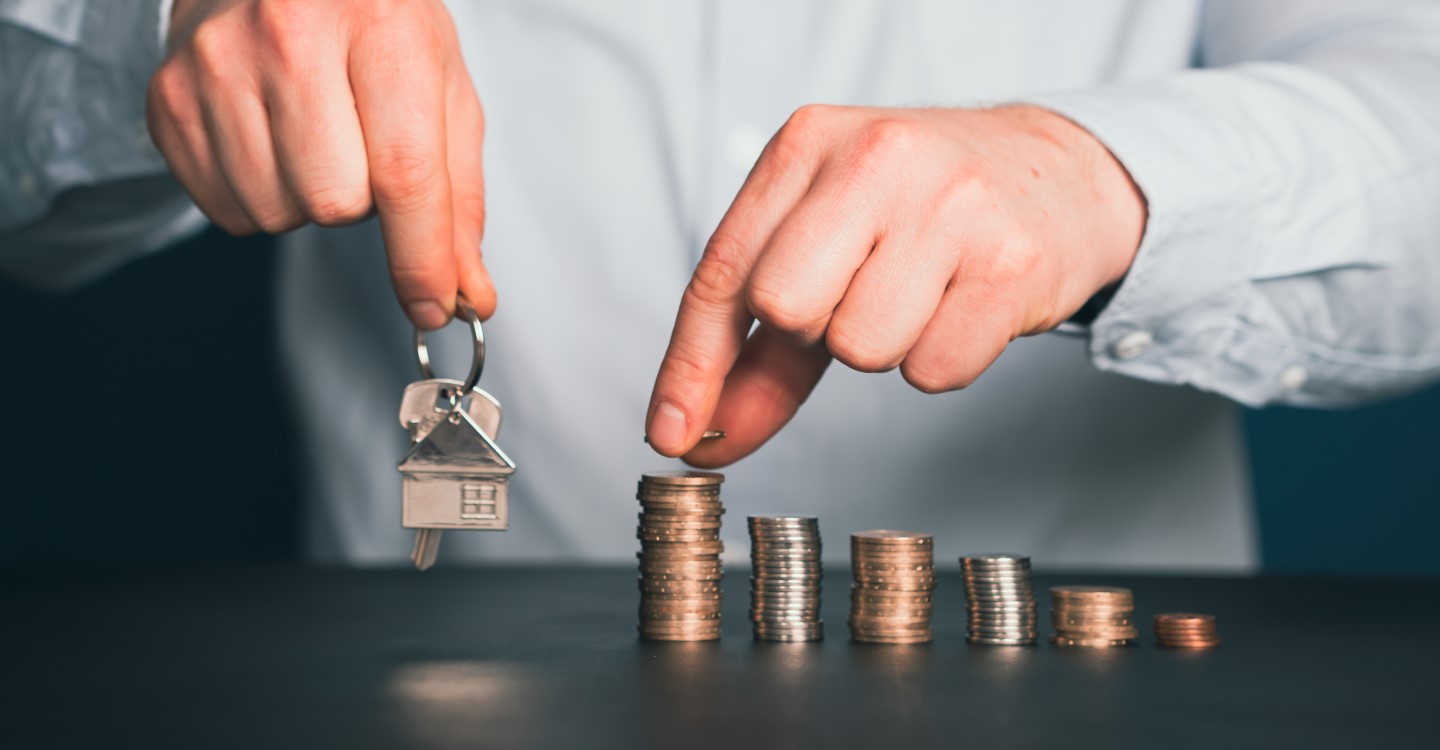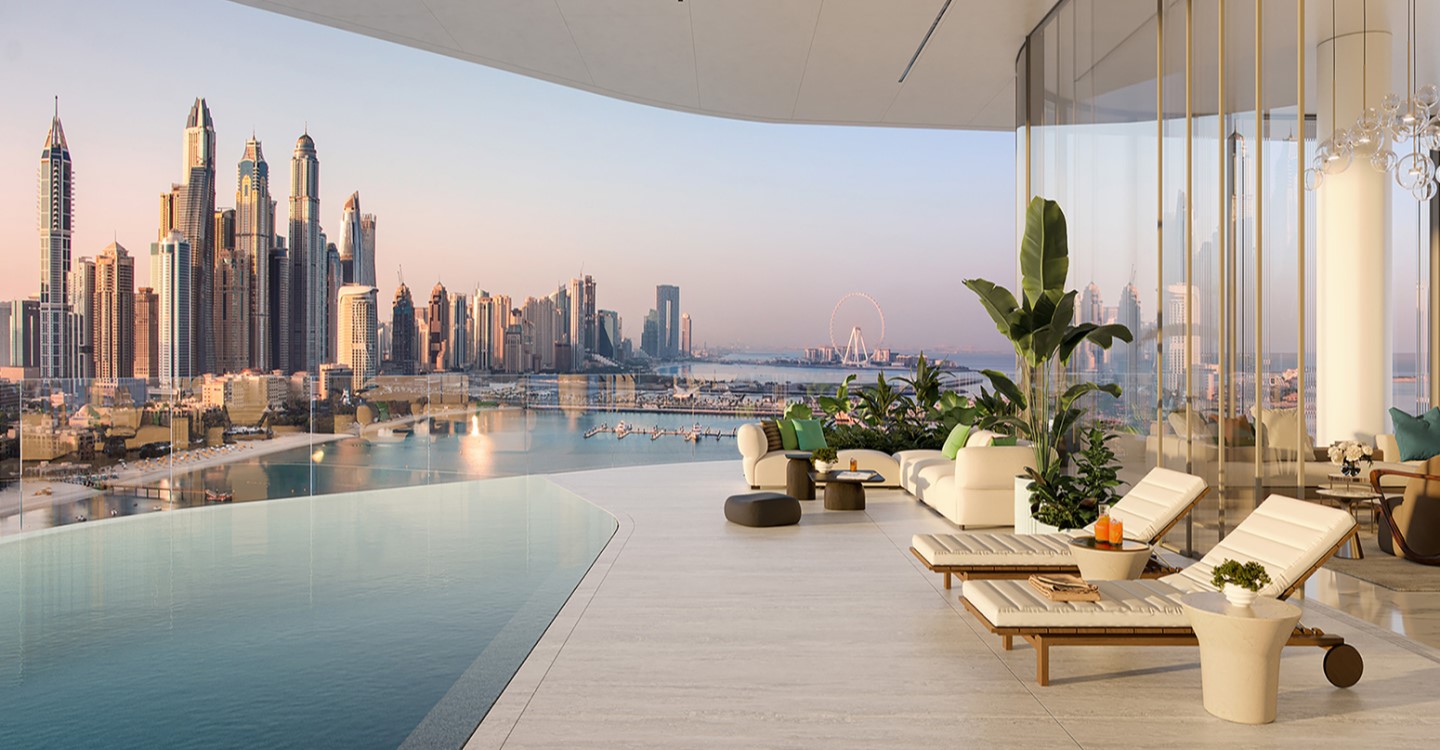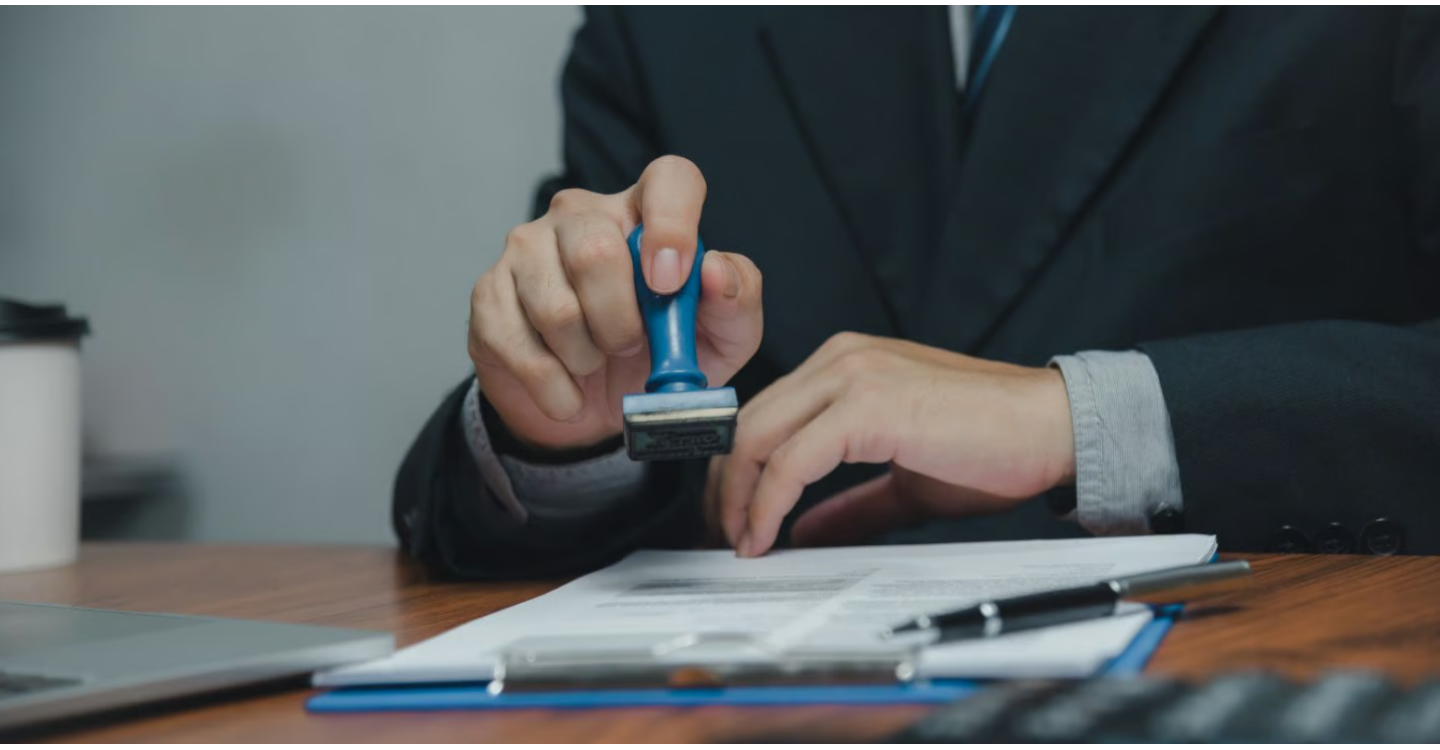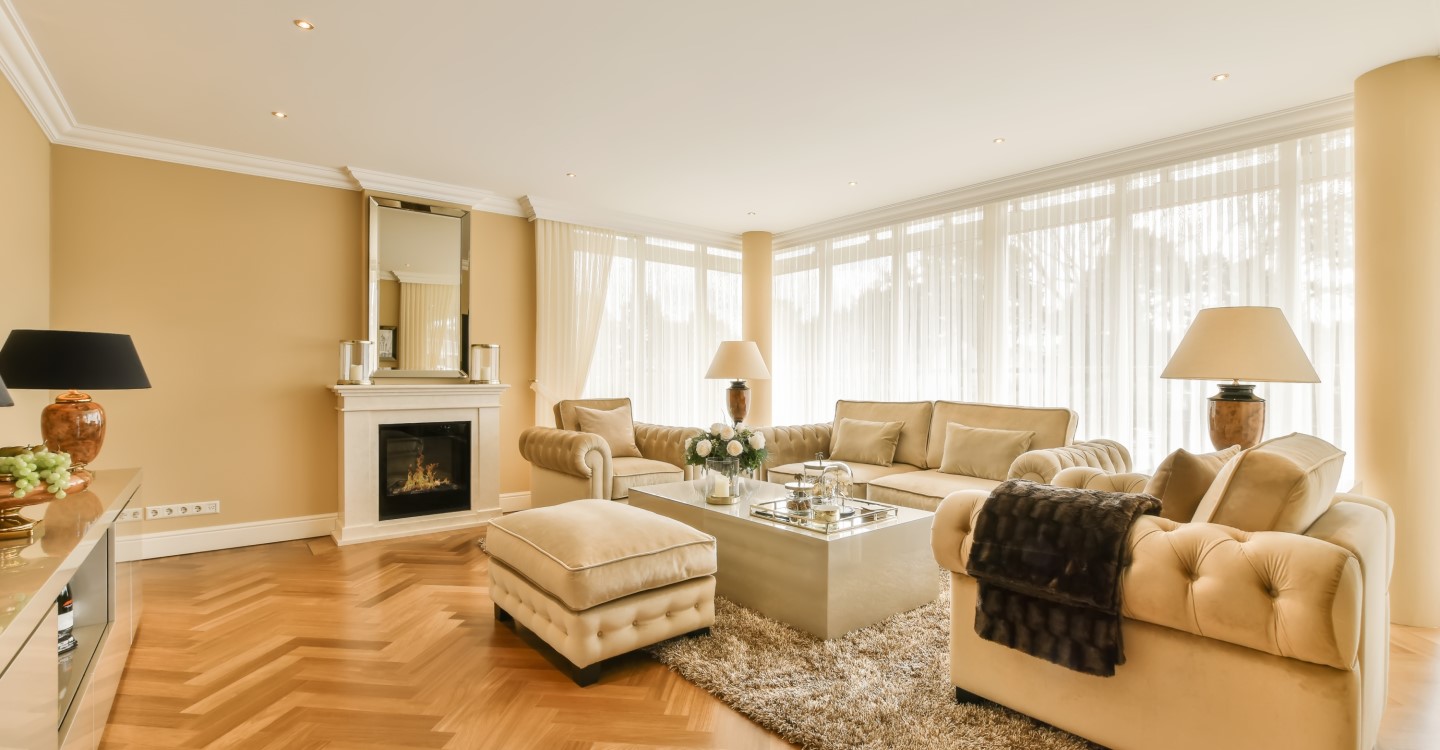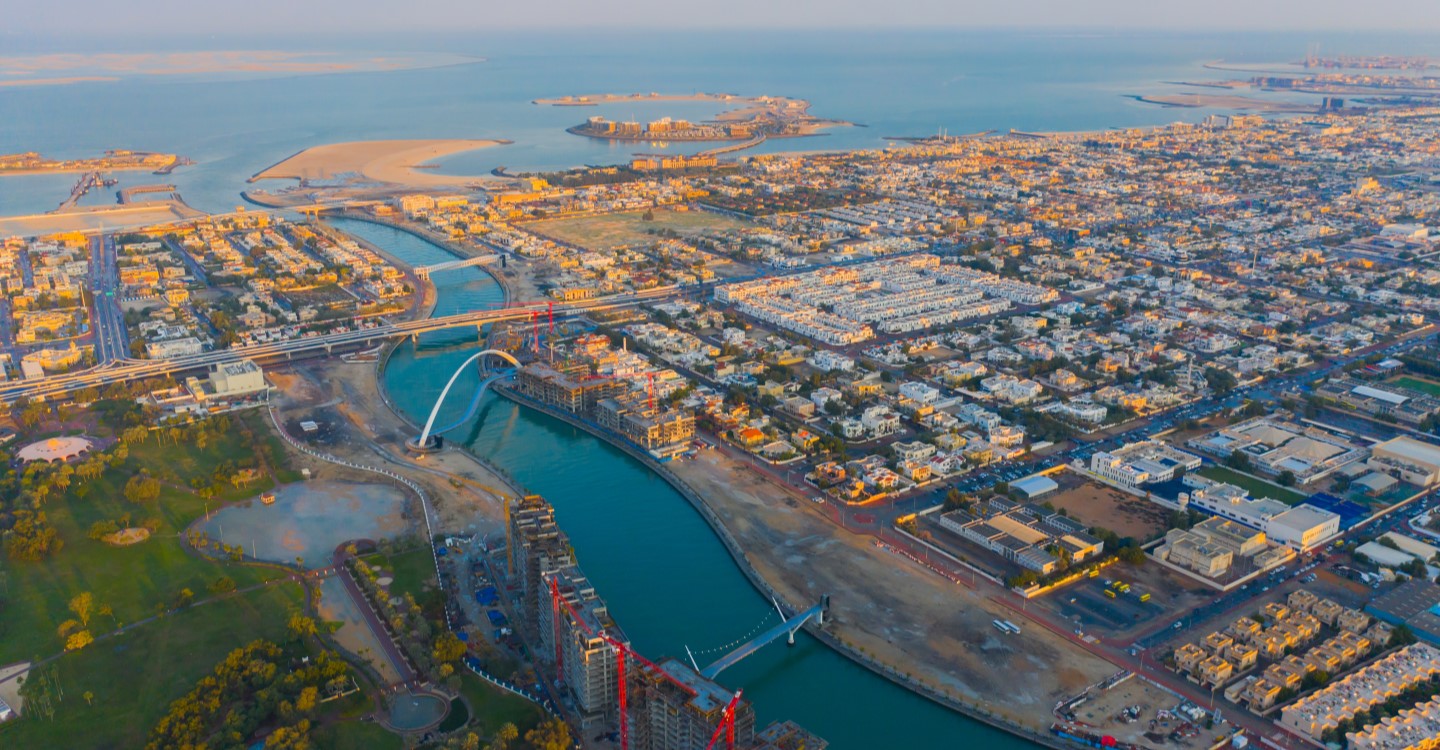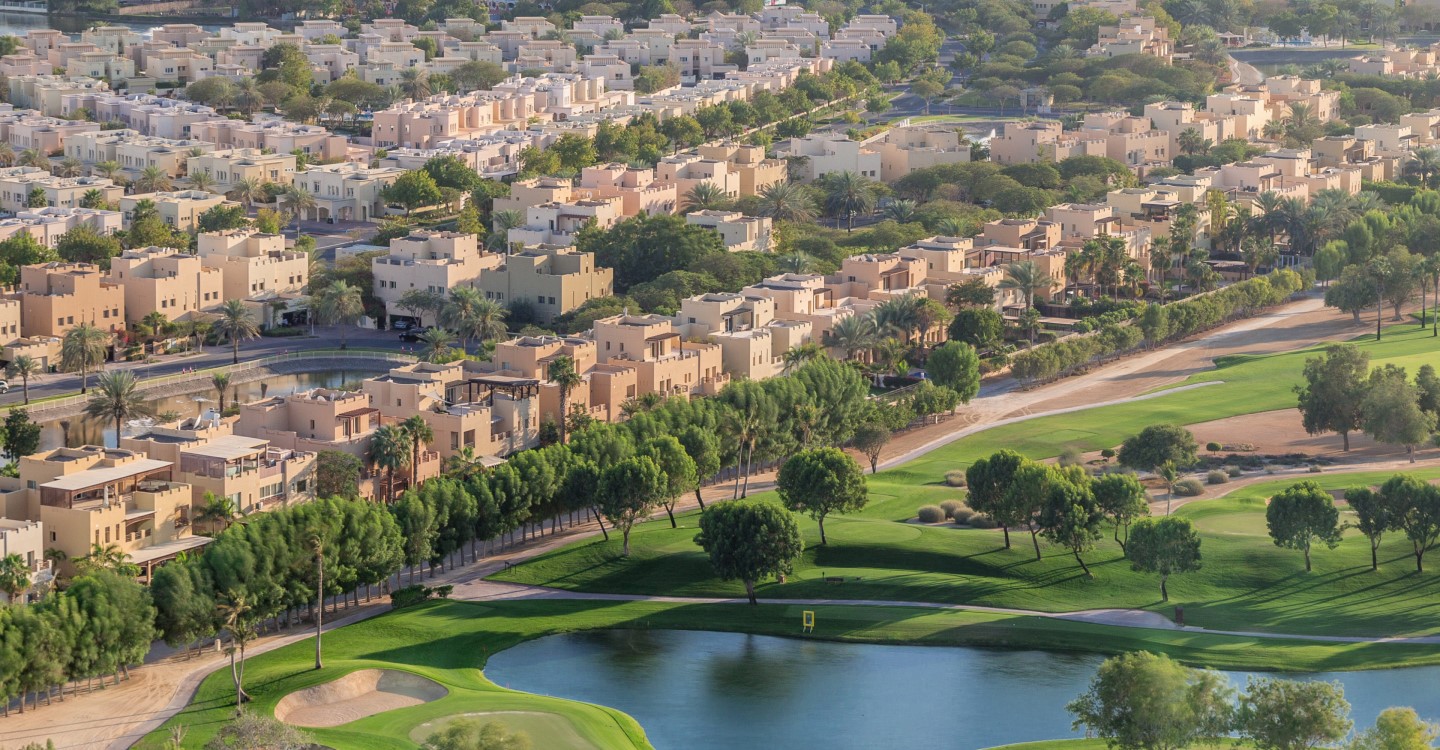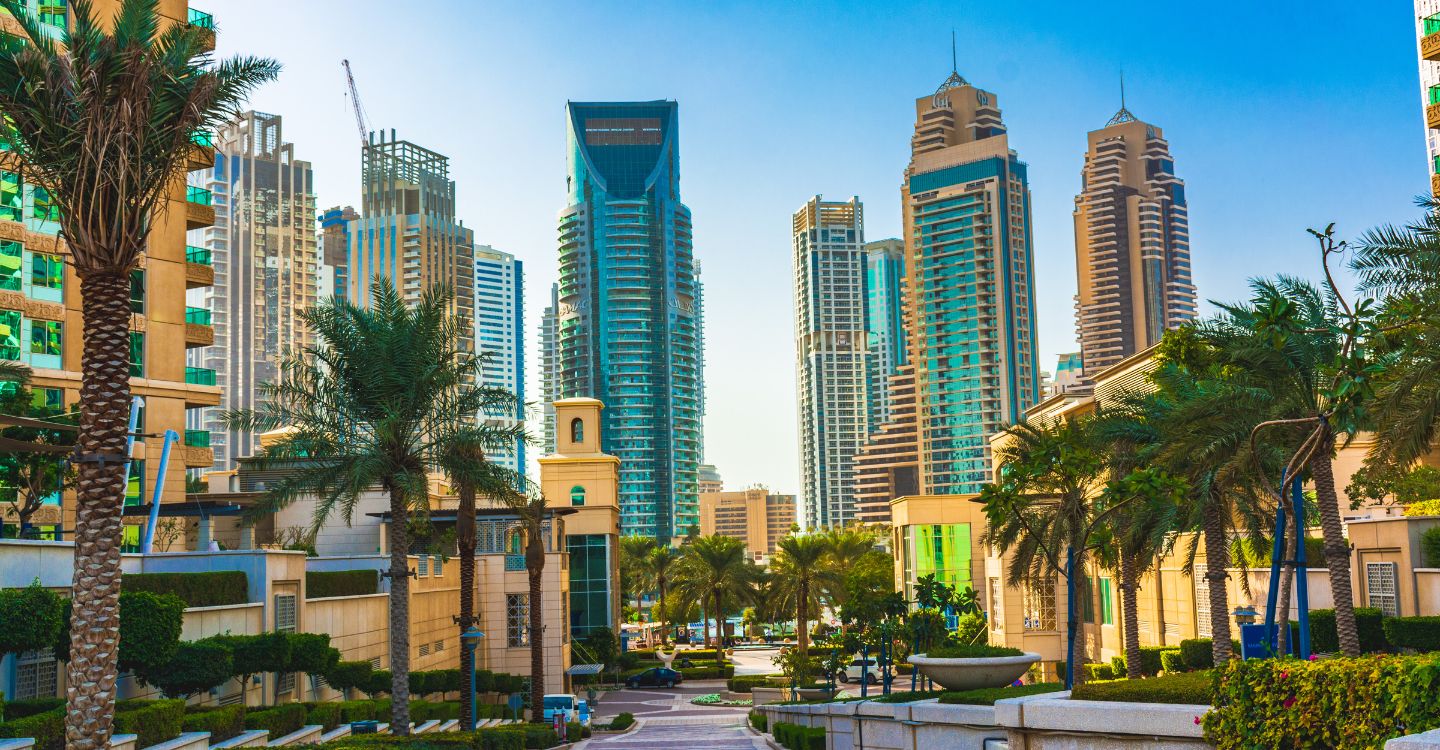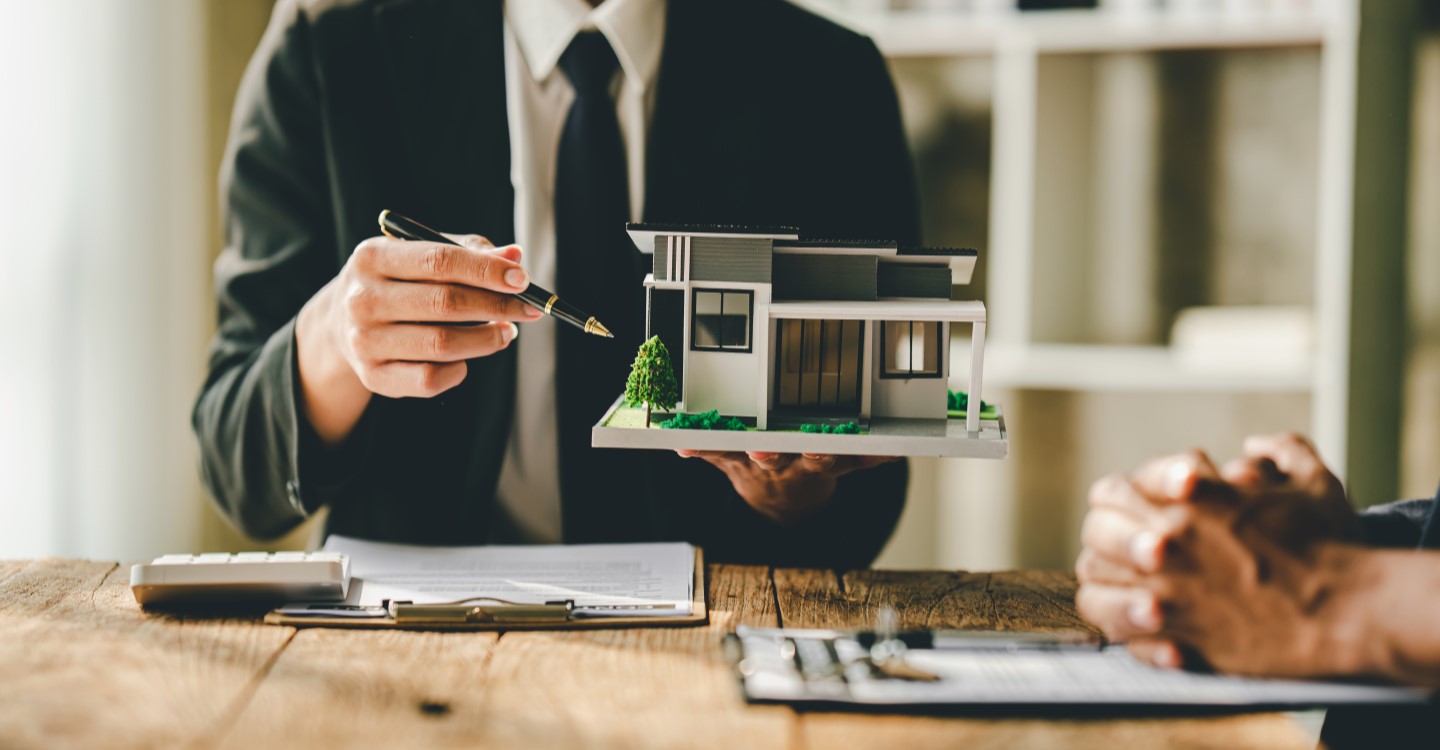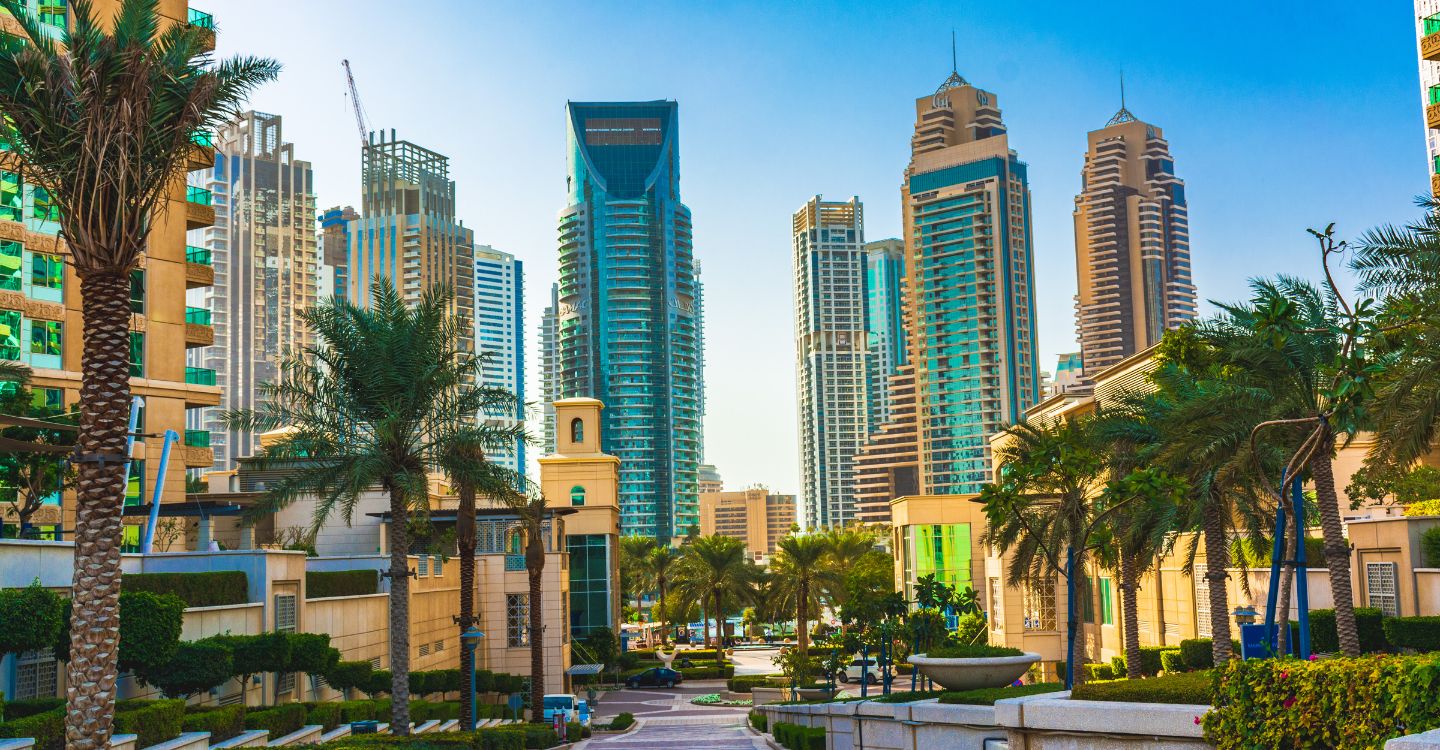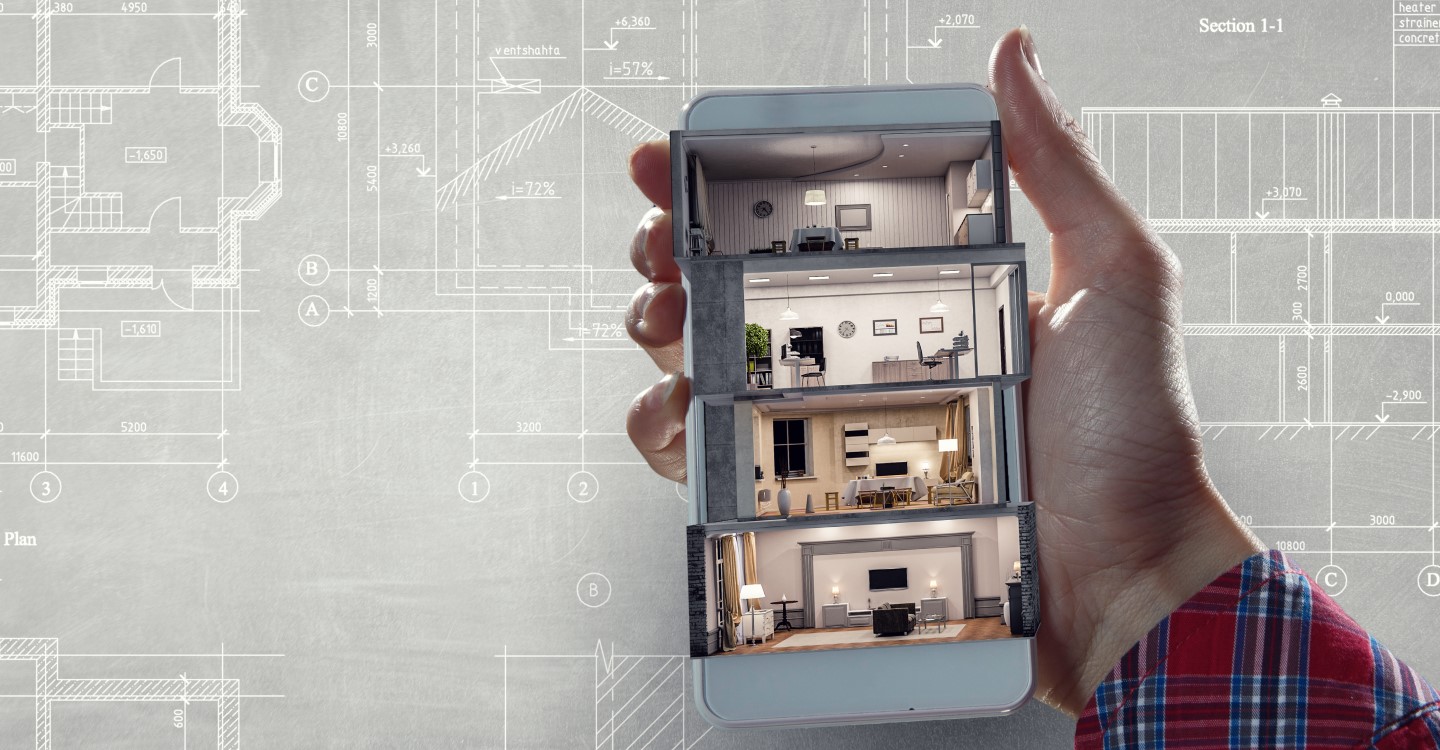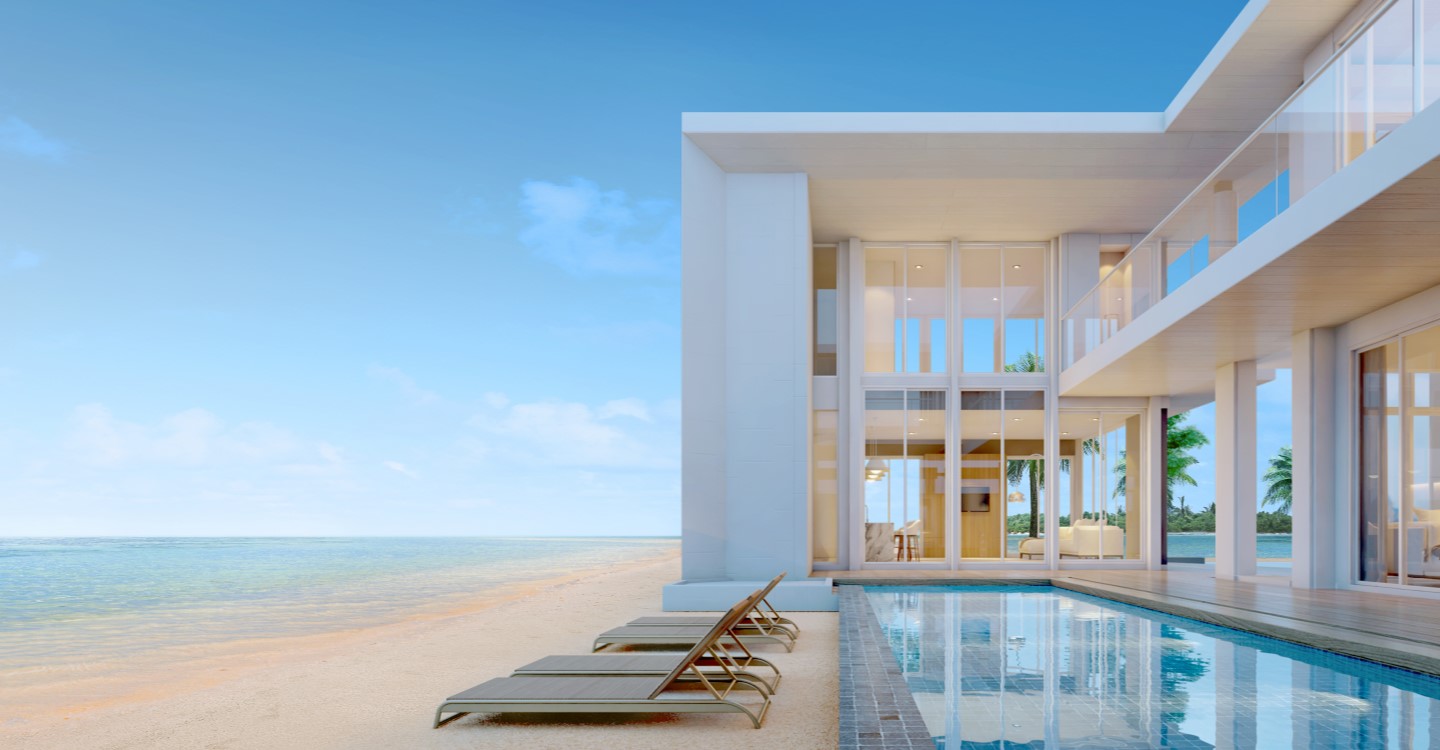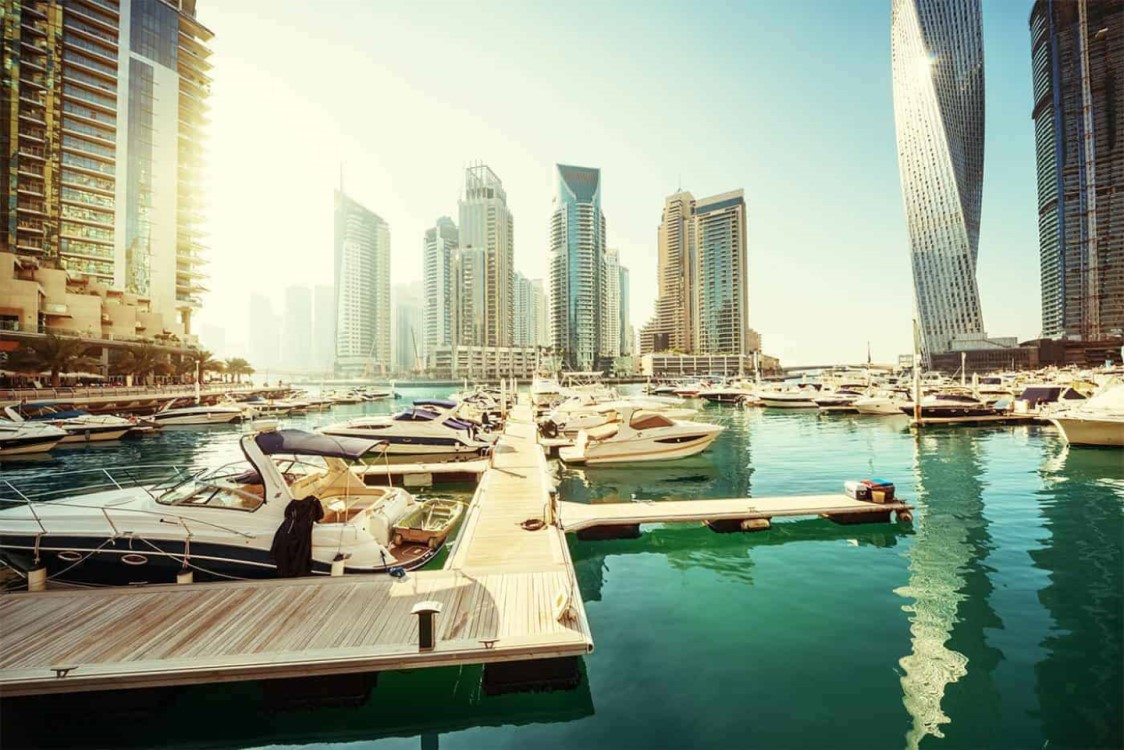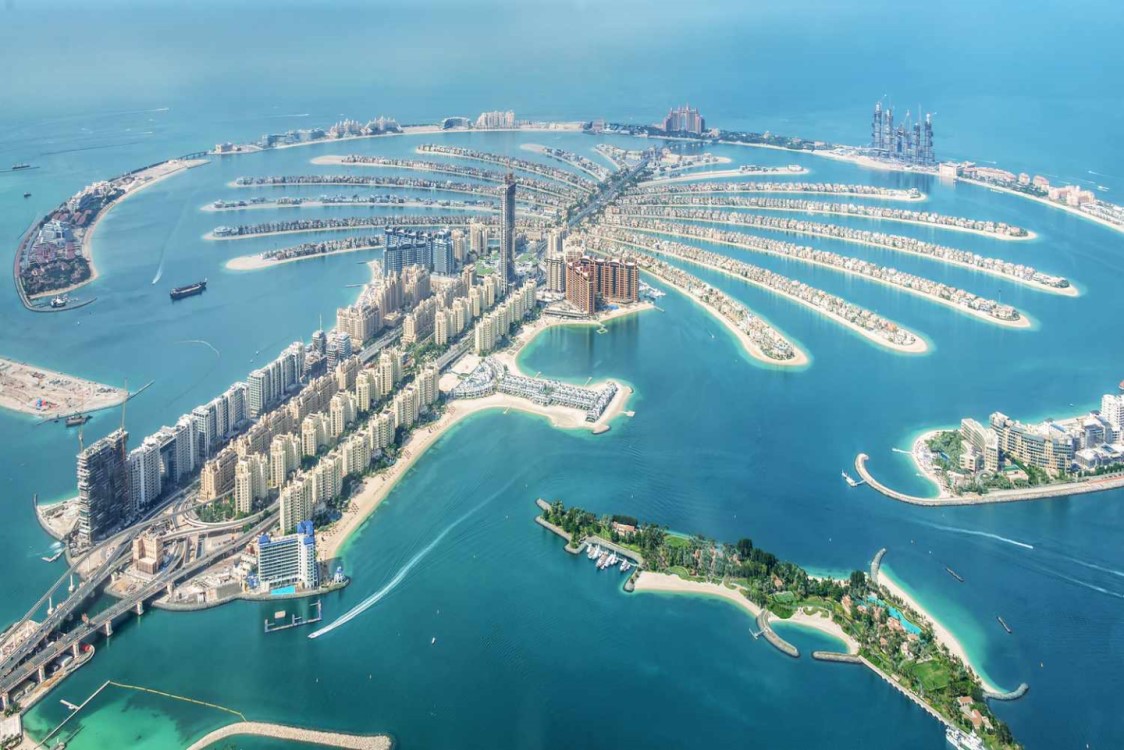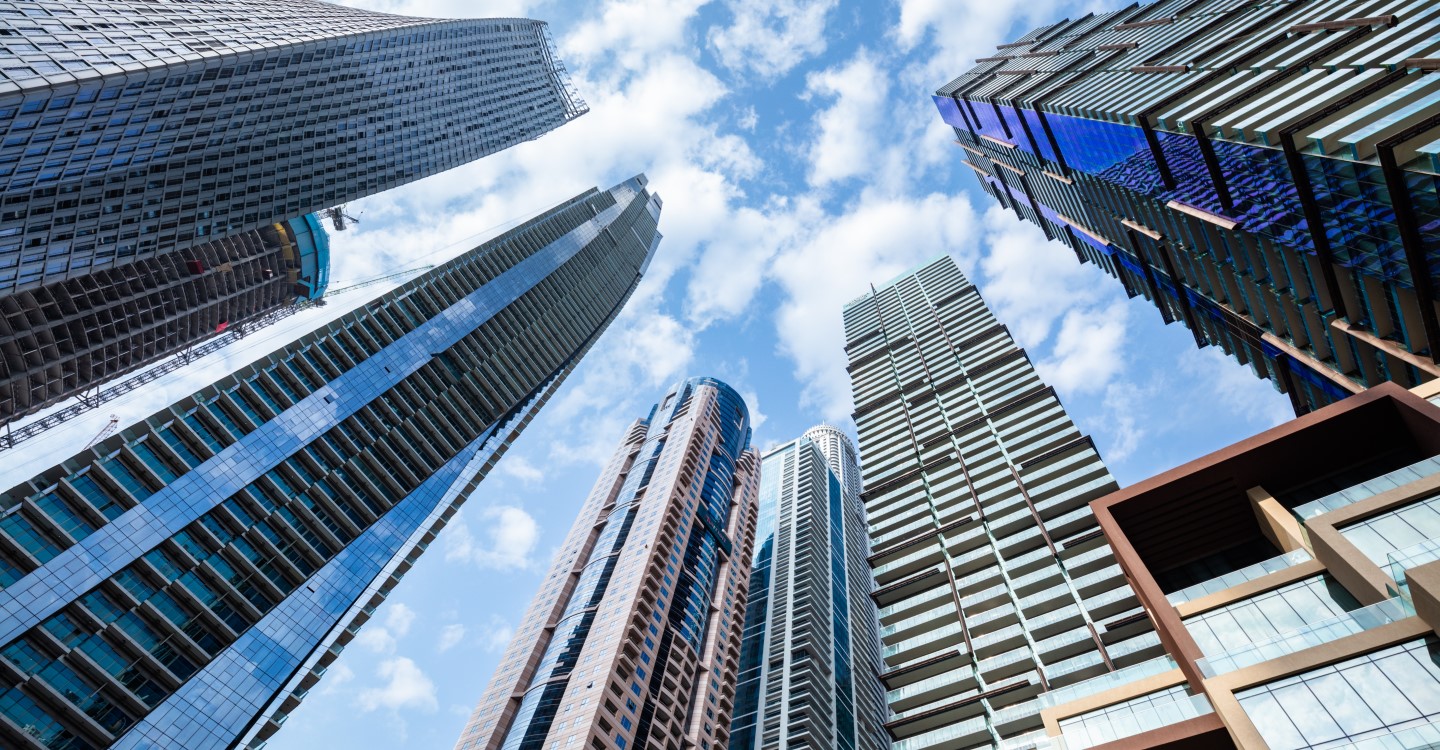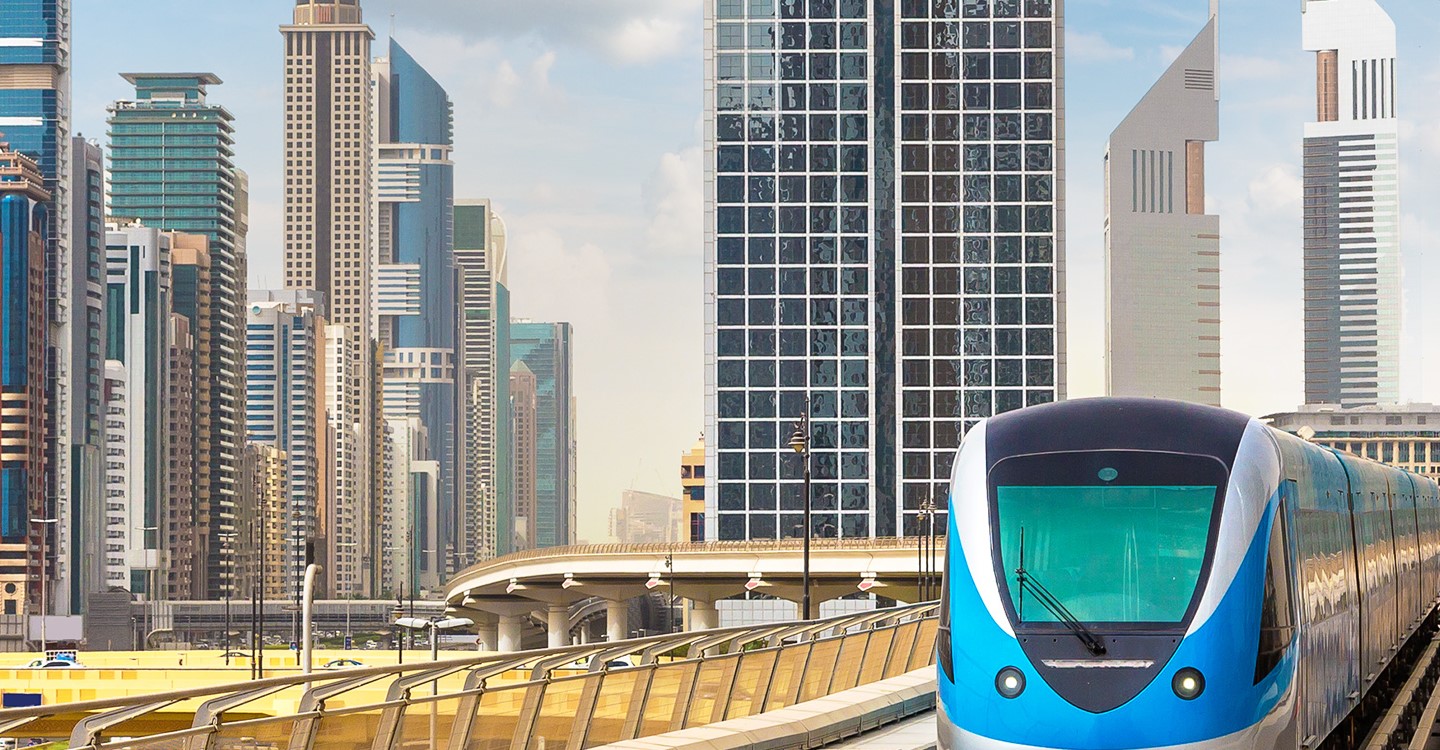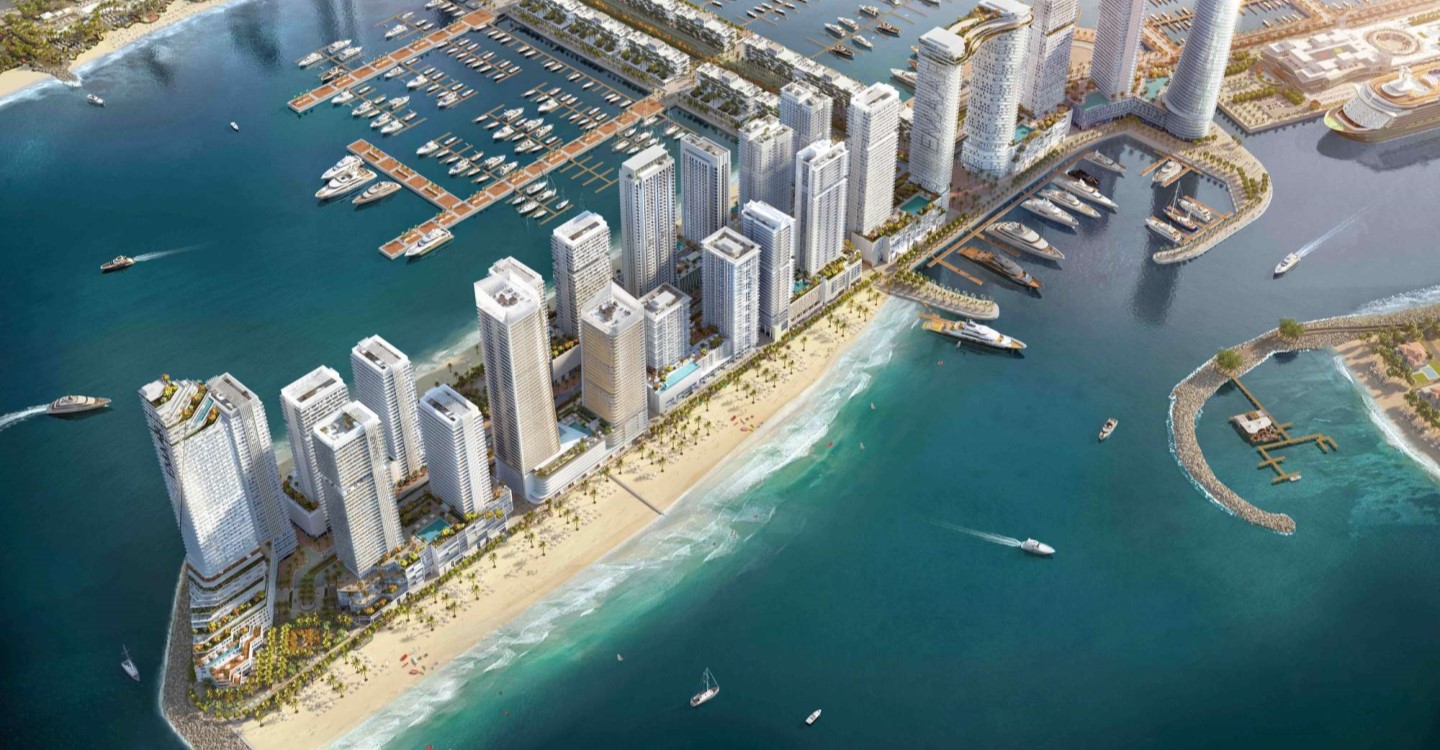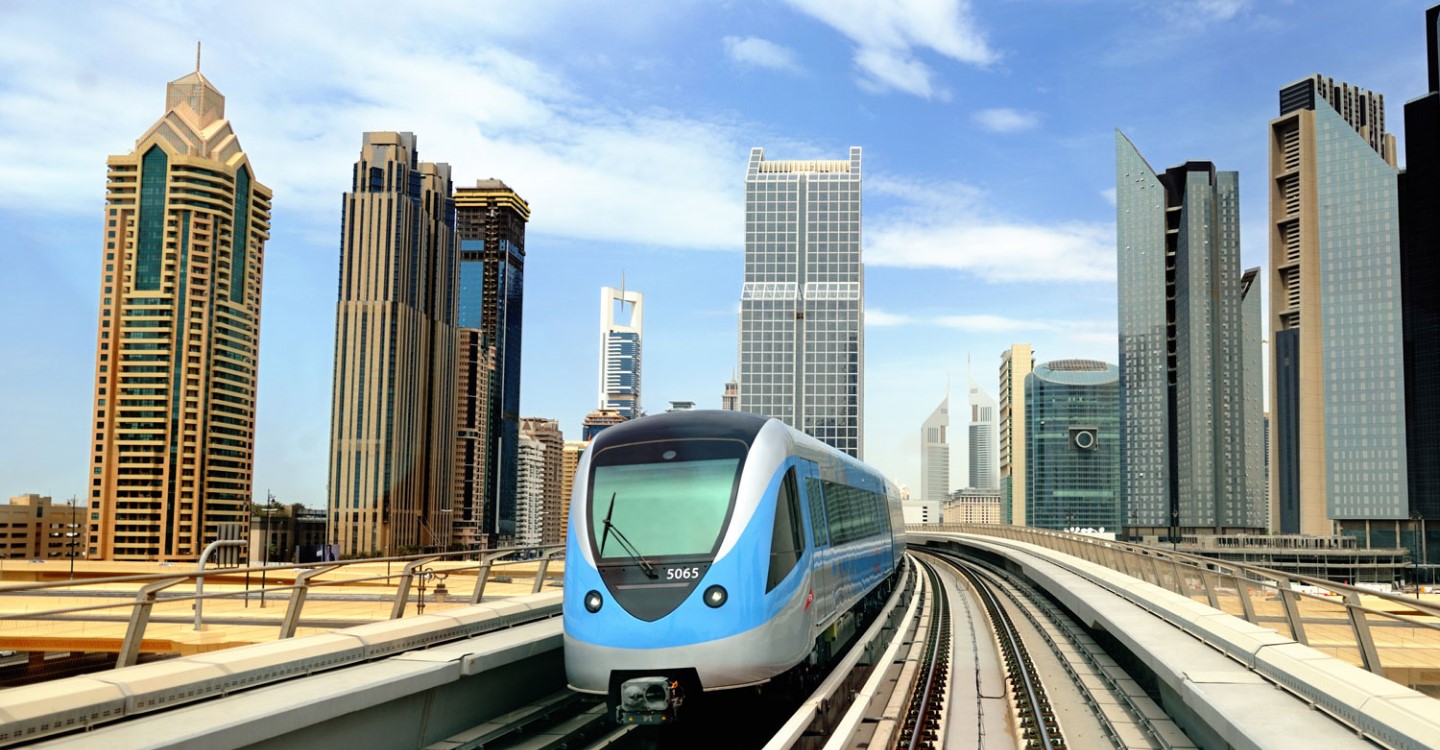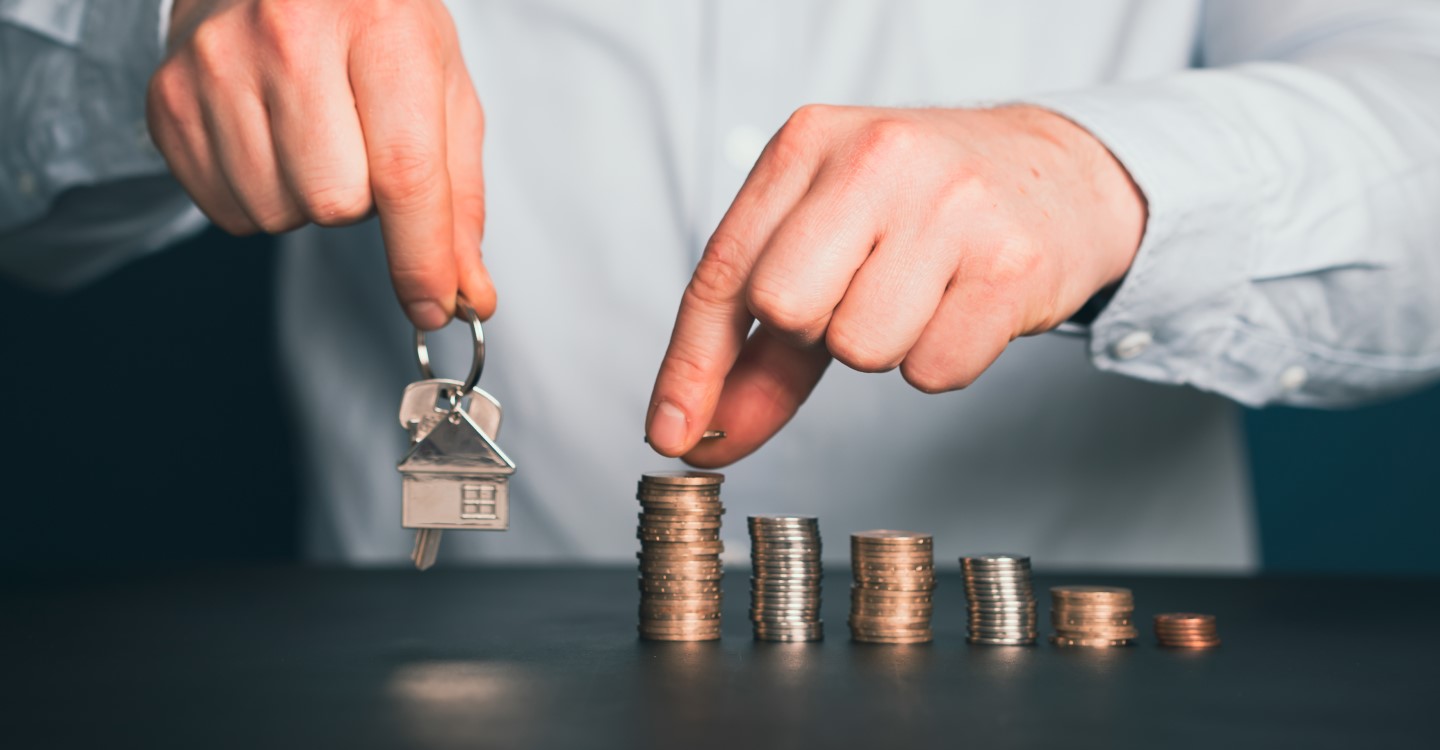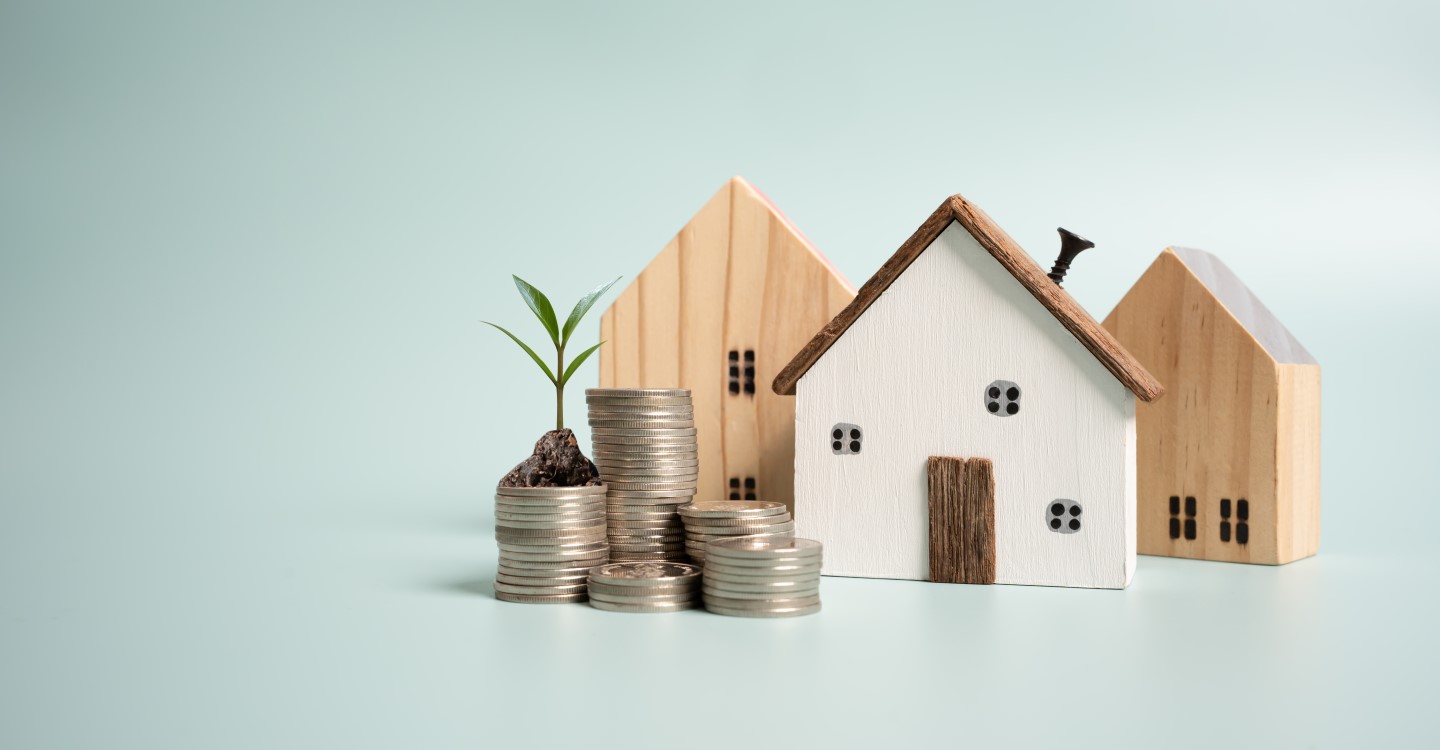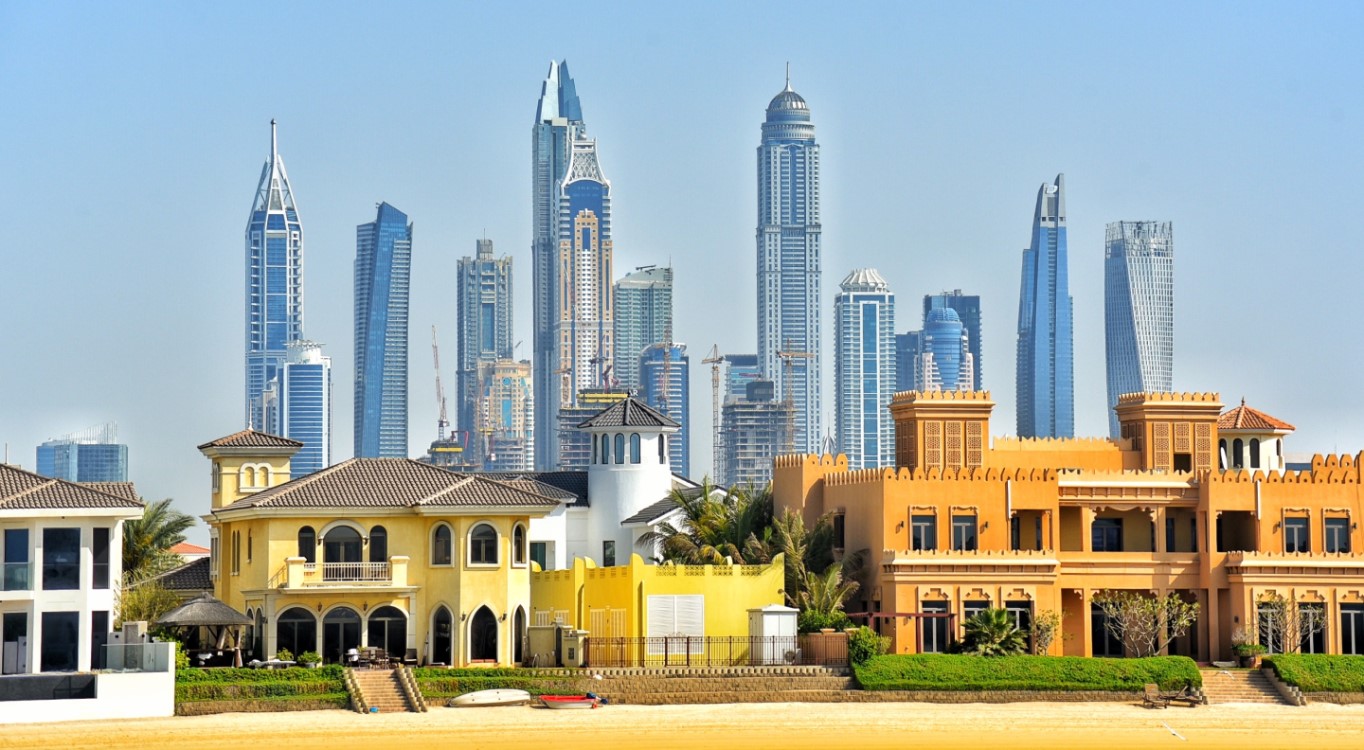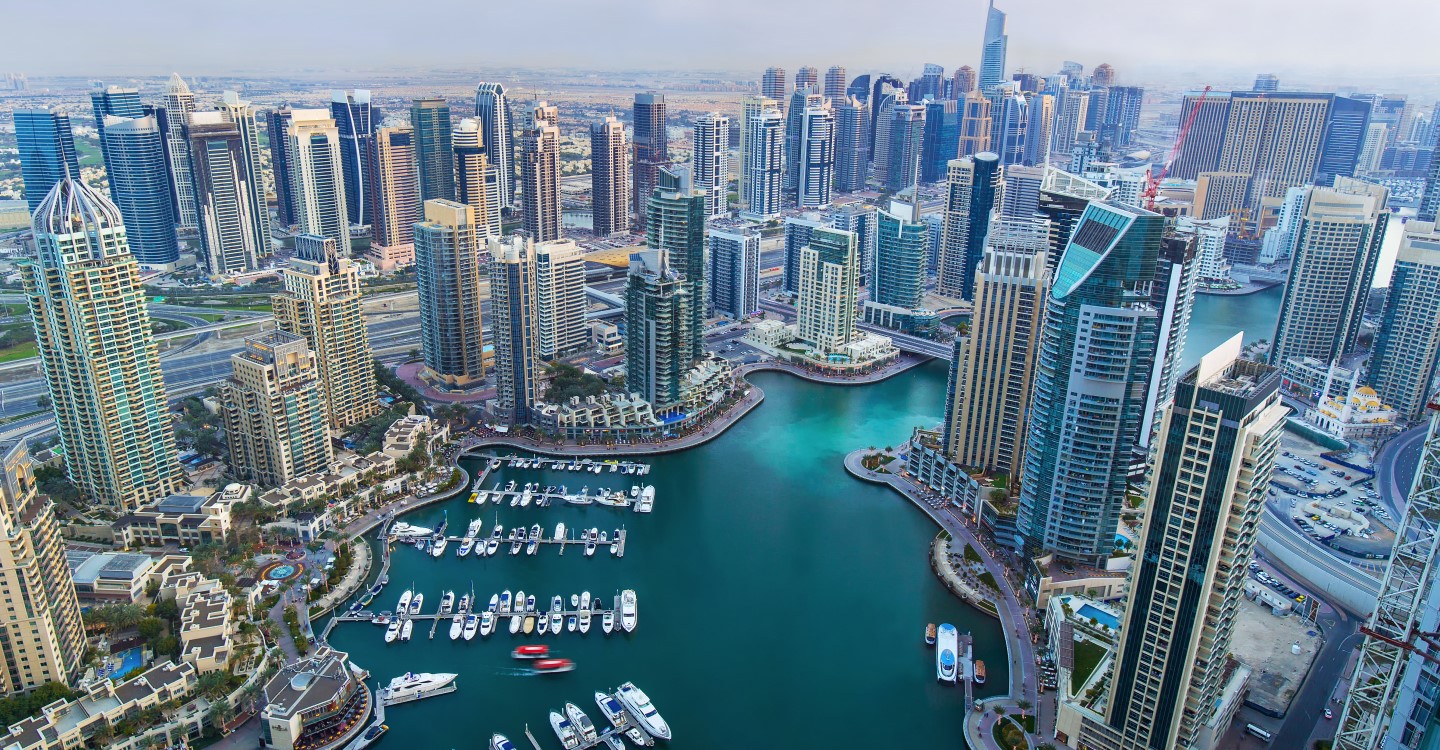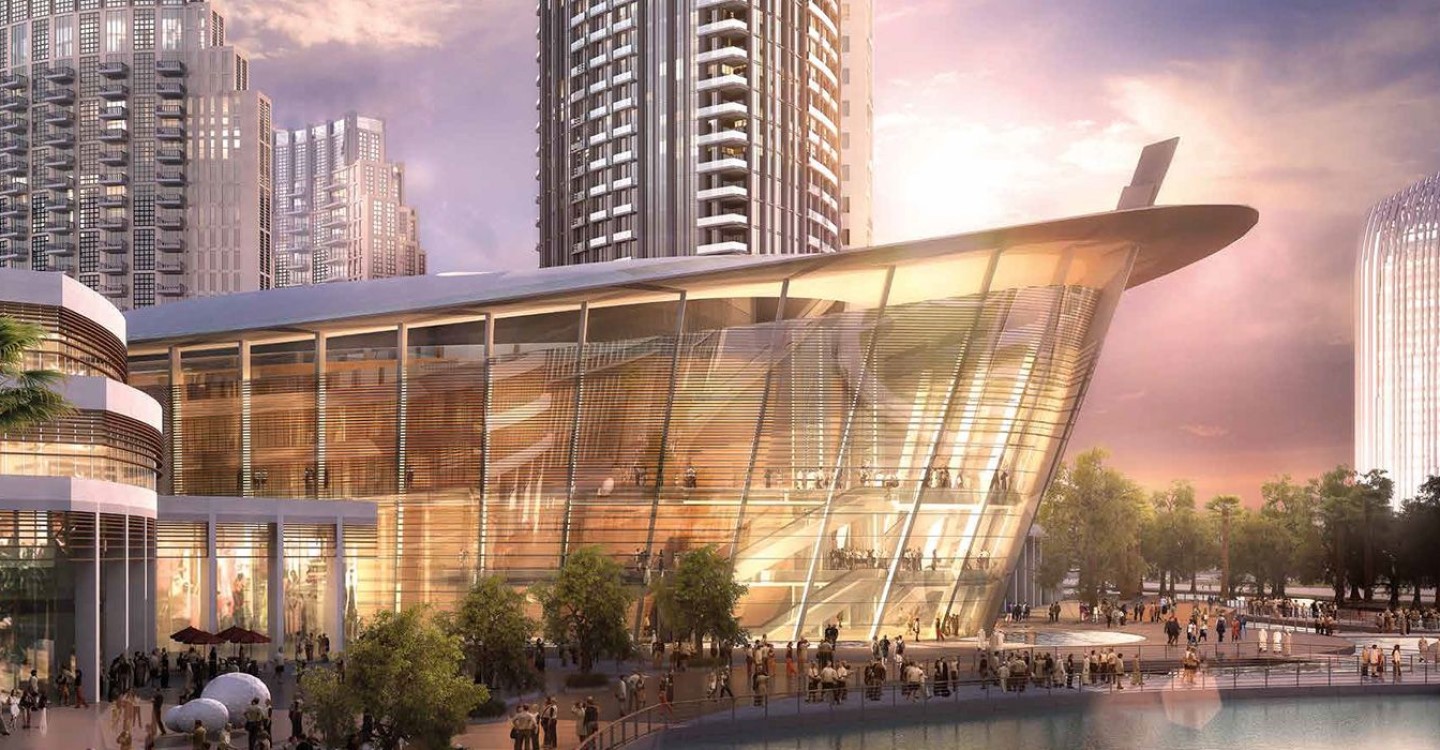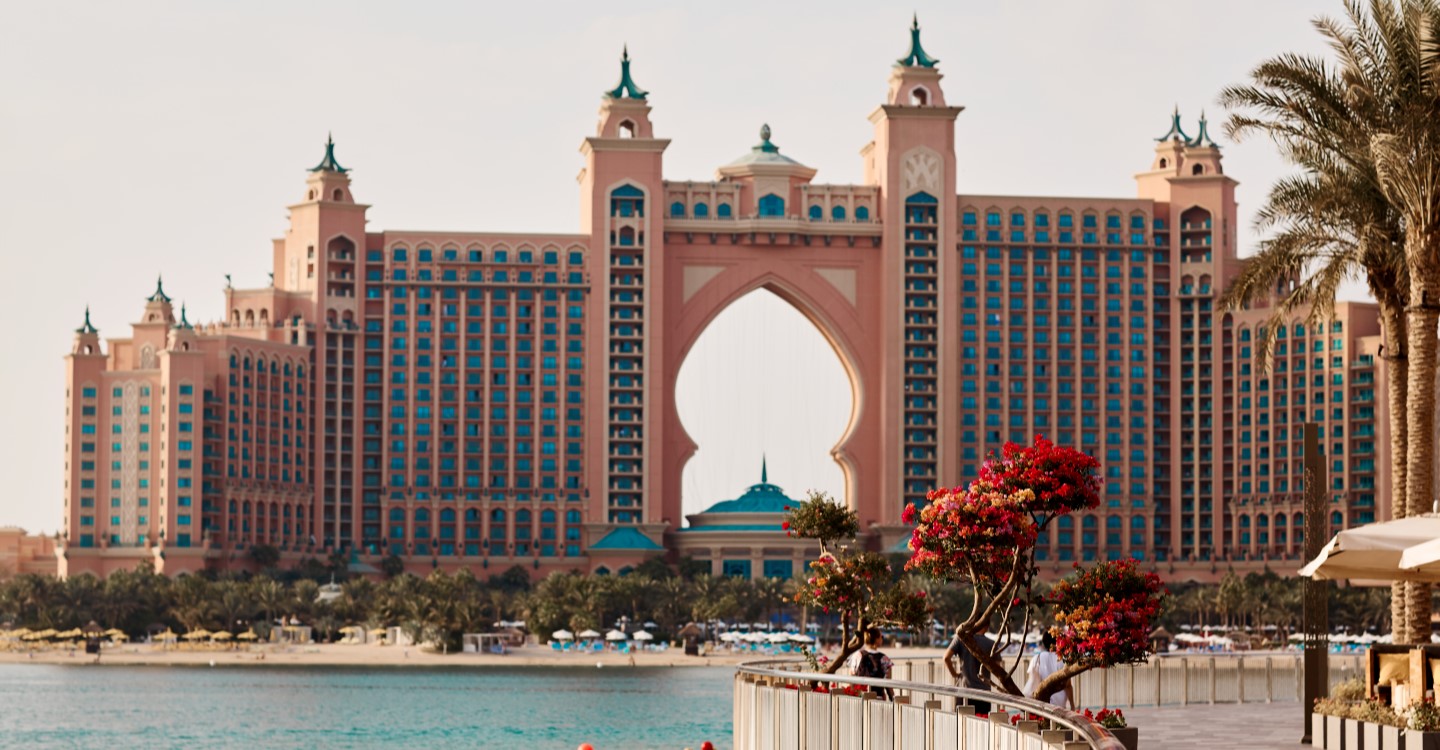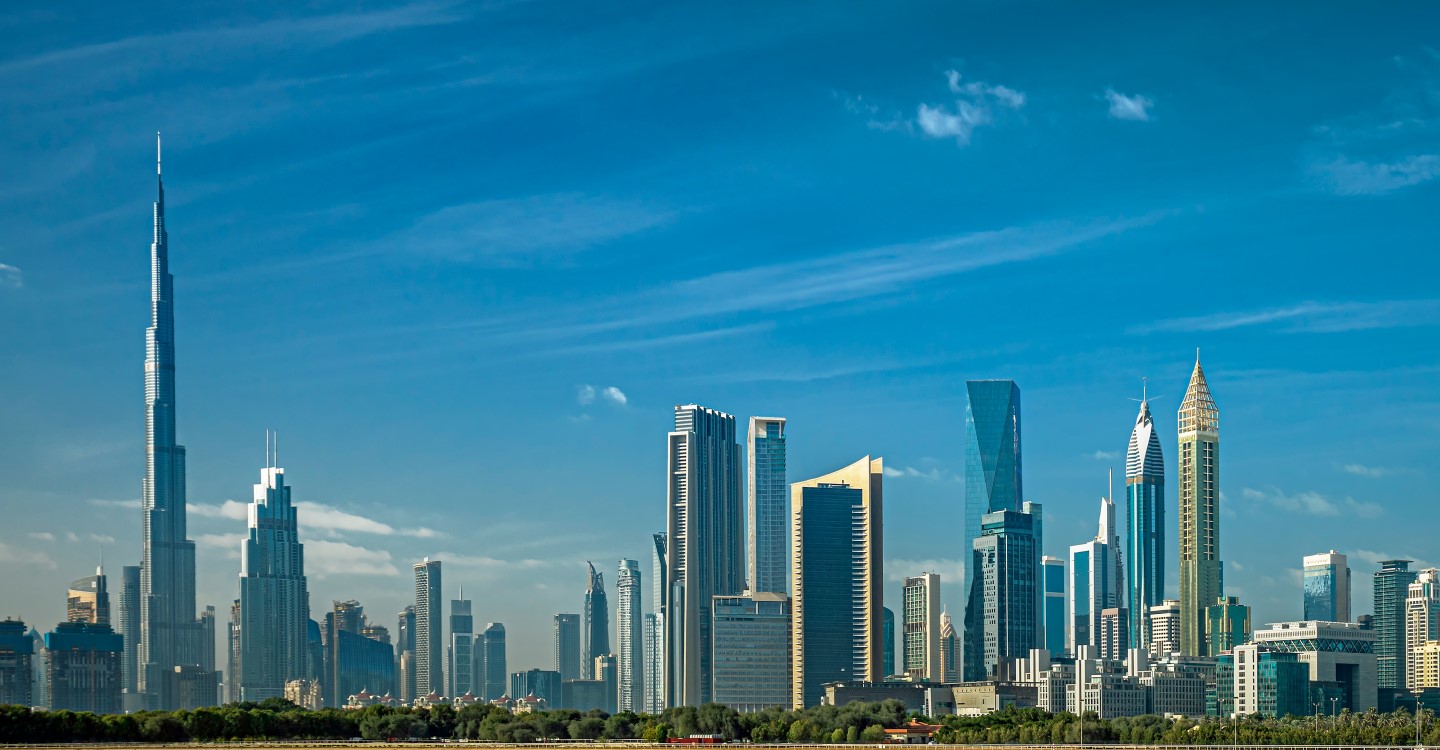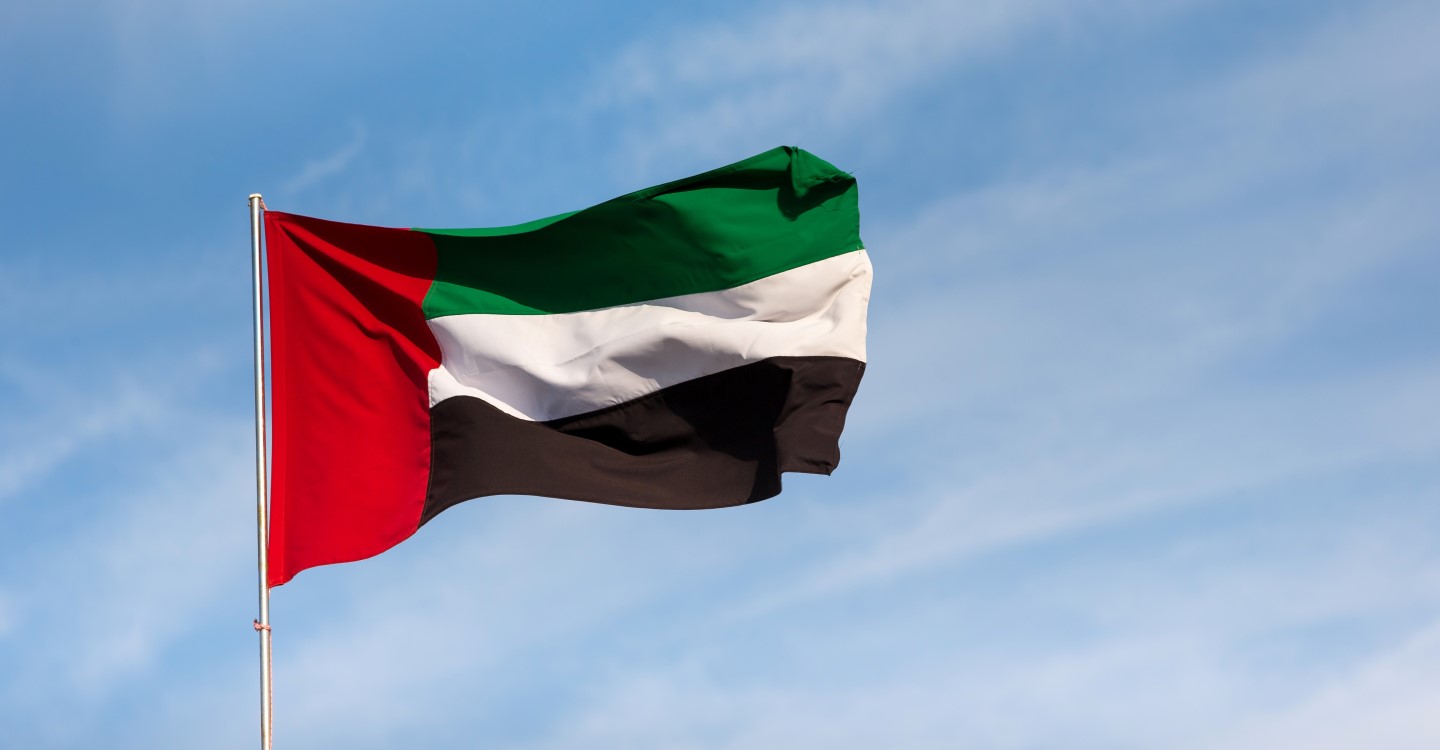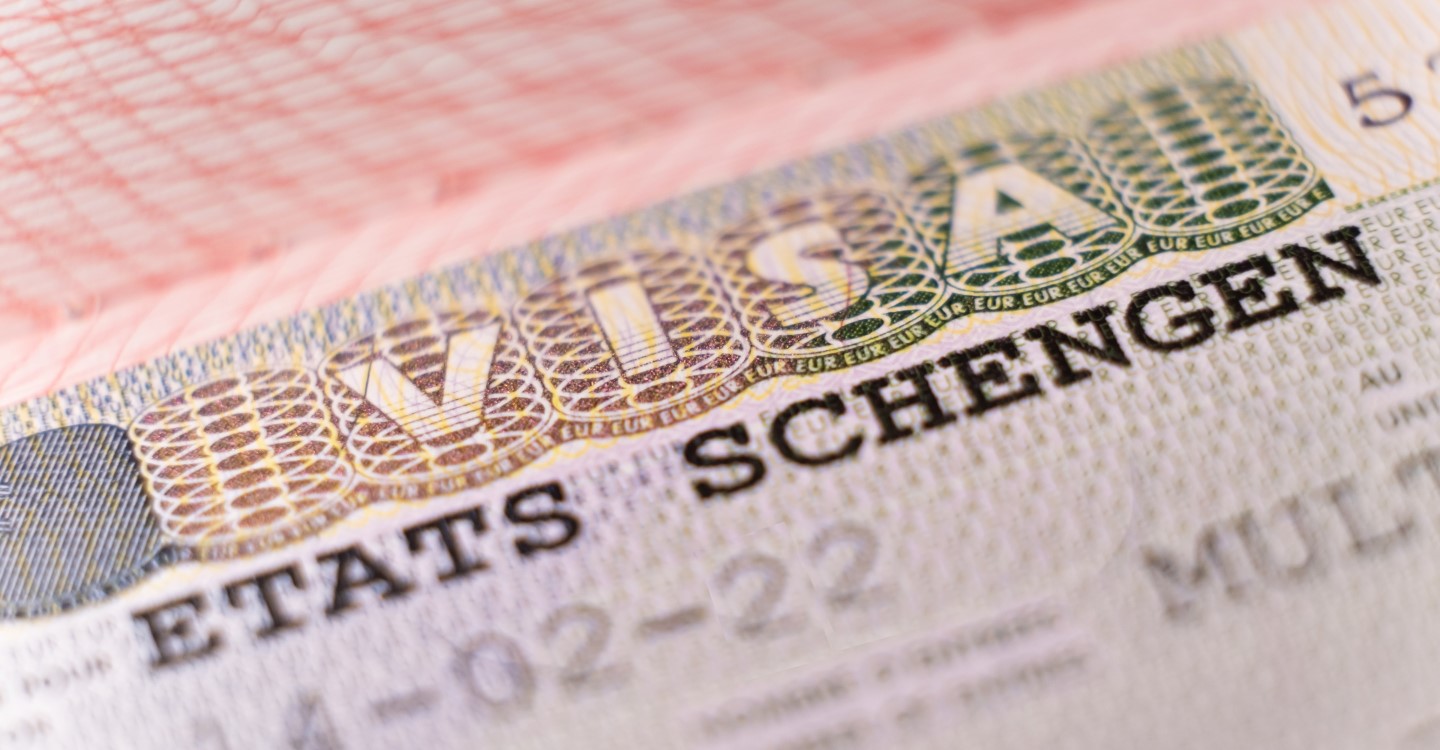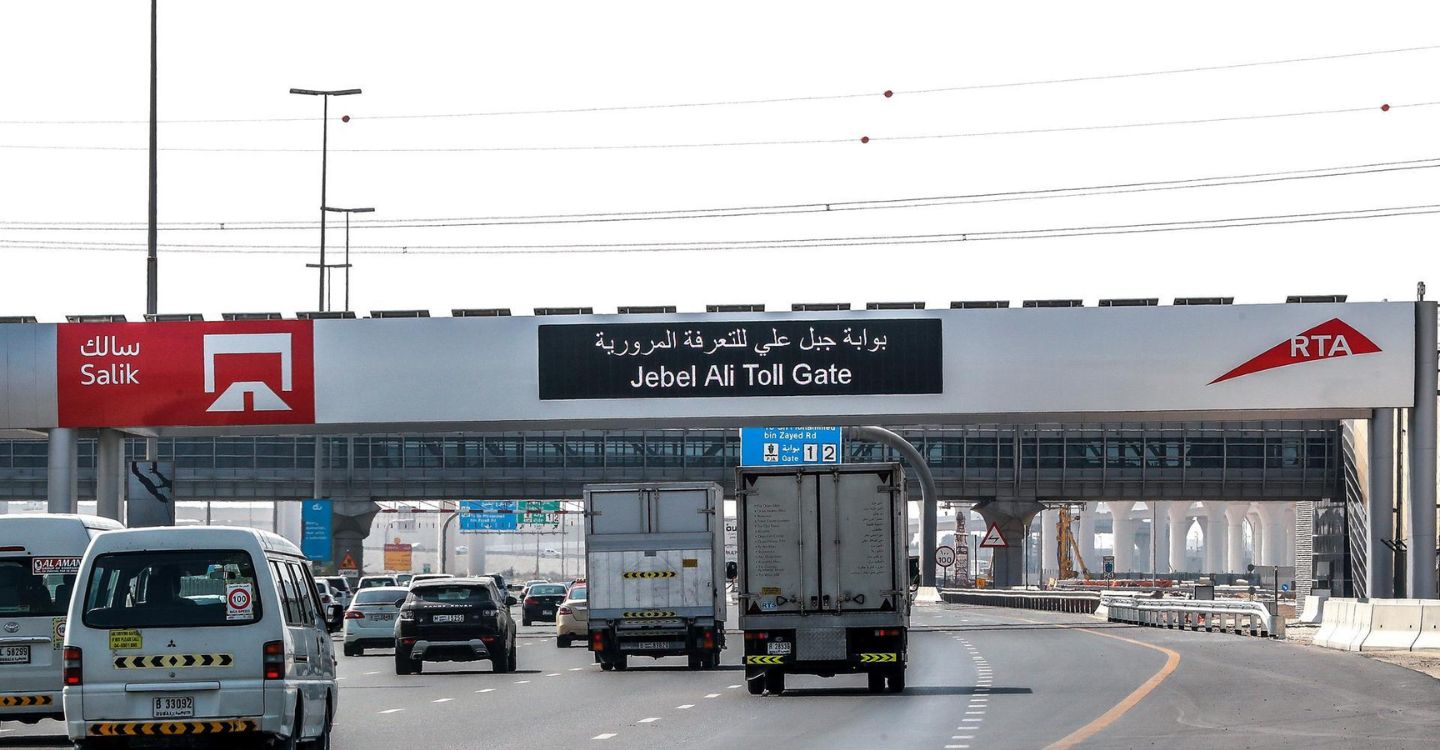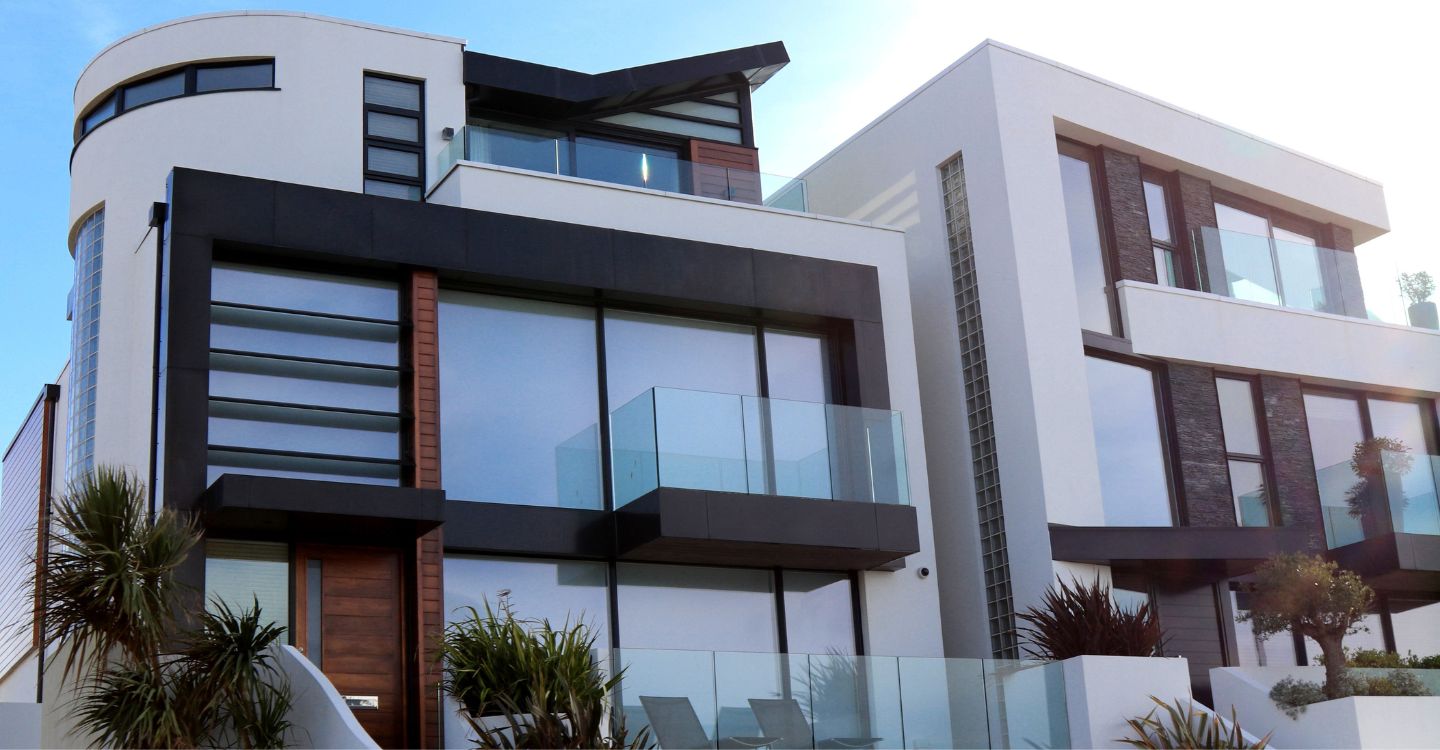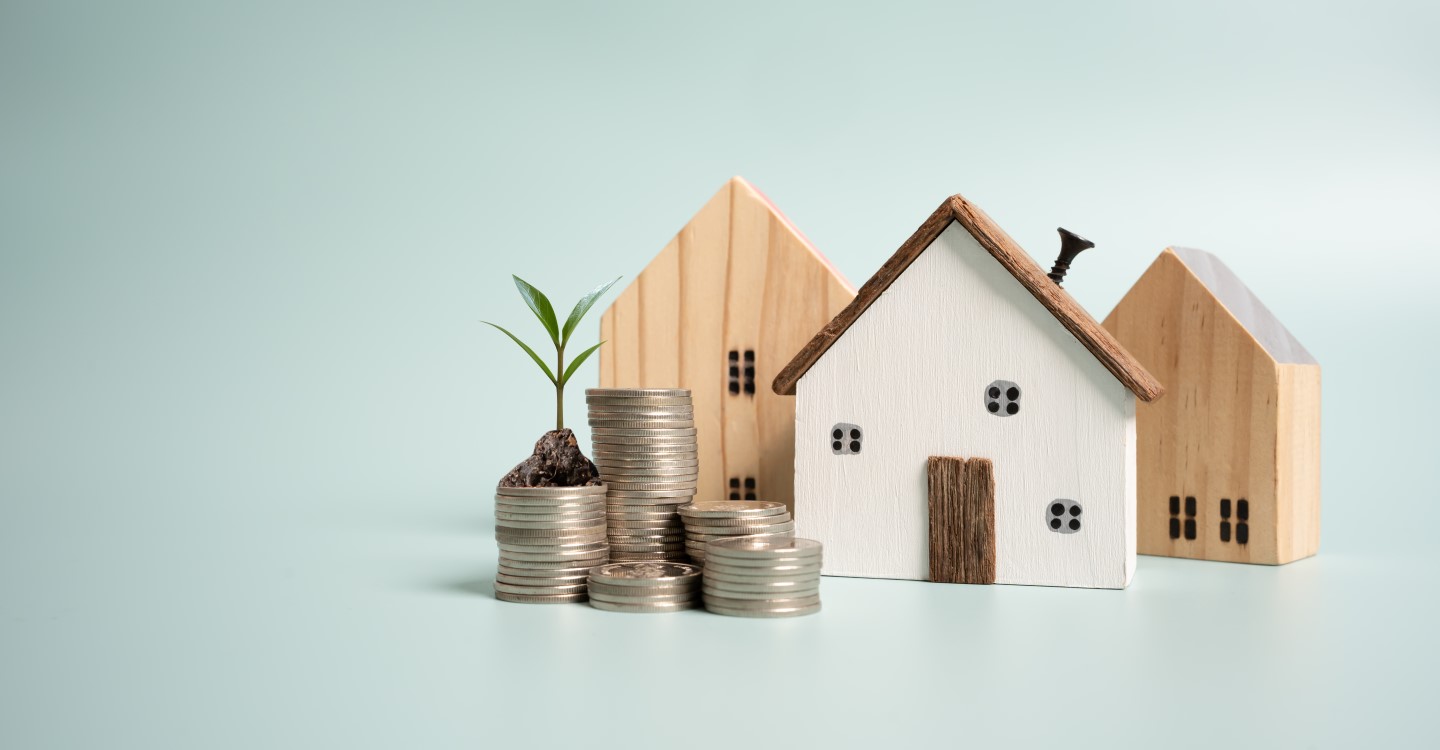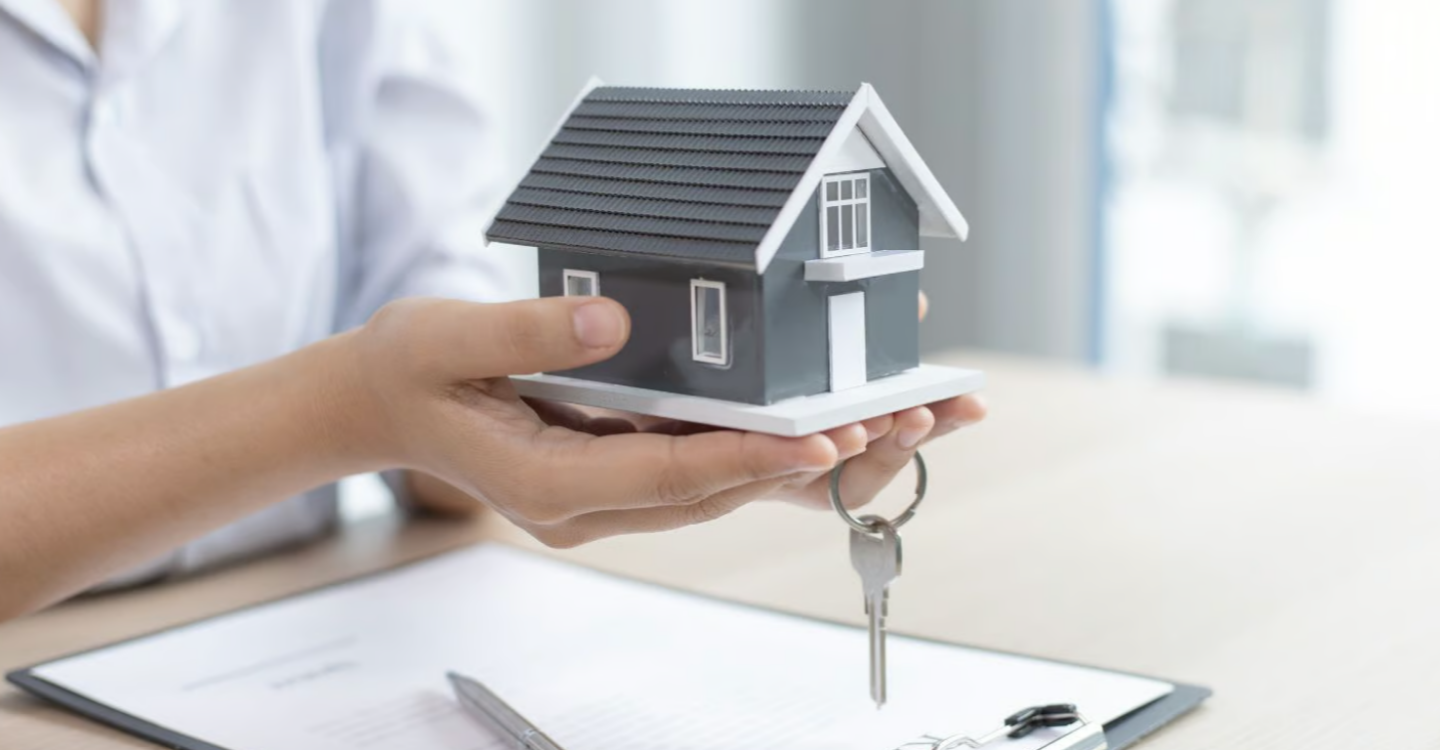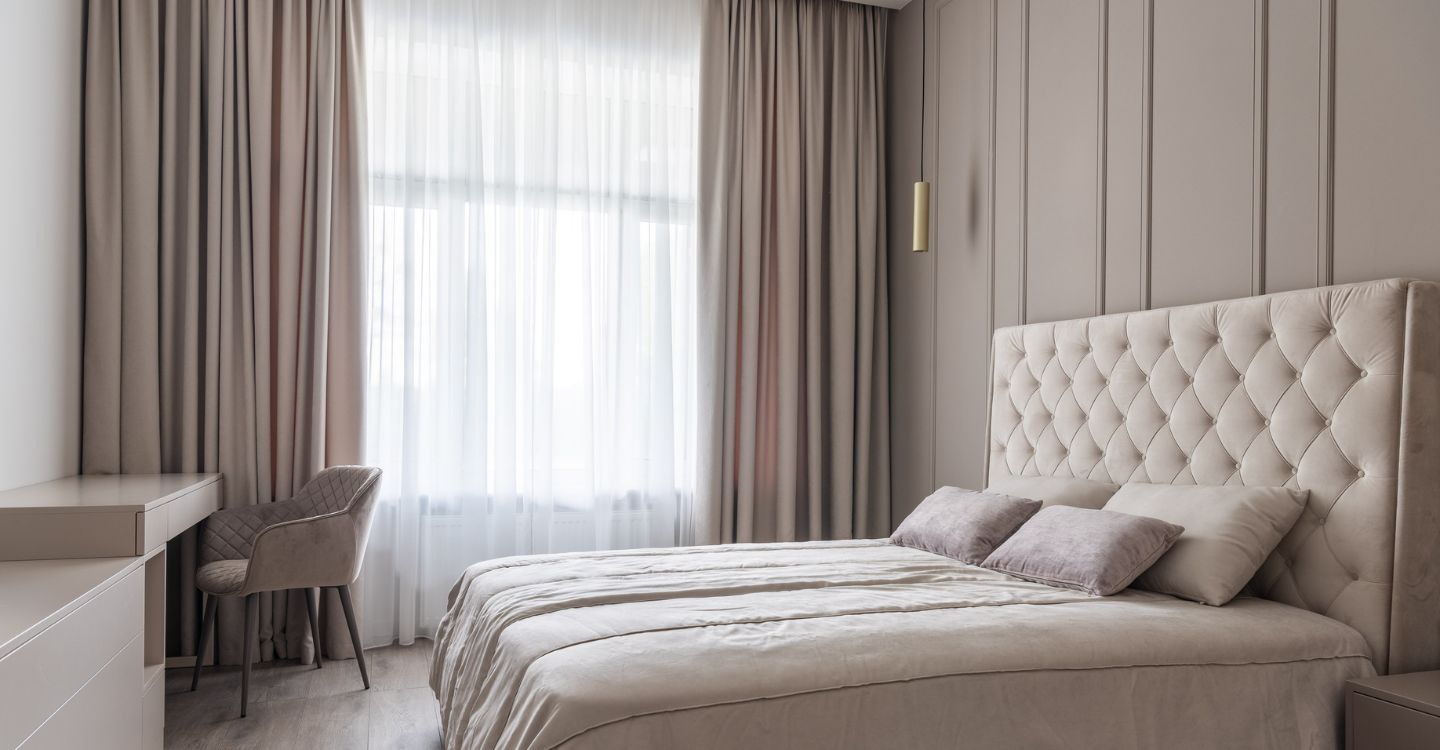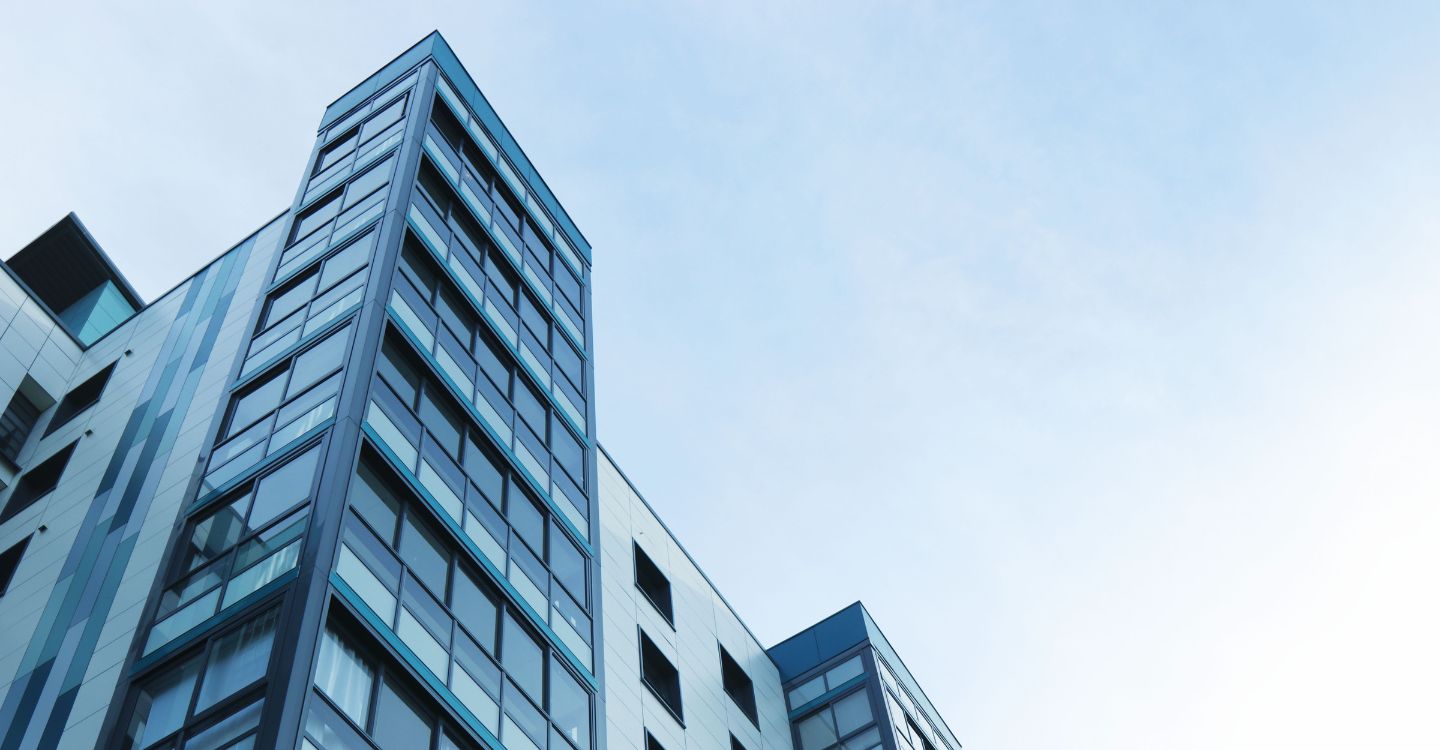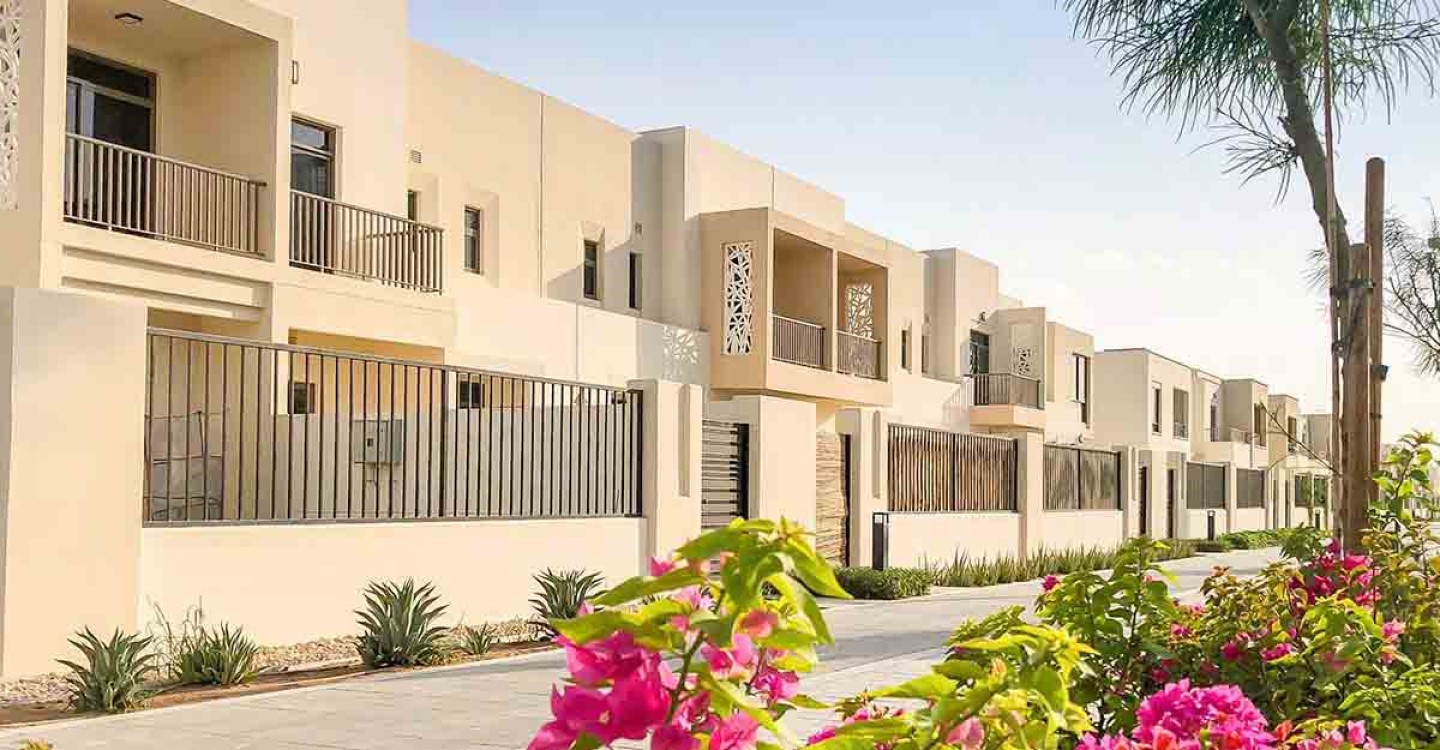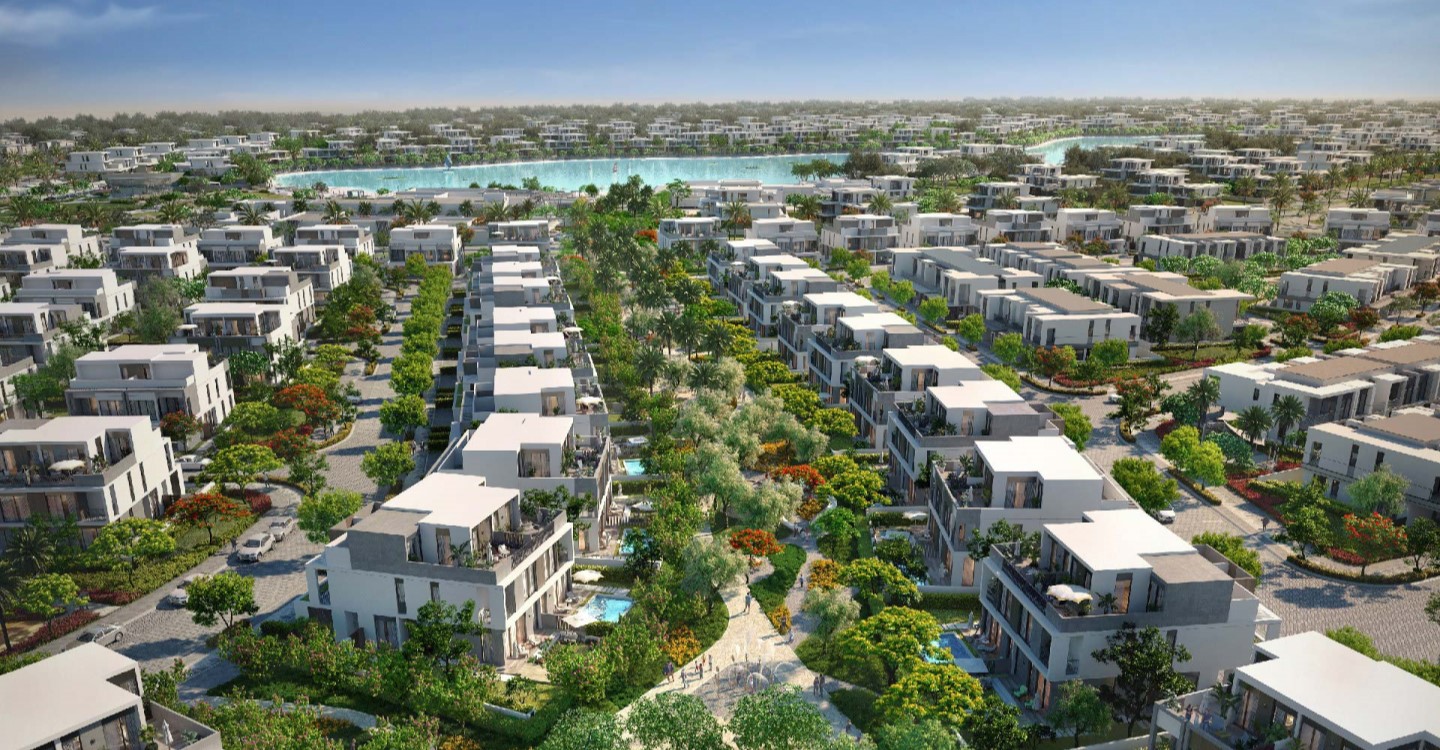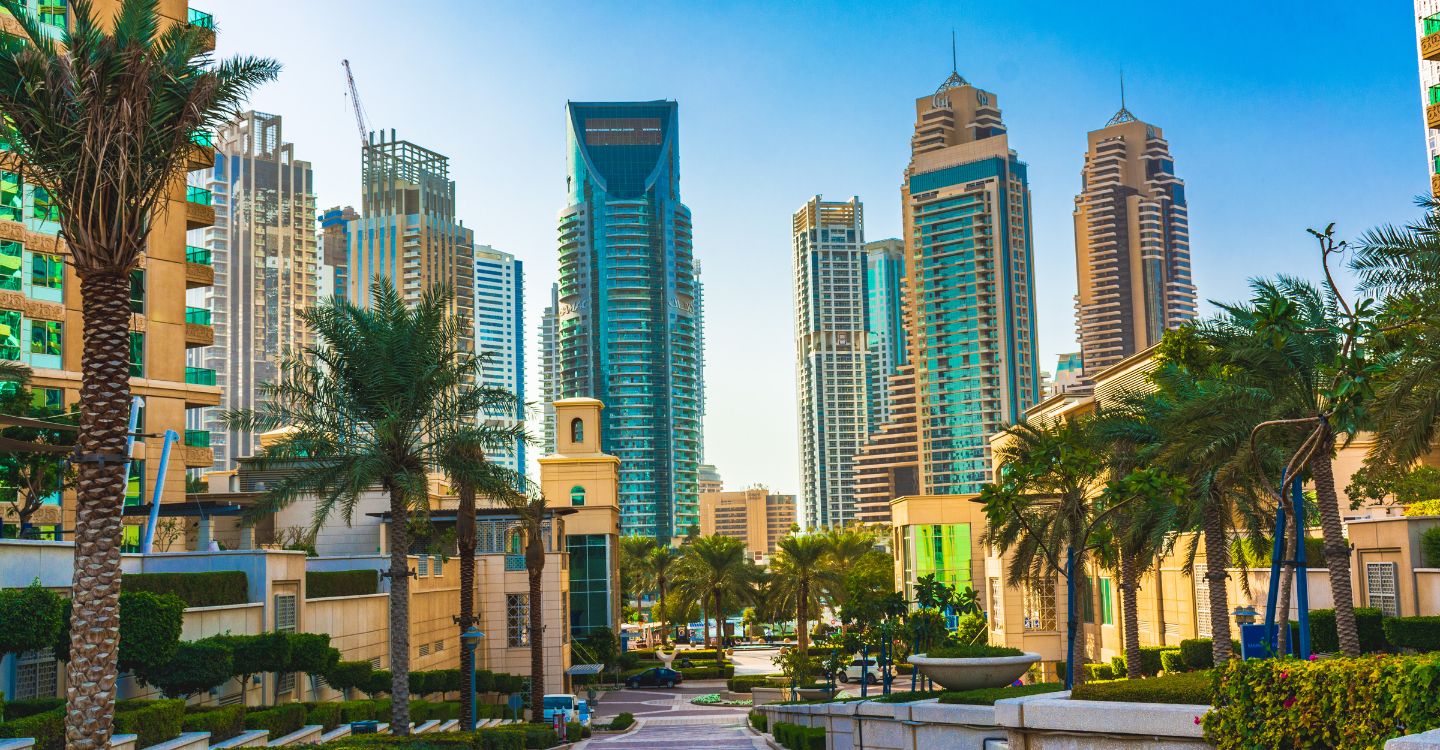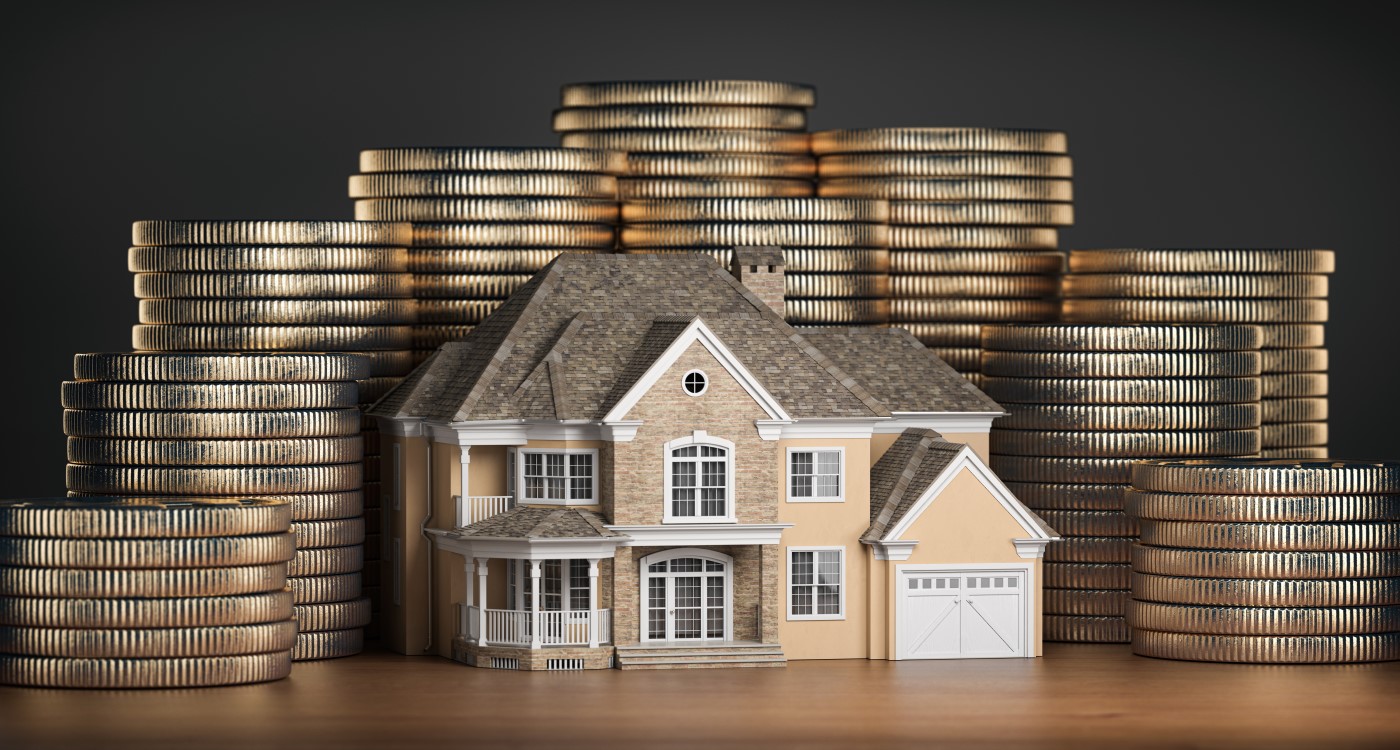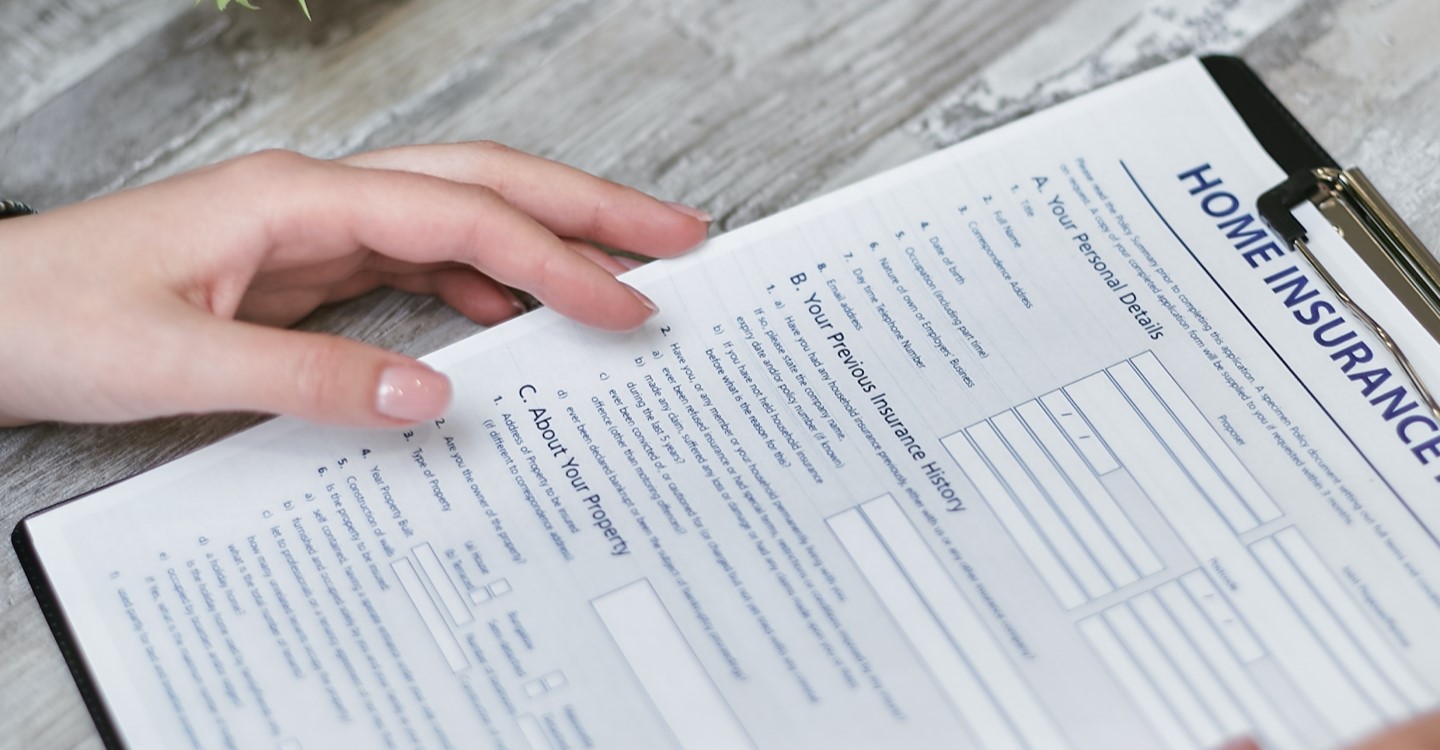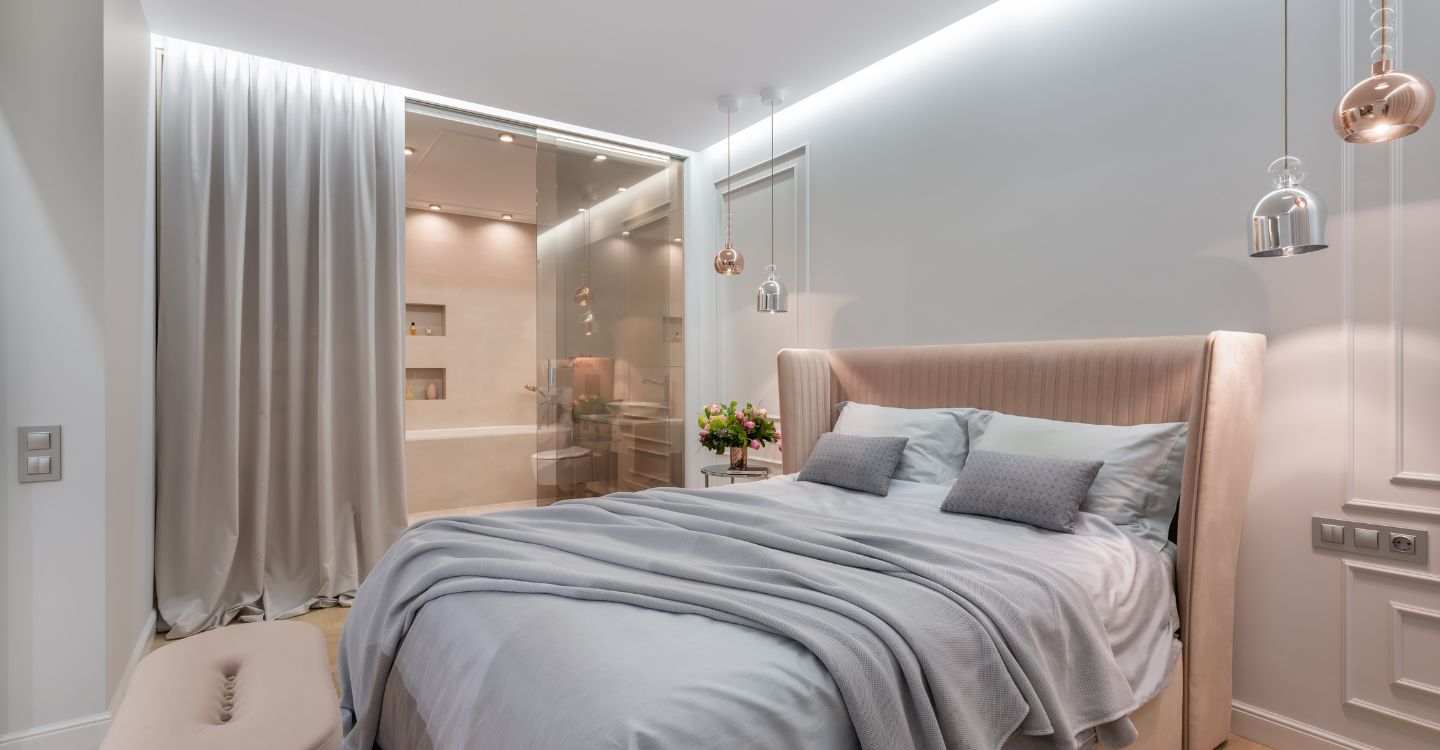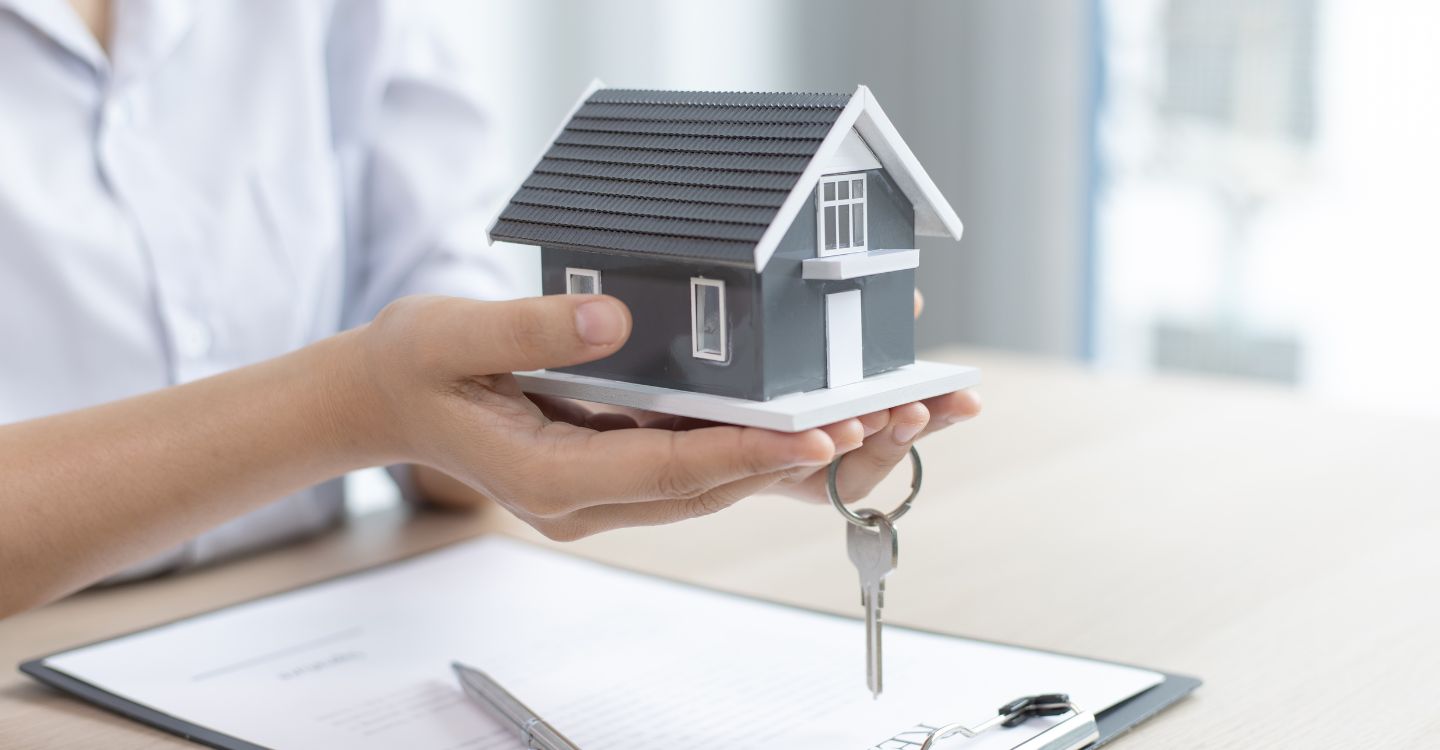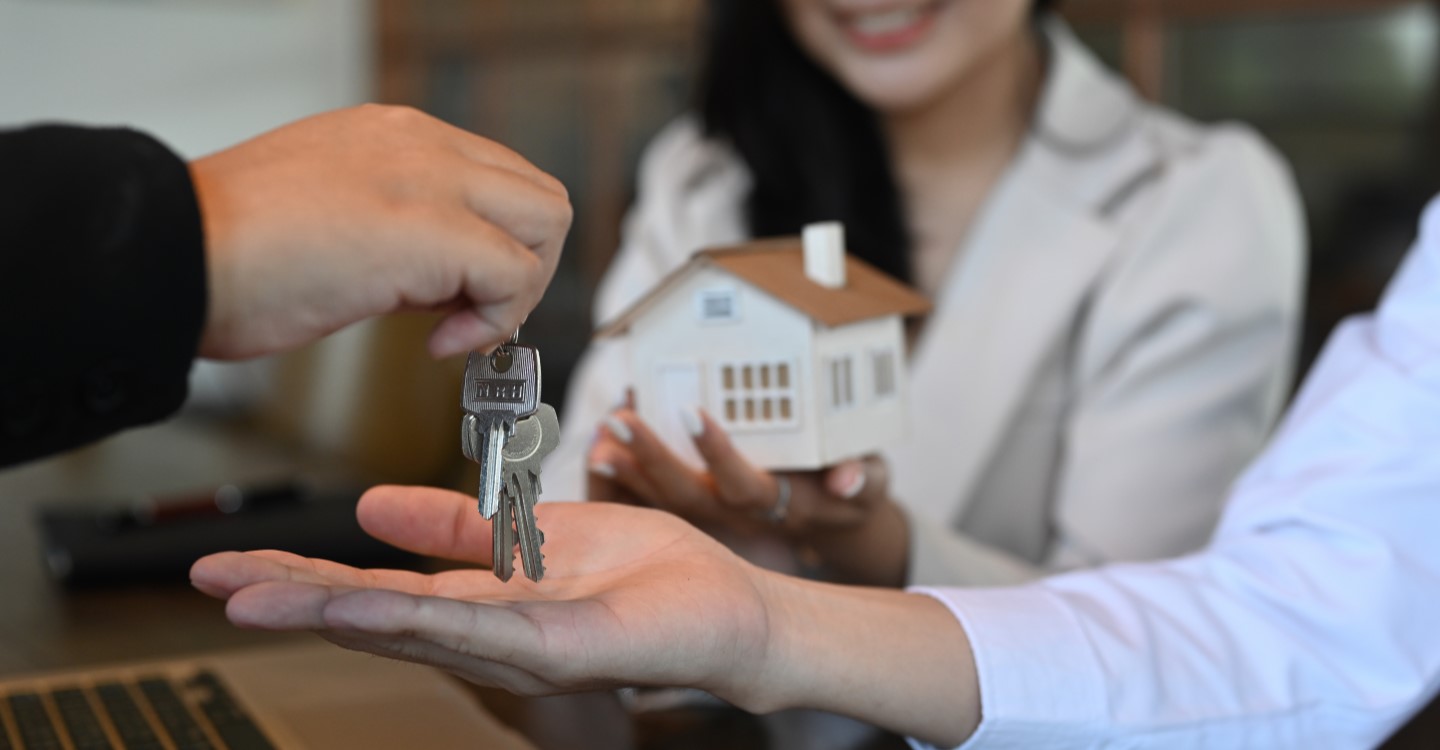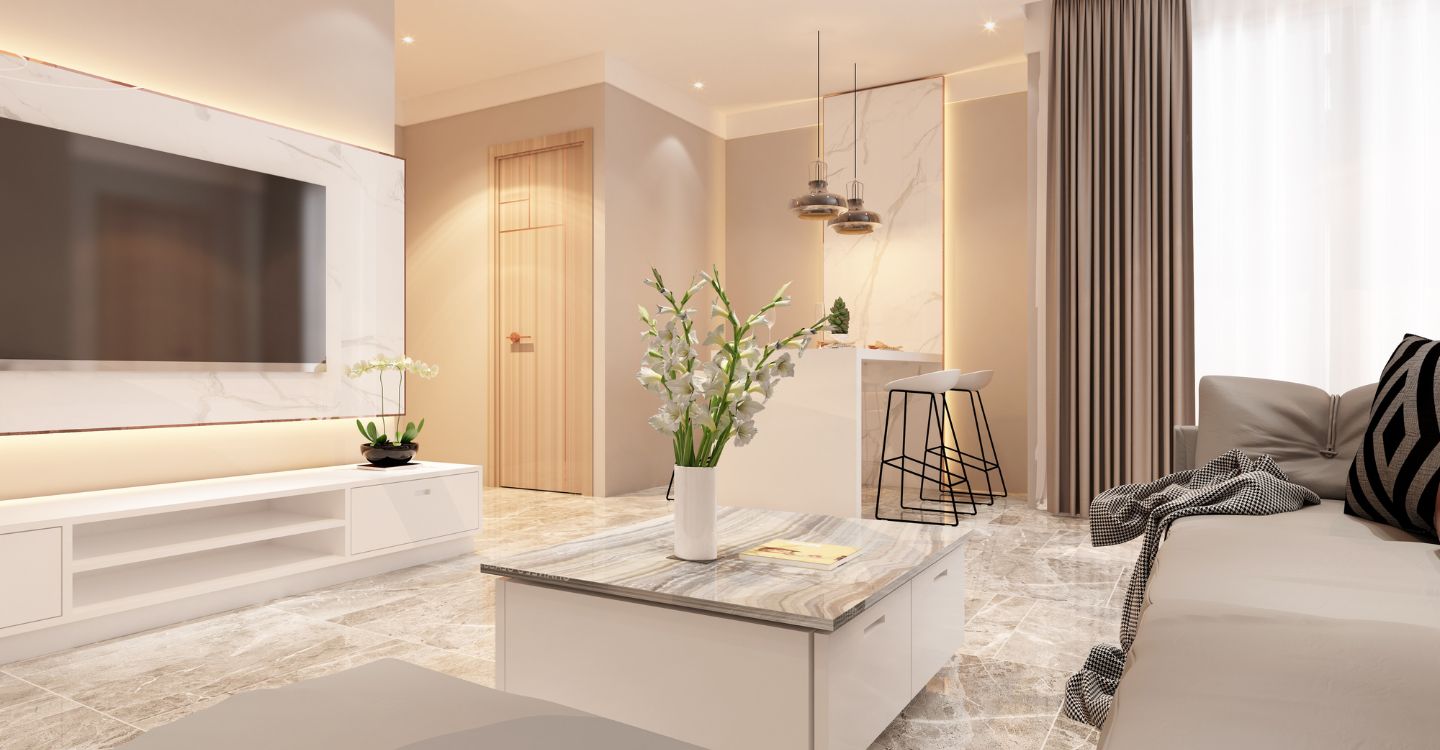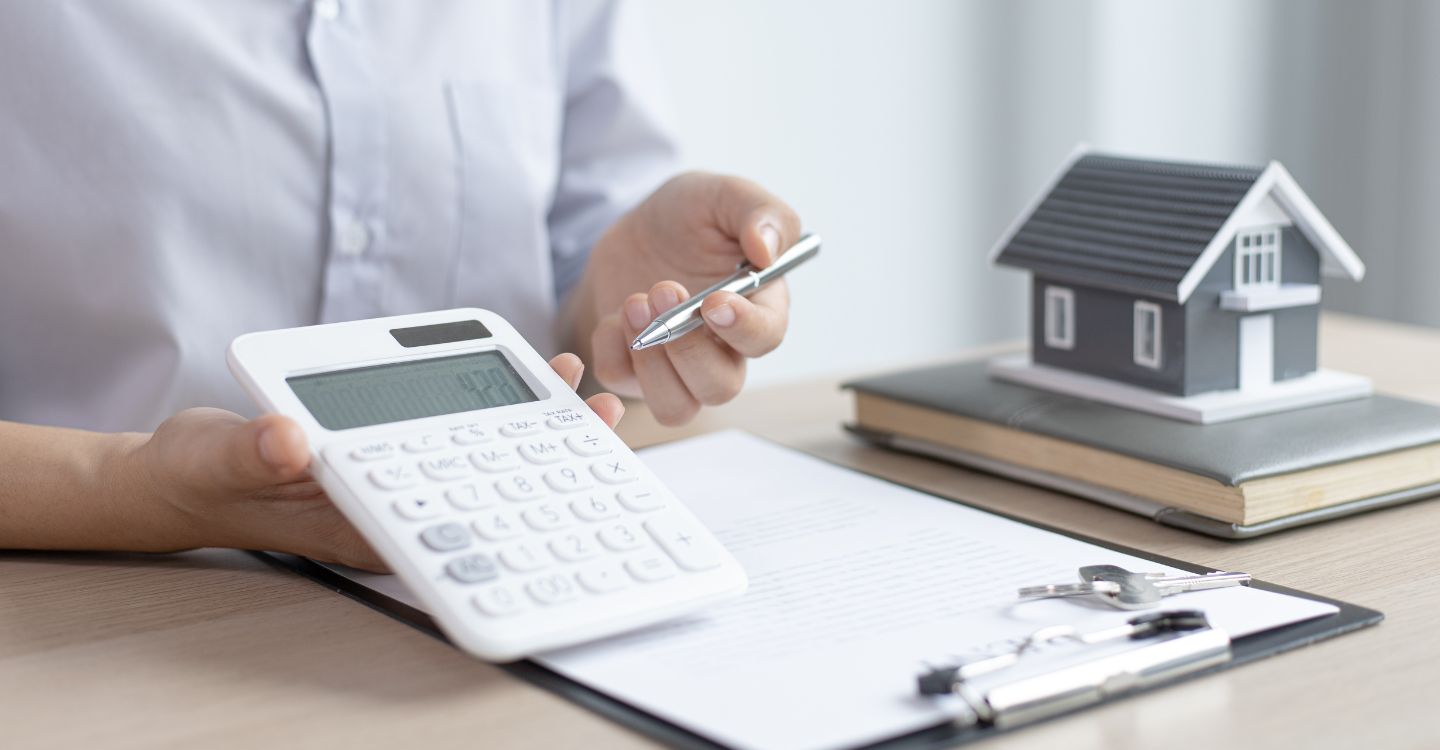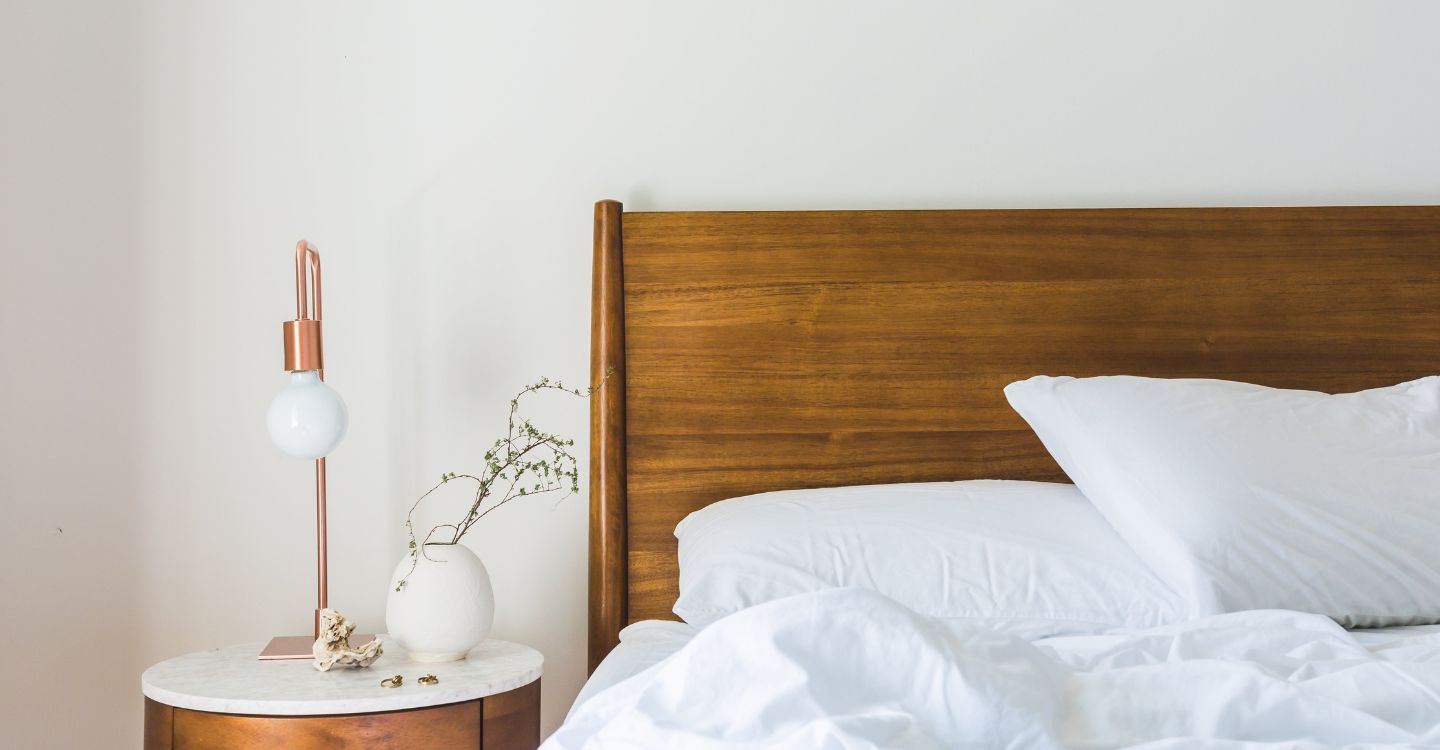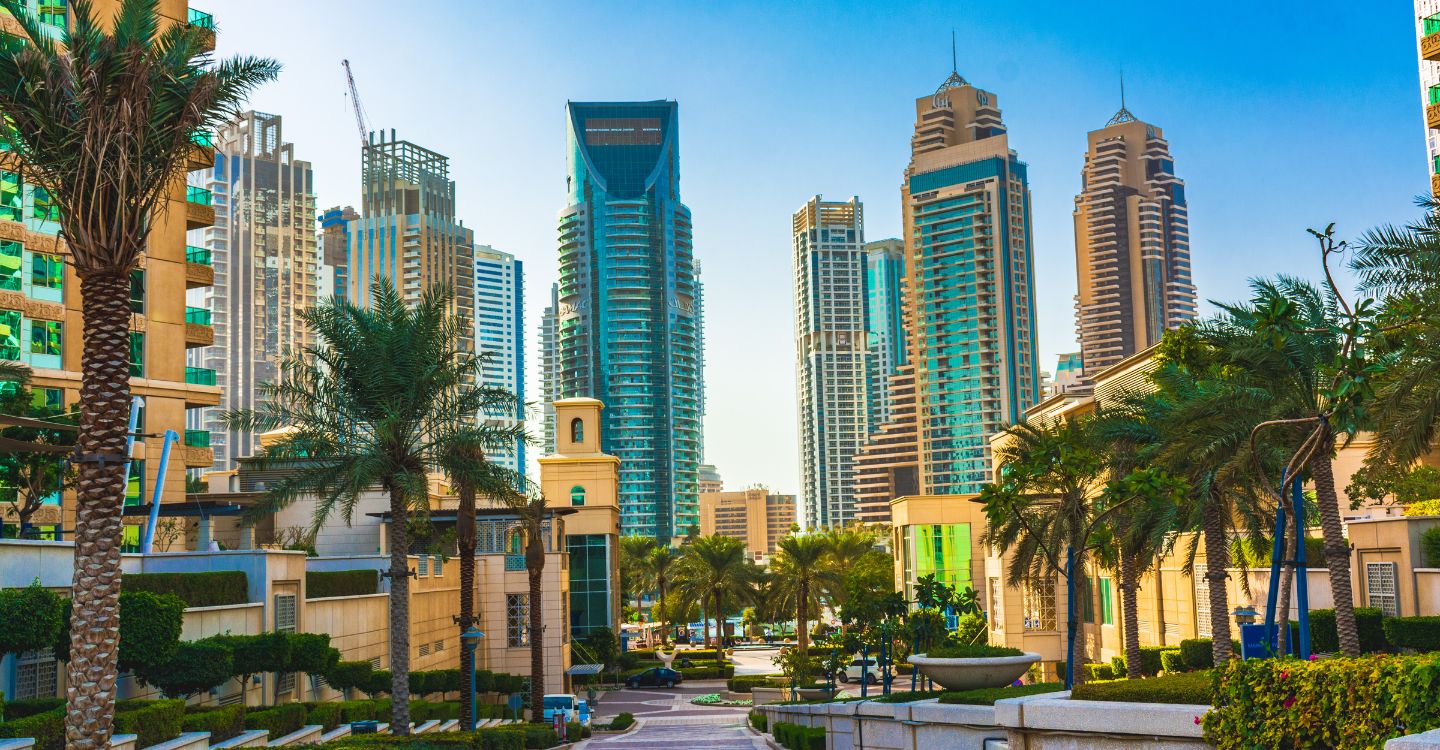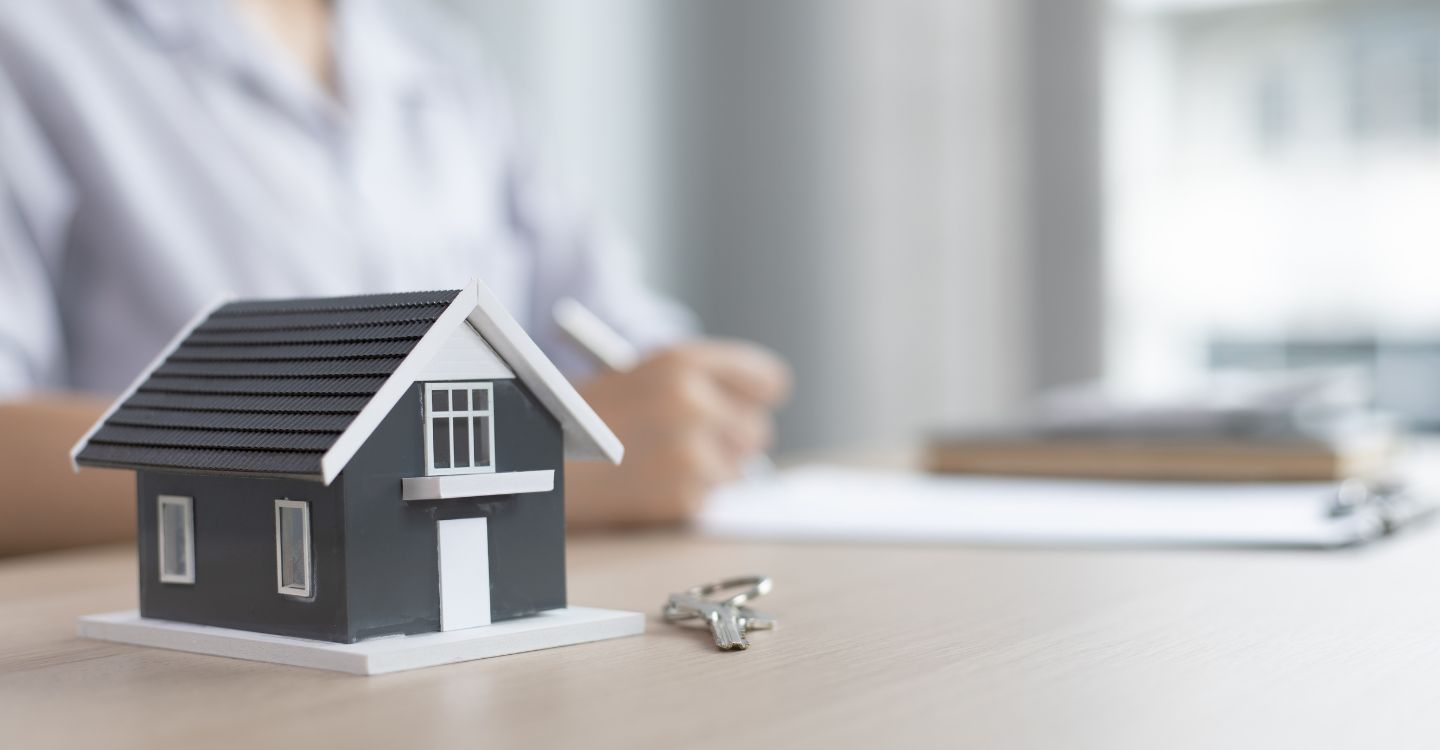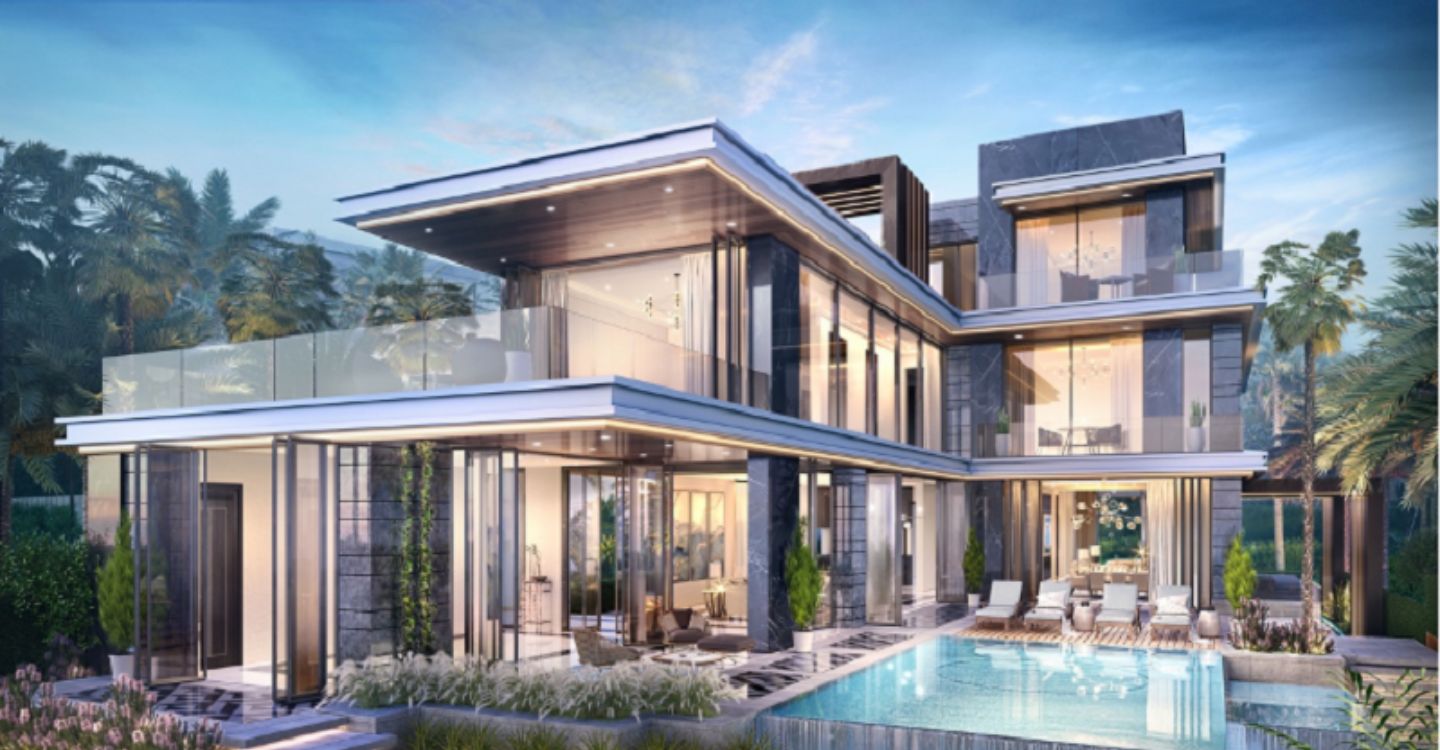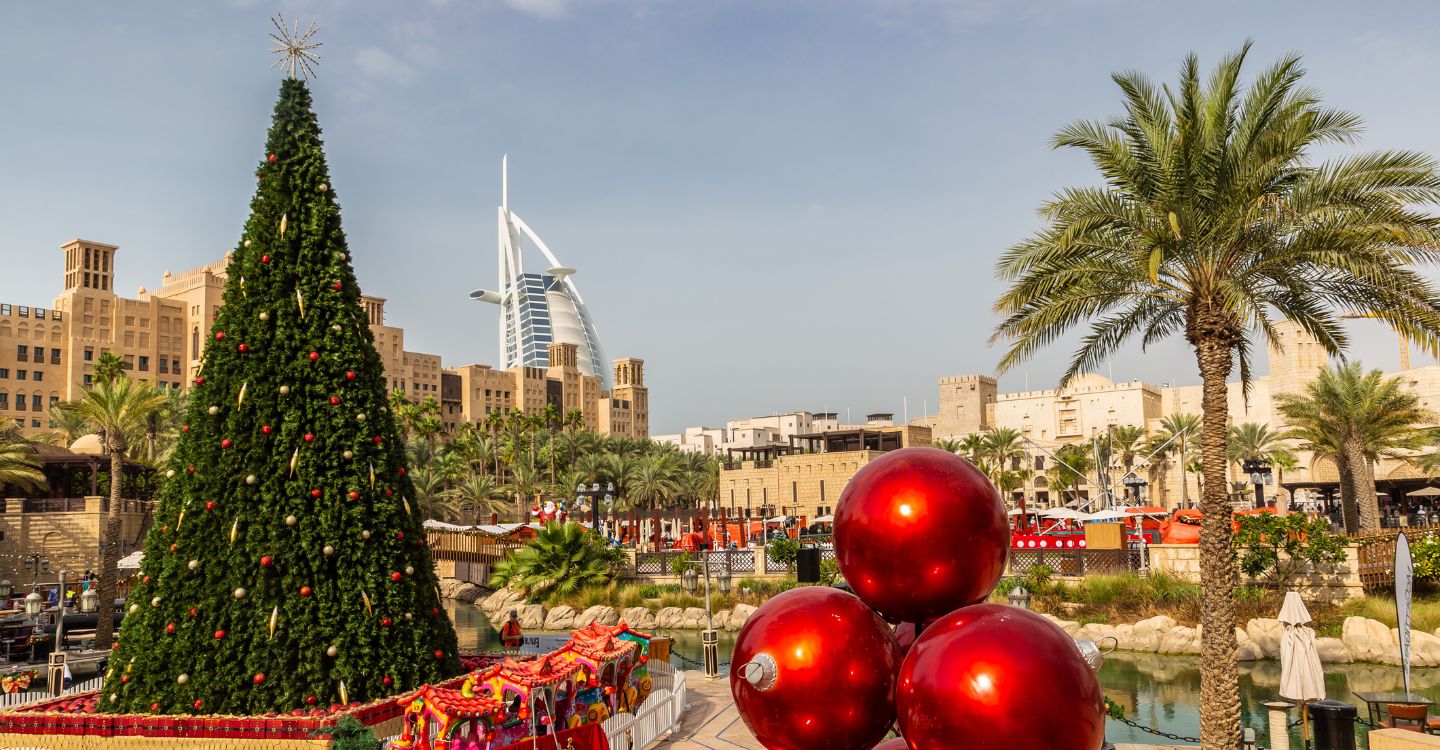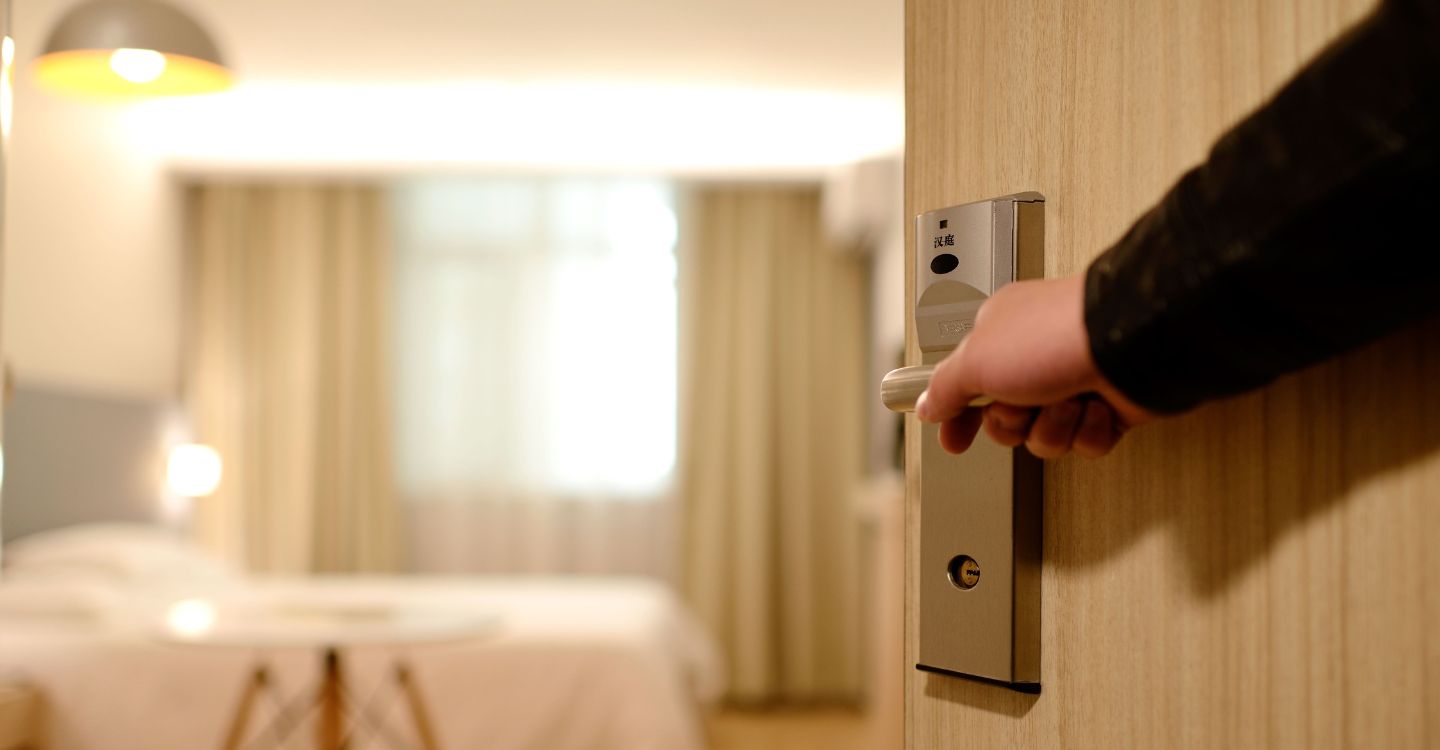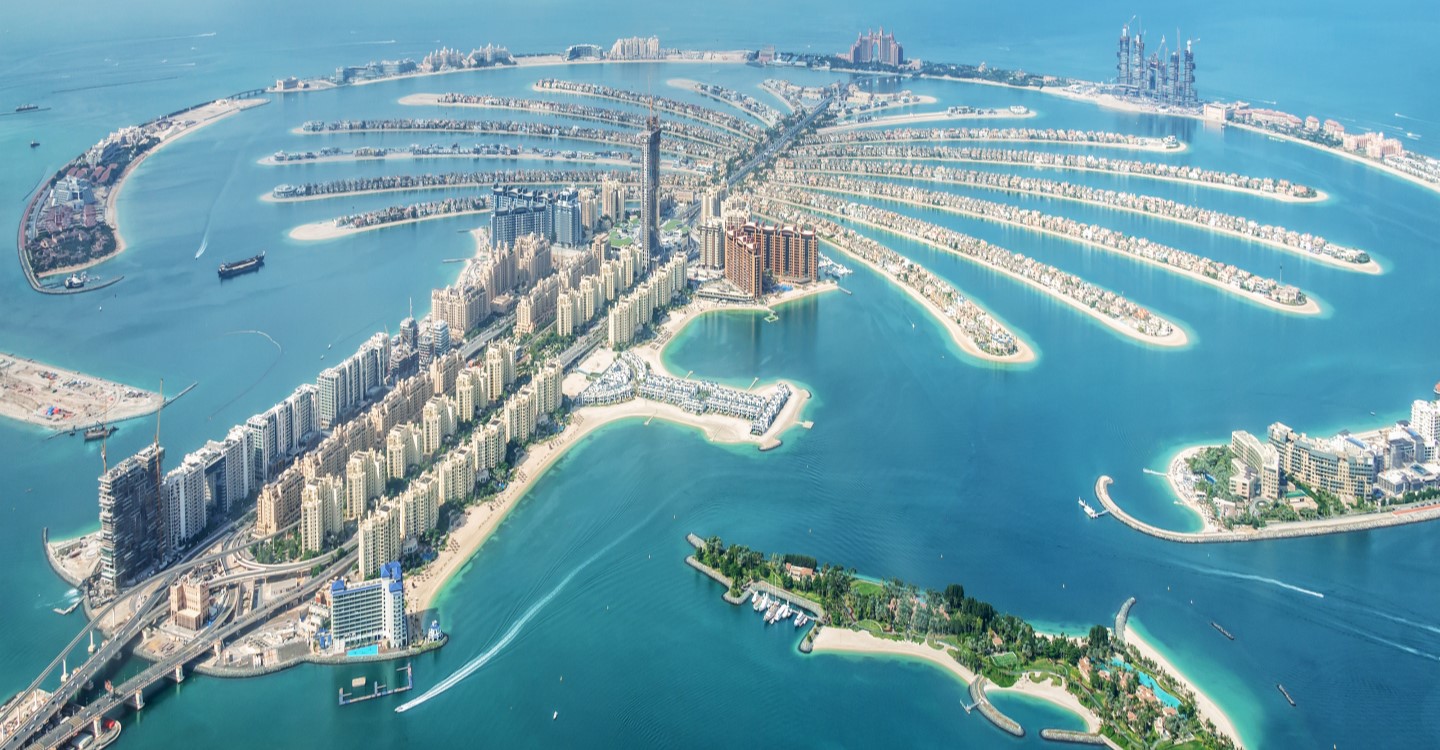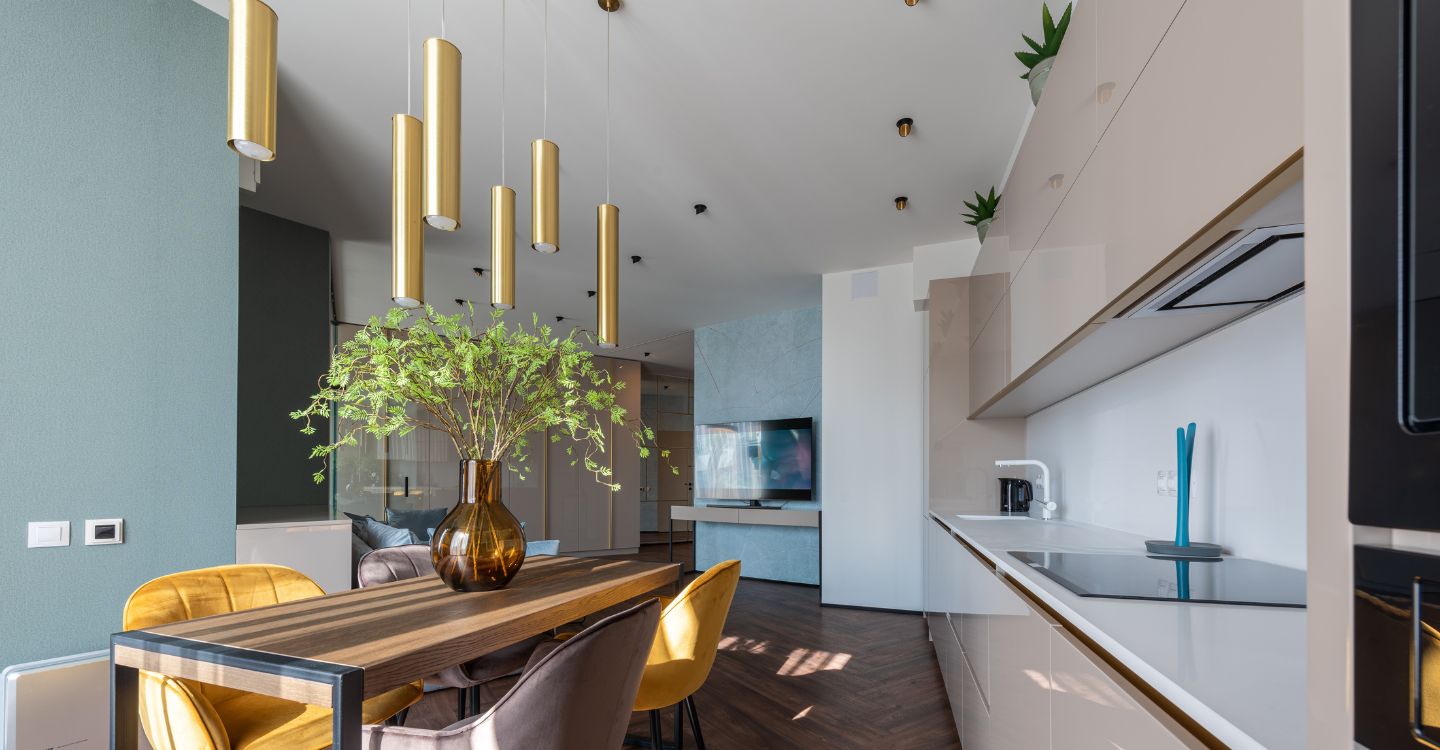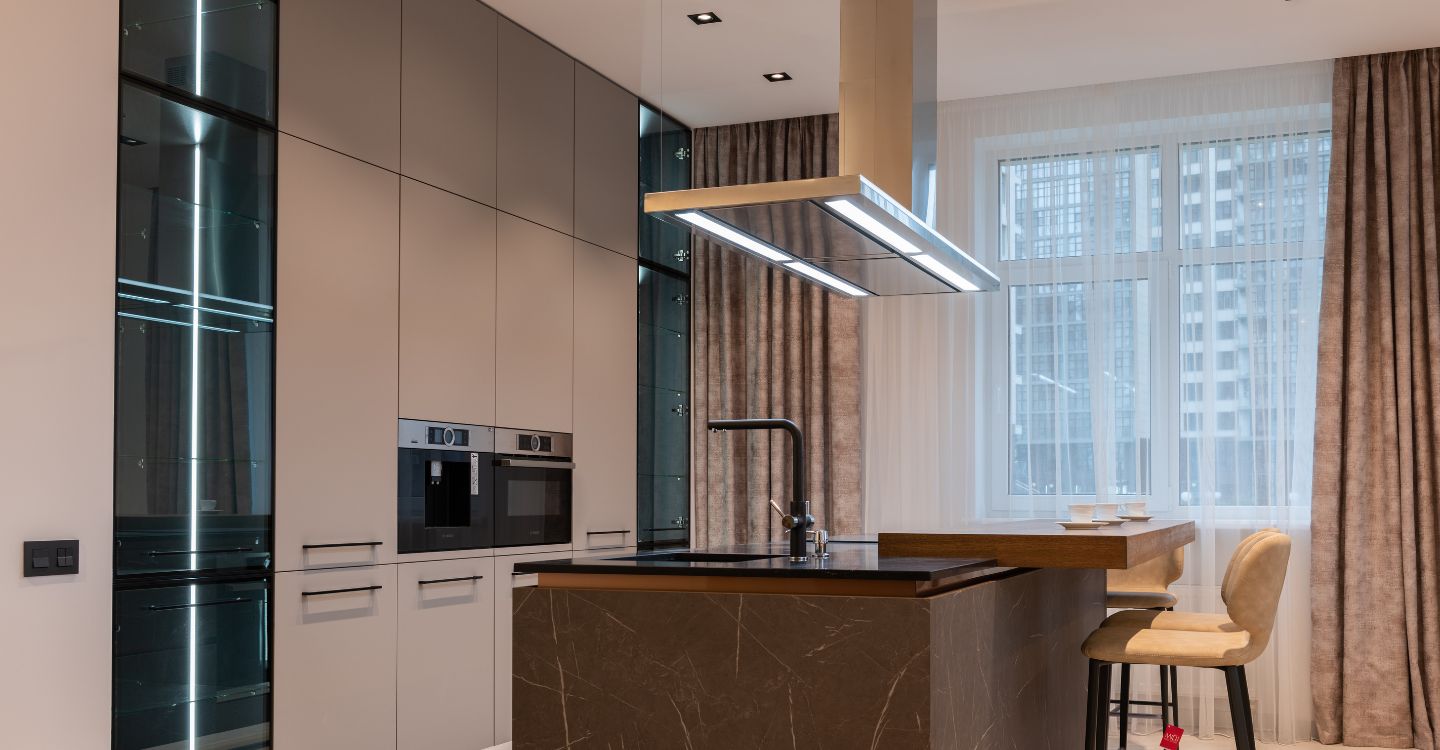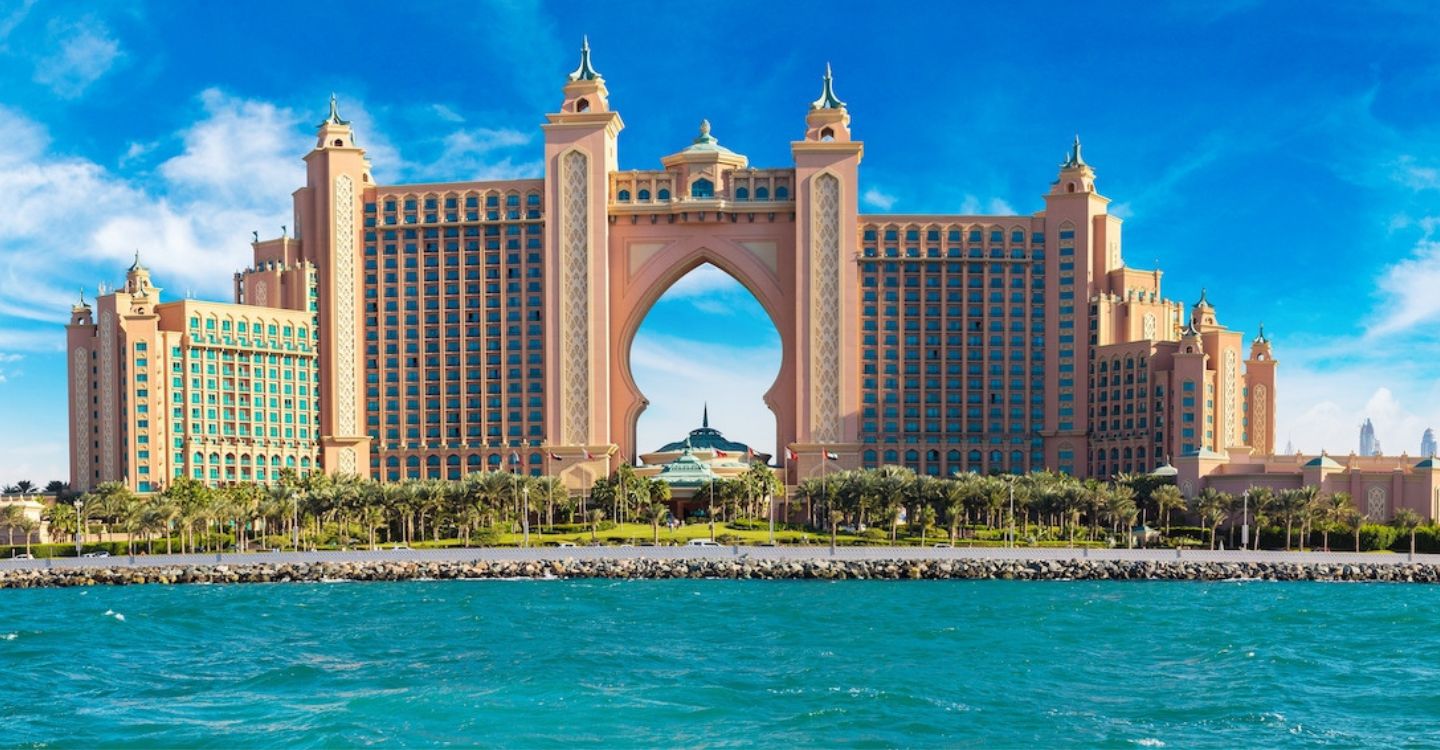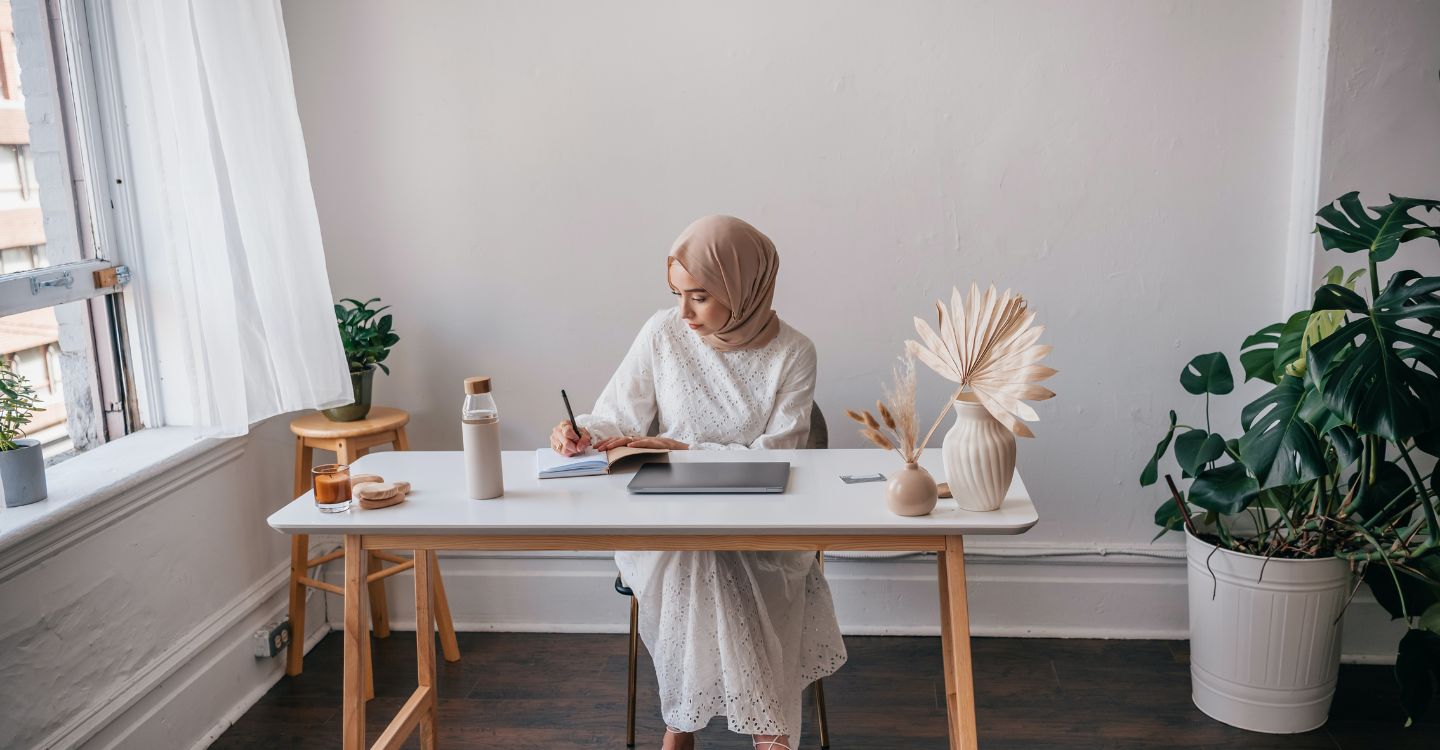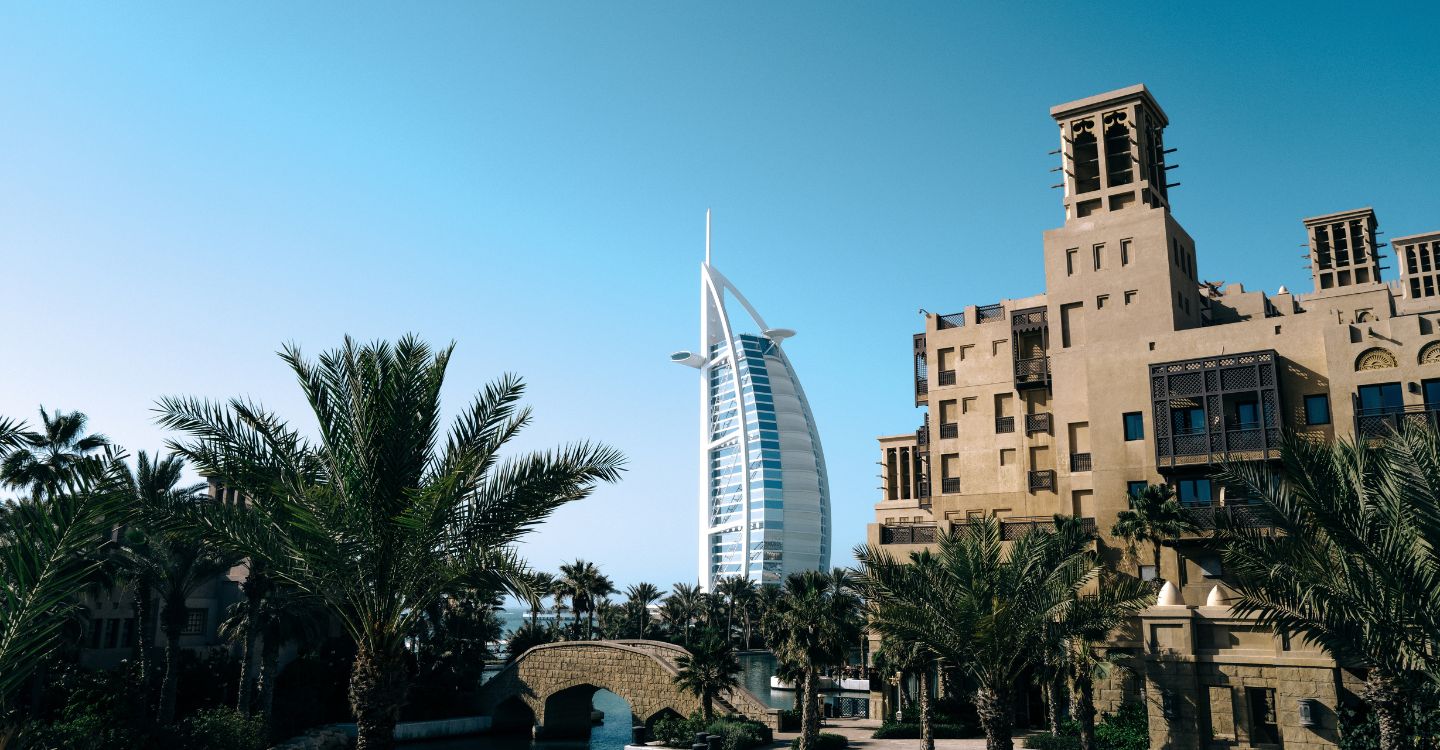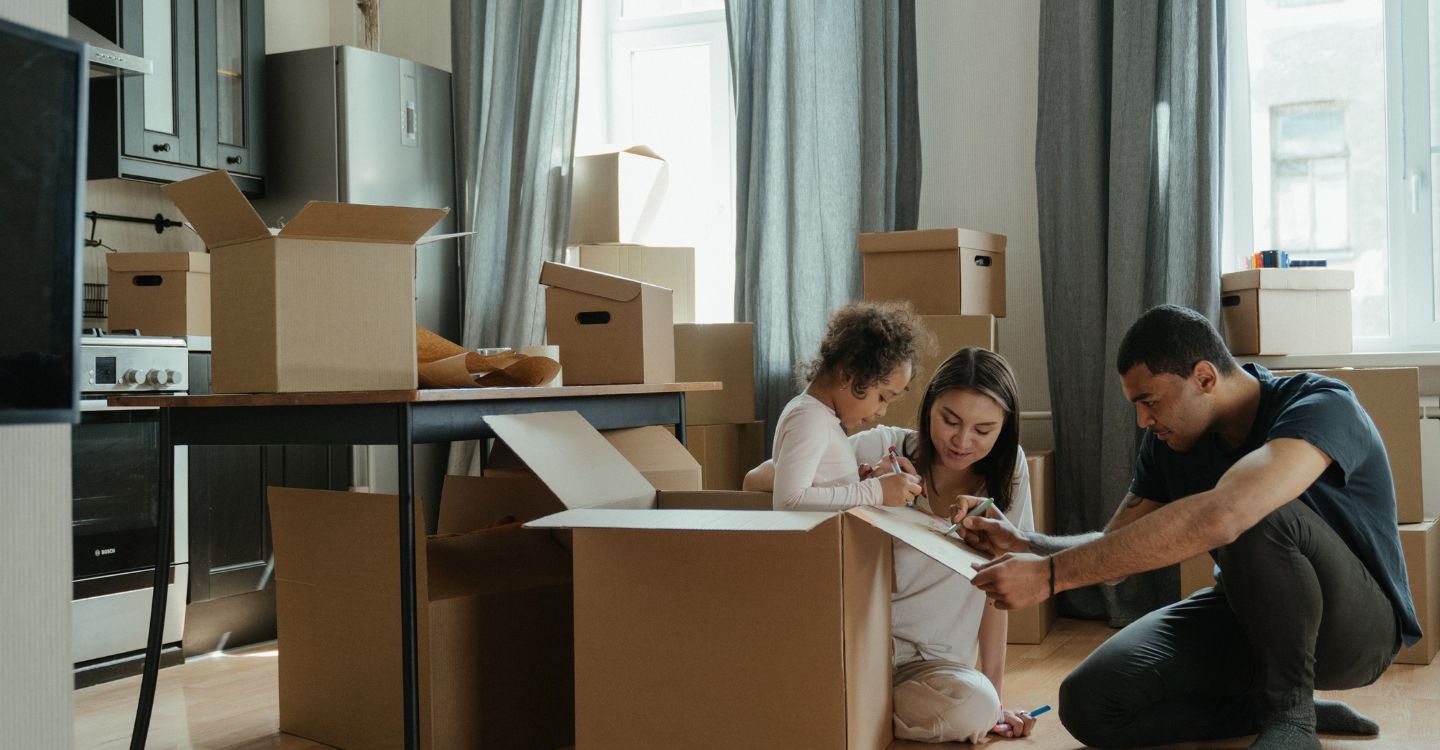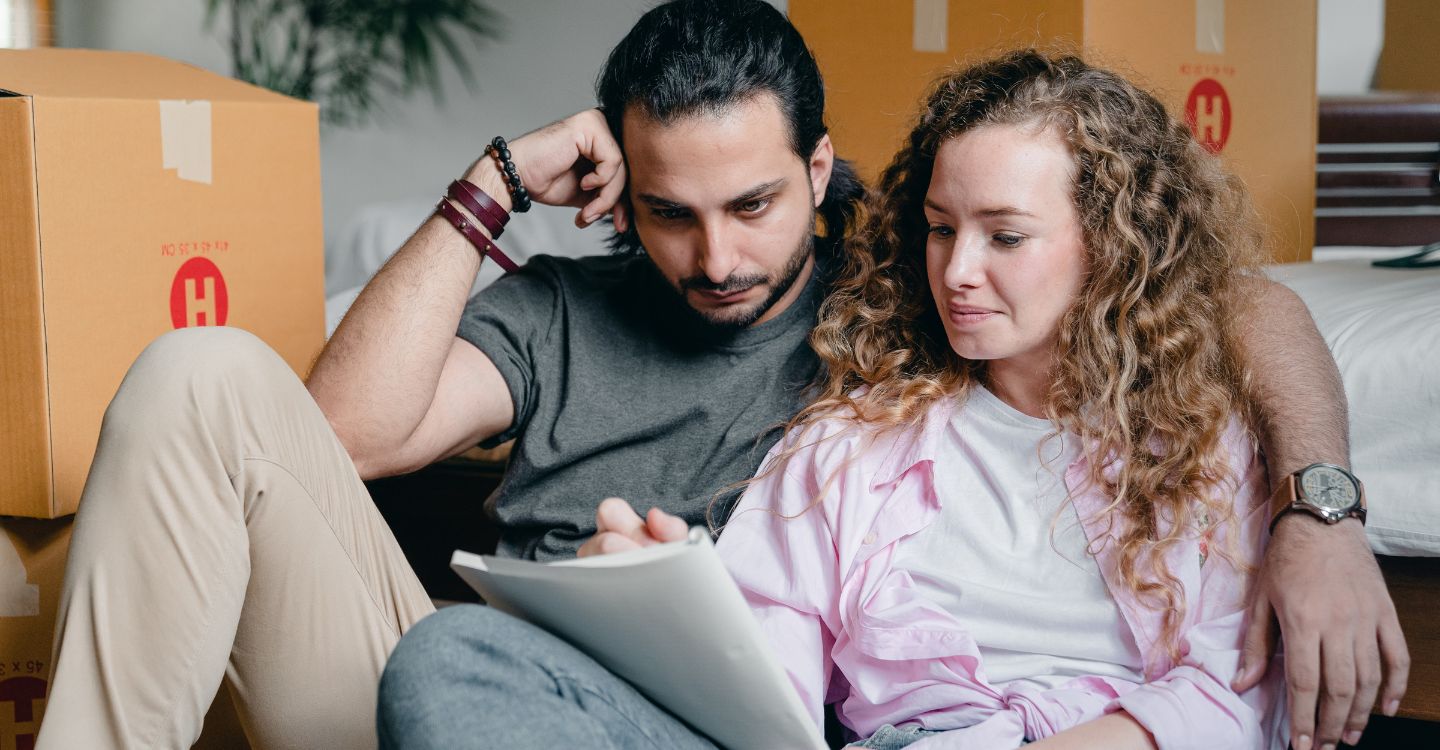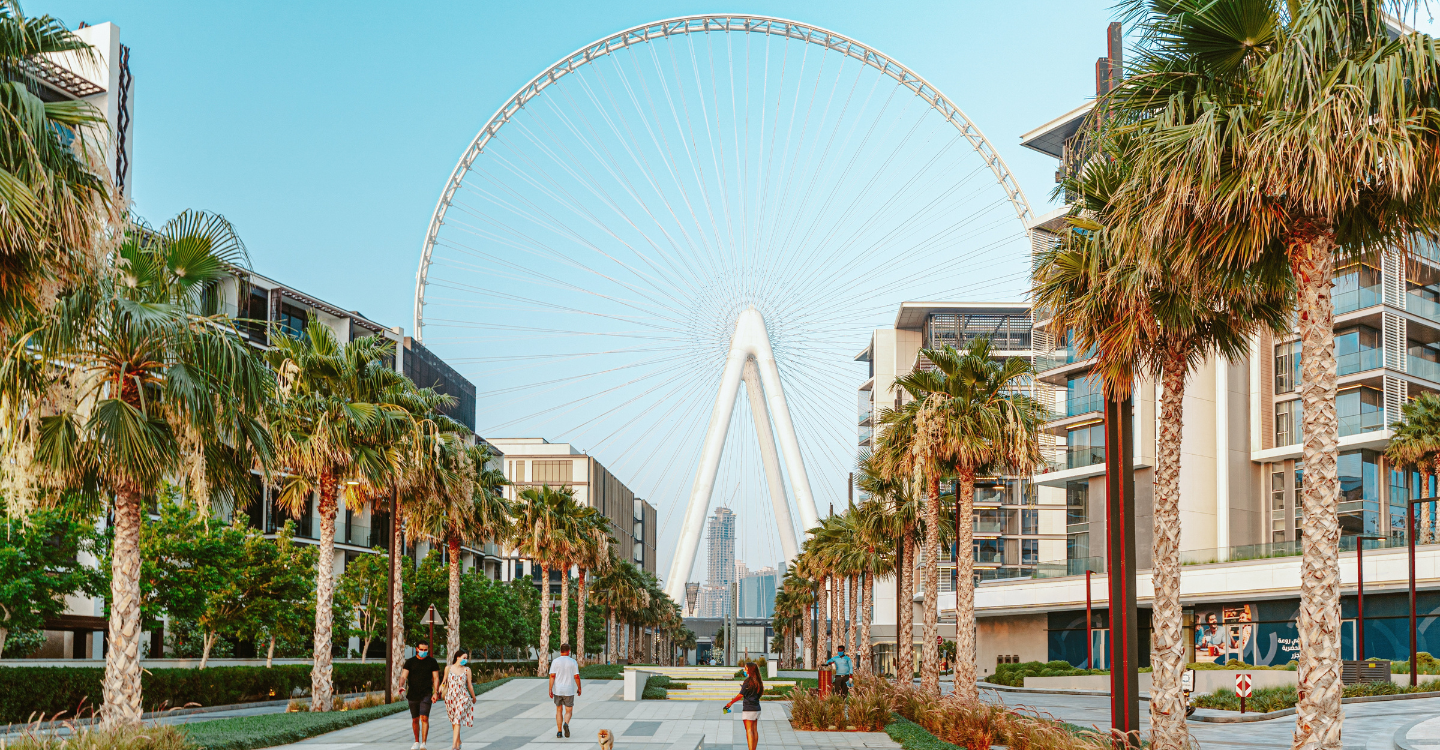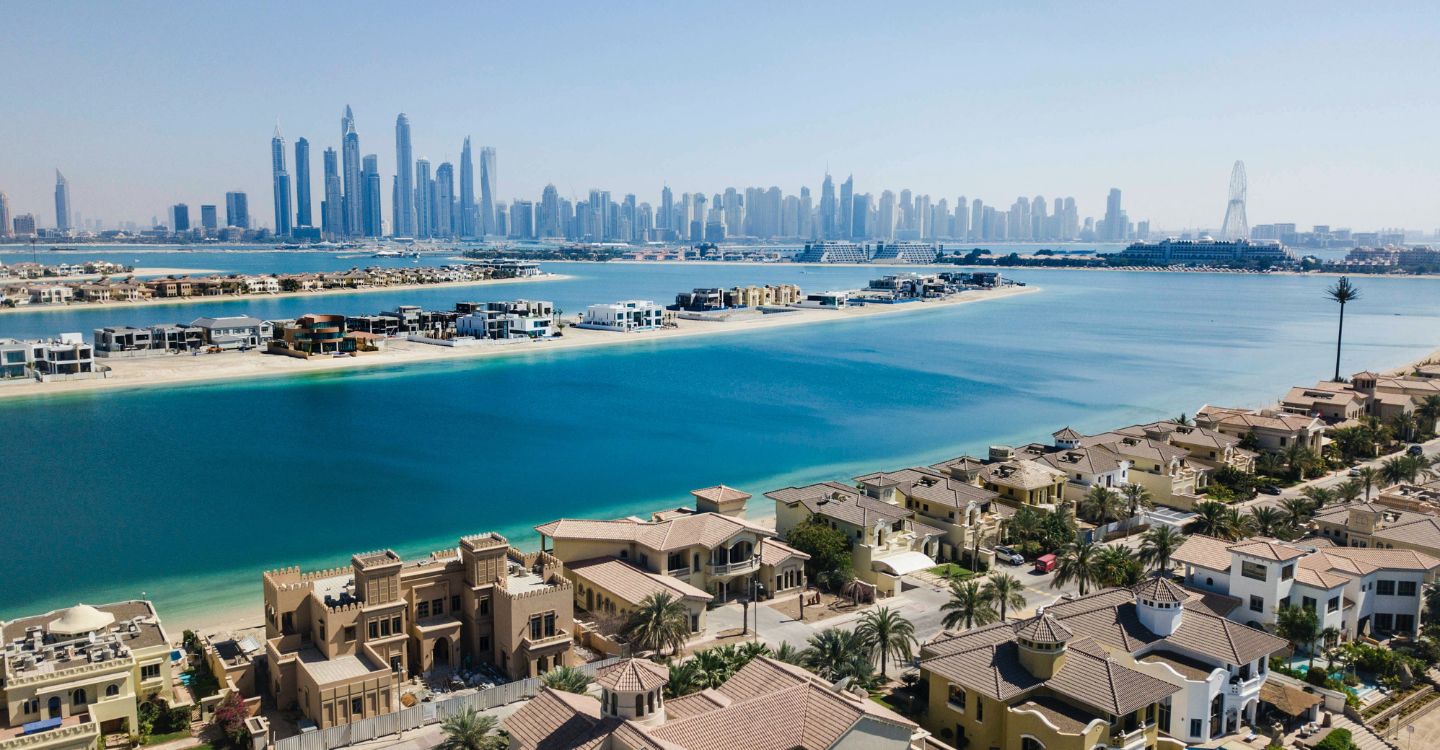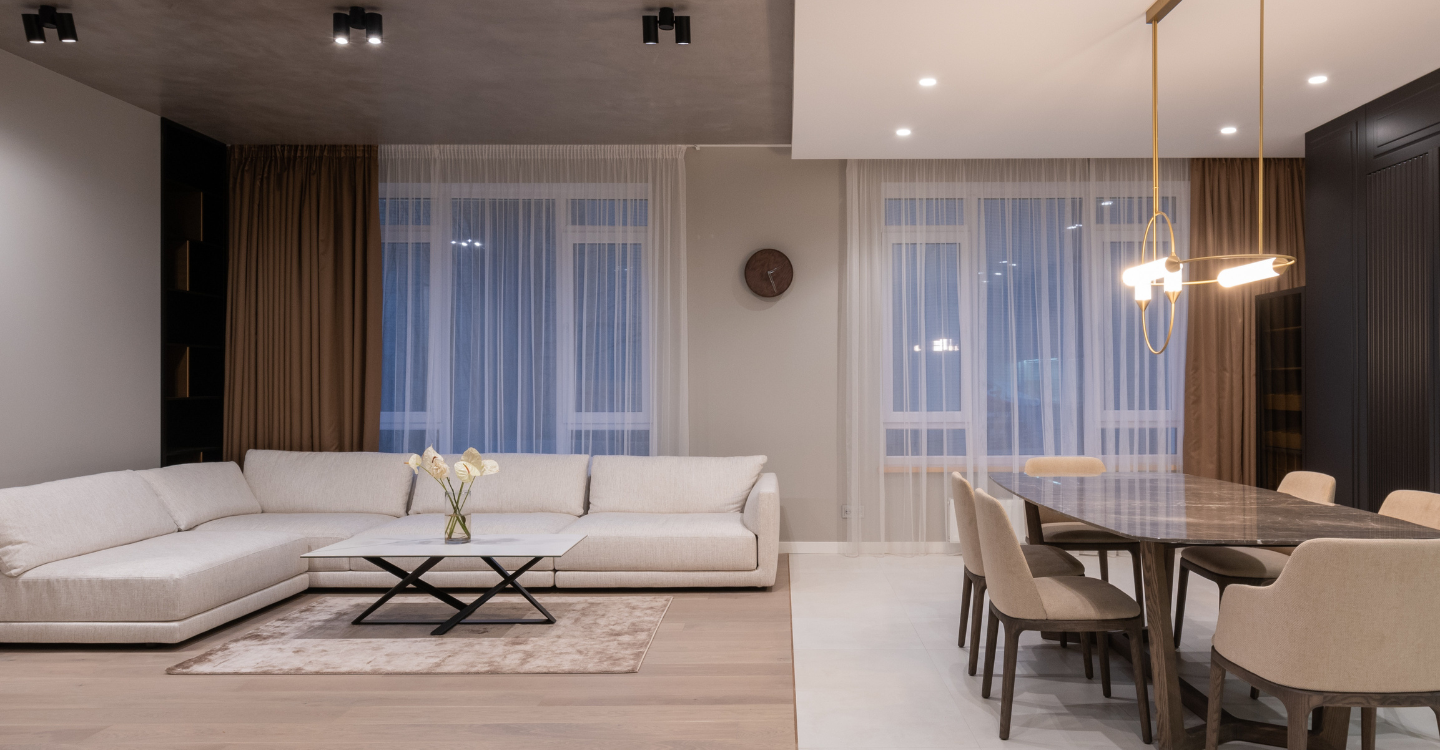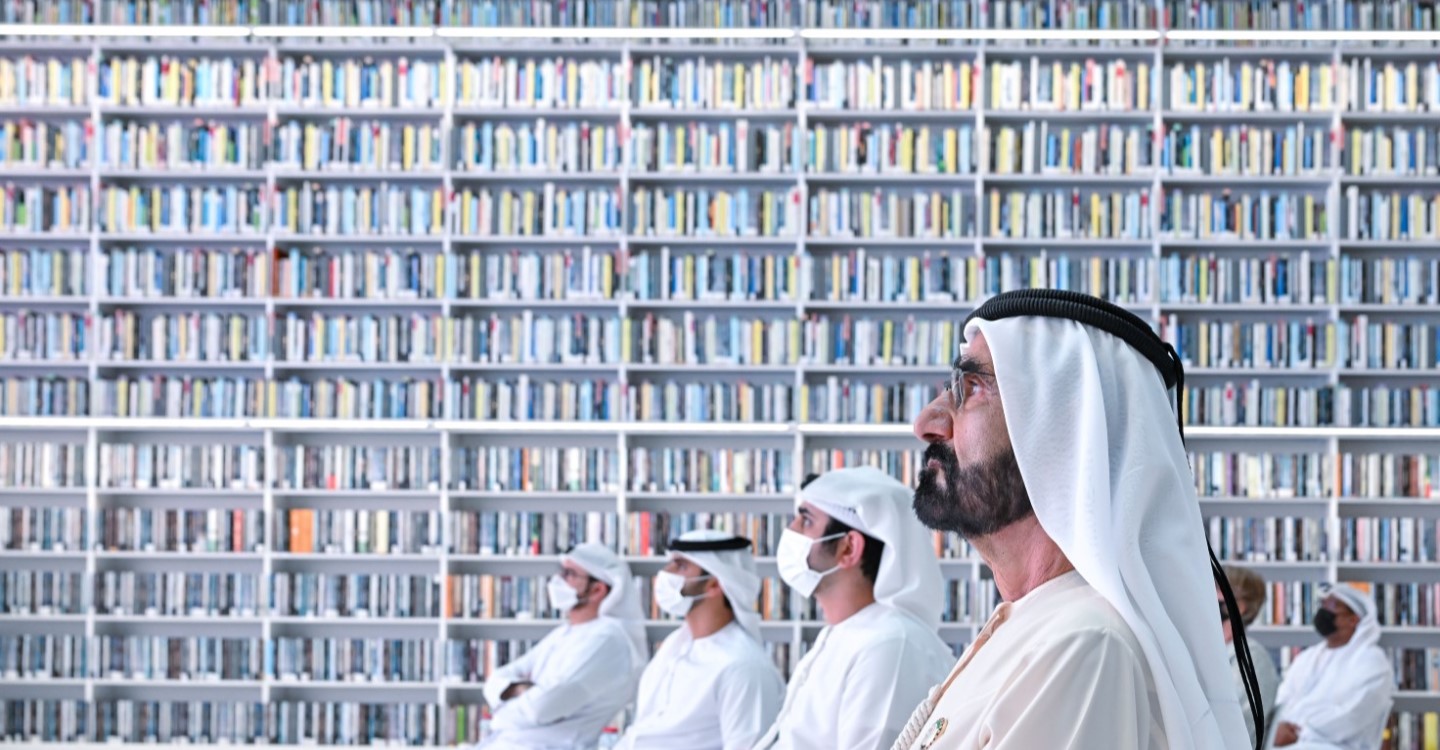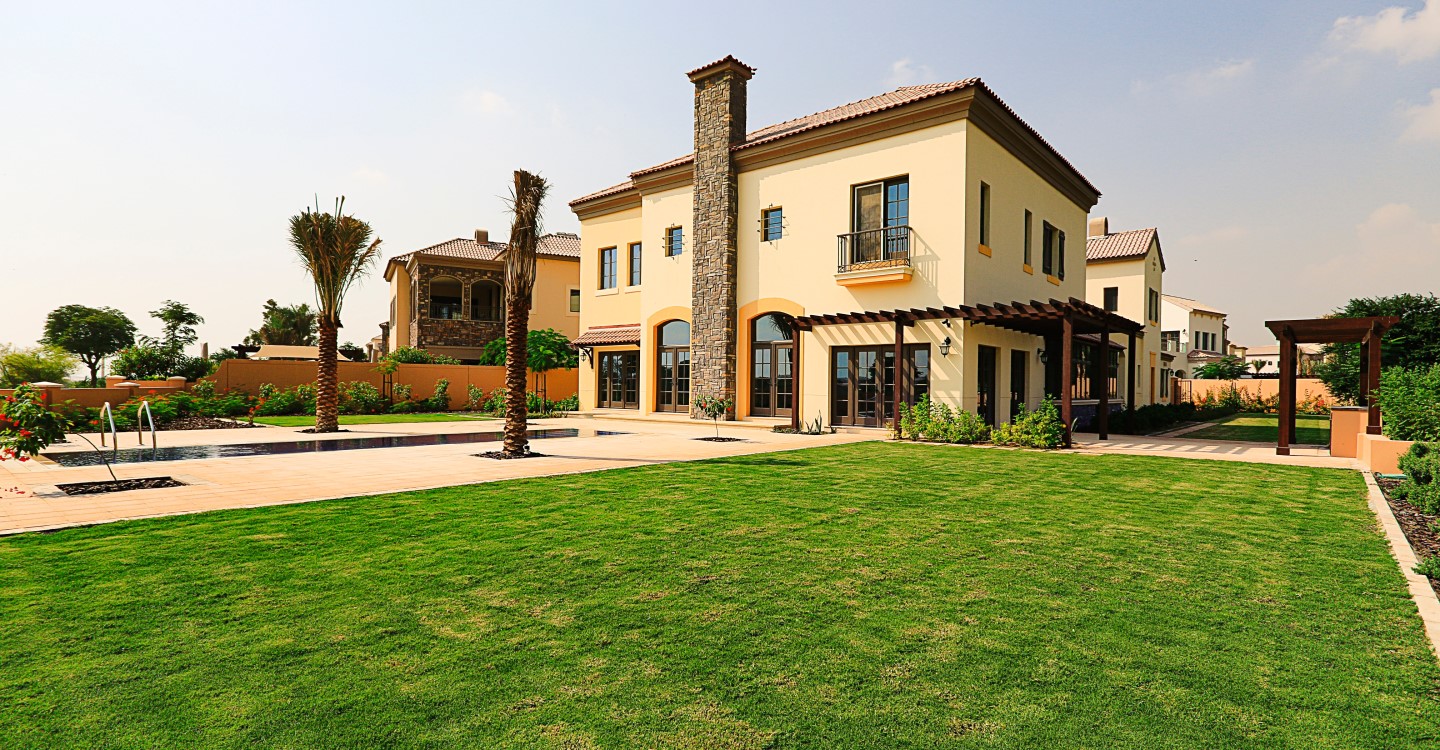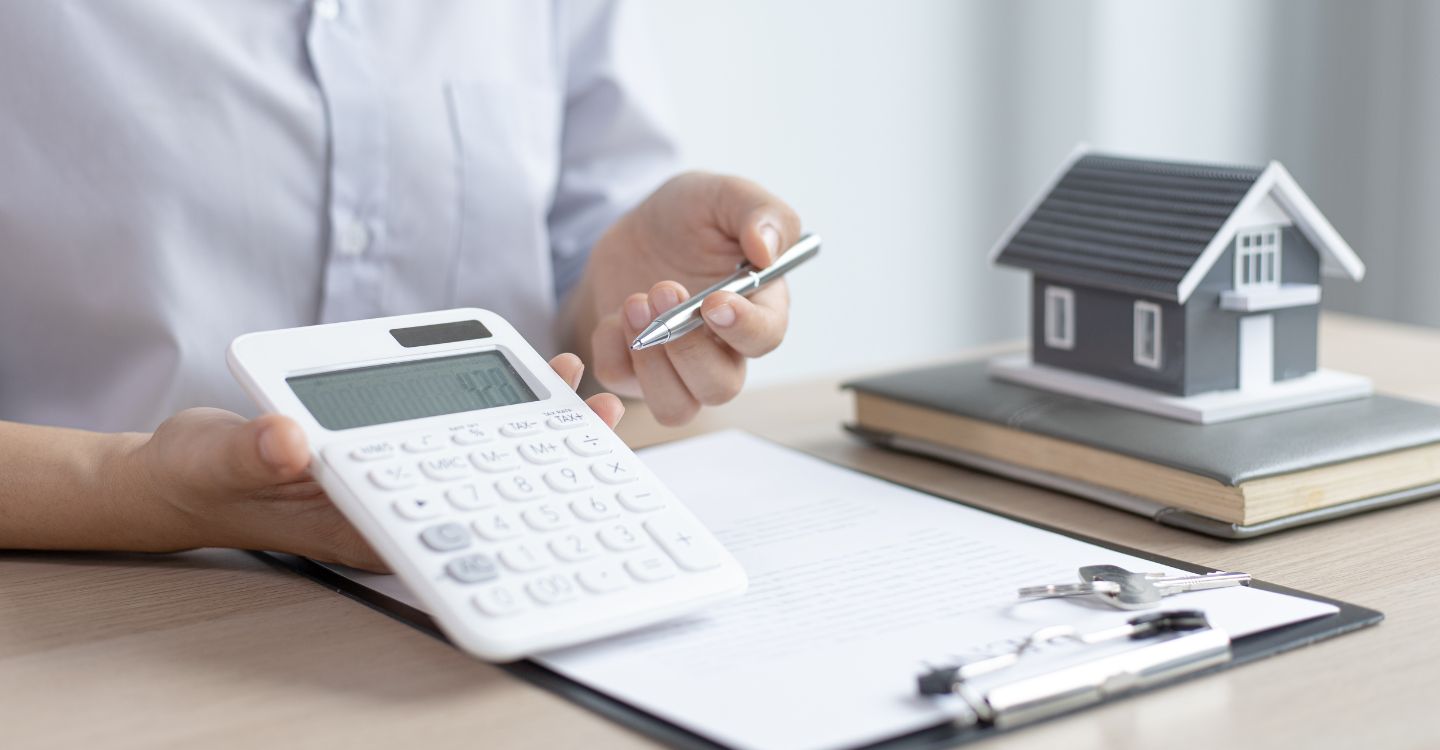
Dubai's real estate market is renowned for its diversity, quality, and high potential for capital appreciation. The city has become a popular destination for investors, both local and international, looking to purchase a property that can provide both a comfortable living space and a profitable return on investment.
From down payments to transfer fees, real estate agent commissions, and maintenance costs, there are various expenses associated with buying a property in Dubai that can add up quickly. Therefore, it is essential to have a clear understanding of these costs to ensure that buyers can make an informed decision that aligns with their budget and investment goals.
This article aims to provide readers with a comprehensive guide to the costs associated with buying a property in Dubai. Whether you are a first-time buyer or an experienced investor, understanding the costs of buying property in Dubai is essential for making informed investment decisions.
1. Down Payment
The first and most significant cost associated with buying property in Dubai is the down payment. In Dubai, the standard down payment required for purchasing a property is typically 25% of the property's value for UAE nationals and 35% for expats. However, some developers may offer flexible payment plans that require a lower down payment, sometimes as low as 10% of the property’s value.
2. Real Estate Agent Fees
Real estate agents play a crucial role in the Dubai property market. They help buyers find the right property, negotiate the price, and facilitate the transaction. In return, they charge a commission that is typically between 2% to 5% of the property's value. However, some developers may offer properties that do not require real estate agent fees.
3. Dubai Land Department Fees
Dubai Land Department (DLD) is responsible for regulating and registering all real estate transactions in Dubai. When buying property in Dubai, buyers need to pay DLD fees, which include a 4% transfer fee and a 0.25% mortgage registration fee. These fees are calculated based on the property's value and are paid by the buyer.
4. Title Deed Fees
Title deed fees are a one-time fee paid to the DLD for registering the property under the buyer's name. The fee is typically AED 4,000 and is paid by the buyer.
5. Mortgage Fees
If the buyer is financing the property with a mortgage, there are additional costs involved. The buyer needs to pay an arrangement fee, which is typically 1% to 2% of the mortgage value, as well as a valuation fee, which is around AED 2,500. The buyer also needs to pay for mortgage registration fees, which is typically 0.25% of the mortgage value.
6. Maintenance Fees
Maintenance fees are an ongoing cost associated with owning a property in Dubai. These fees cover the costs of maintaining common areas, such as swimming pools, gyms, and landscaping. Maintenance fees vary depending on the property's location, size, and amenities, but they typically range from AED 5 to AED 25 per square foot.
7. Service Charges
Service charges are another ongoing cost associated with owning a property in Dubai. These charges cover the costs of utilities, security, and other services provided by the developer or property management company. Service charges vary depending on the property's location, size, and amenities, but they typically range from AED 10 to AED 20 per square foot.
8. Insurance
Insurance is an essential cost associated with owning a property in Dubai. Buyers need to have home insurance that covers the property's structure and contents. Insurance costs vary depending on the property's location, size, and value, but they typically range from AED 1,500 to AED 5,000 per year.
Tips for Keeping the Costs Under Control
Whether you are a first-time buyer or an experienced investor, buying property can be a costly undertaking. In the context of Dubai's real estate market, where property prices can be relatively high, keeping the costs under control is critical to making a smart investment decision. Understanding the various expenses and fees involved when you buy properties in Dubai is the first step towards keeping the costs under control.
This guide aims to provide readers with practical tips for keeping the costs under control when buying property in Dubai. It explores various strategies buyers can use to negotiate the price, reduce fees, and plan for ongoing expenses, such as service charges and maintenance fees. Additionally, we will discuss how choosing the right payment plan and financing options can help buyers manage their cash flow and reduce upfront costs.
By following the tips outlined in this guide, buyers can make informed investment decisions that align with their budget and investment goals. Whether you are looking to purchase a luxurious villa or a trendy apartment, these tips will help you keep the costs under control and make a sound investment decision.
1. Negotiate the Price
One of the best ways to keep the costs of buying property in Dubai under control is to negotiate the price with the seller or developer. Buyers can use the services of a real estate agent to negotiate on their behalf and ensure that they get the best deal.
2. Choose the Right Payment Plan
Developers in Dubai offer a variety of payment plans that can help buyers spread the cost of the property over a longer period. Choosing the right payment plan can help buyers manage their cash flow and reduce the upfront costs associated with buying property in Dubai. Some developers offer flexible payment plans that require a lower down payment or allow buyers to pay the down payment over an extended period.
3. Compare Mortgage Offers
If the buyer is financing the property with a mortgage, it is essential to compare different mortgage offers to find the best deal. Buyers can use the services of a mortgage broker to compare offers from different banks and choose the one that offers the most favorable terms.
4. Be Mindful of Additional Fees
Buyers need to be mindful of additional fees that may be associated with buying property for sale in Dubai. For example, some developers may charge additional fees for parking spaces, access to facilities, or other amenities. Buyers should read the contract carefully and ask the developer or real estate agent about any additional fees that may apply.
5. Plan for Ongoing Costs
Owning a property in Dubai comes with ongoing costs, such as maintenance fees, service charges, and insurance. Buyers should plan for these ongoing costs and ensure that they have sufficient funds to cover them.
6. Consider the Location
The location of the property can have a significant impact on the costs associated with buying and owning a property in Dubai. For example, properties located in prime locations may have higher service charges and maintenance fees. Buyers should consider the location carefully and factor in the ongoing costs associated with the location.
In conclusion, buying property in Dubai can be a lucrative investment, but it is essential to understand the costs associated with buying and owning a property in Dubai. Buyers need to be mindful of the various fees and costs associated with buying a property, such as down payment, real estate agent fees, DLD fees, title deed fees, mortgage fees, maintenance fees, service charges, and insurance.
By negotiating the price, choosing the right payment plan, comparing mortgage offers, being mindful of additional fees, planning for ongoing costs, and considering the location carefully, buyers can keep the costs of buying property in Dubai under control and make a smart investment decision.


















